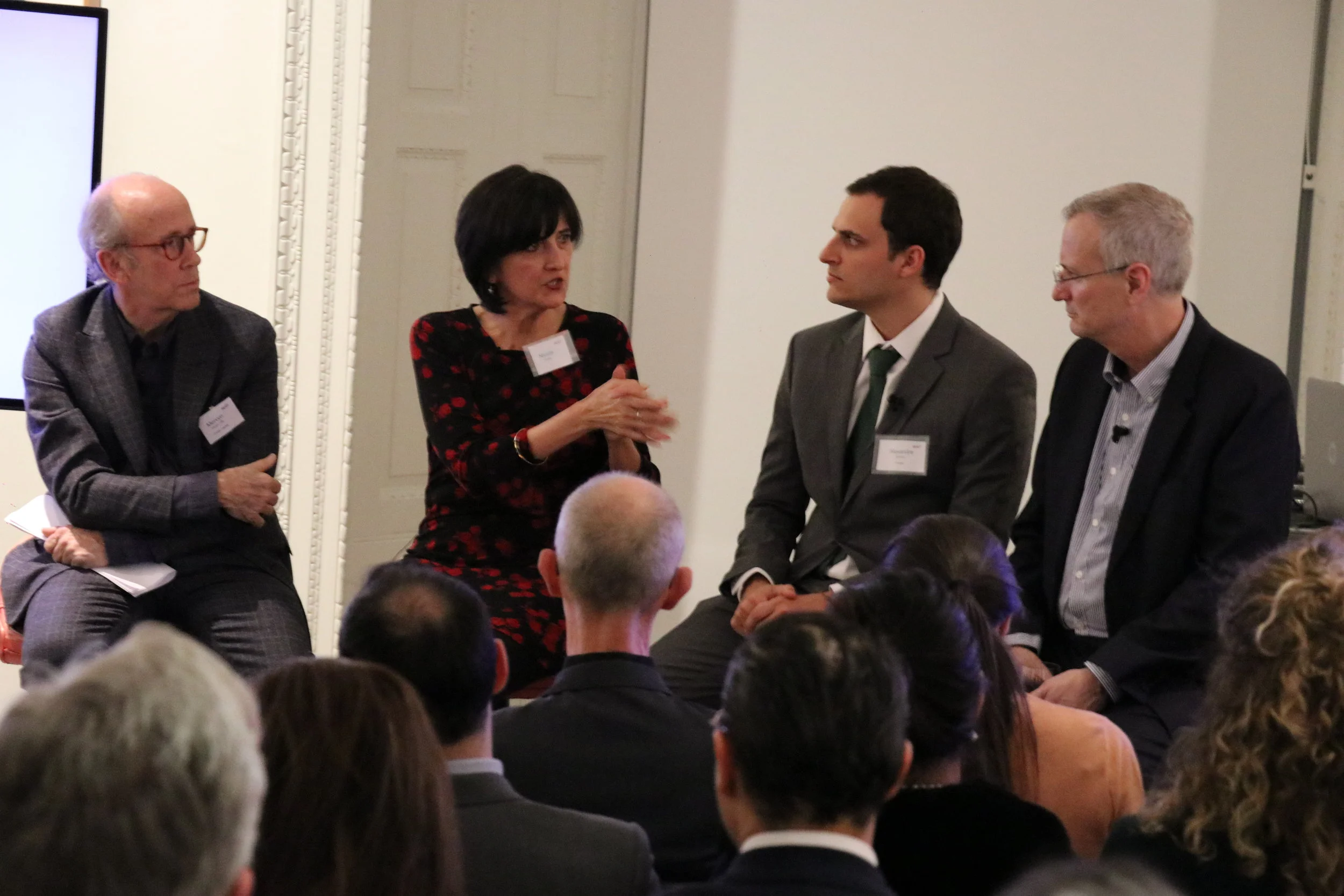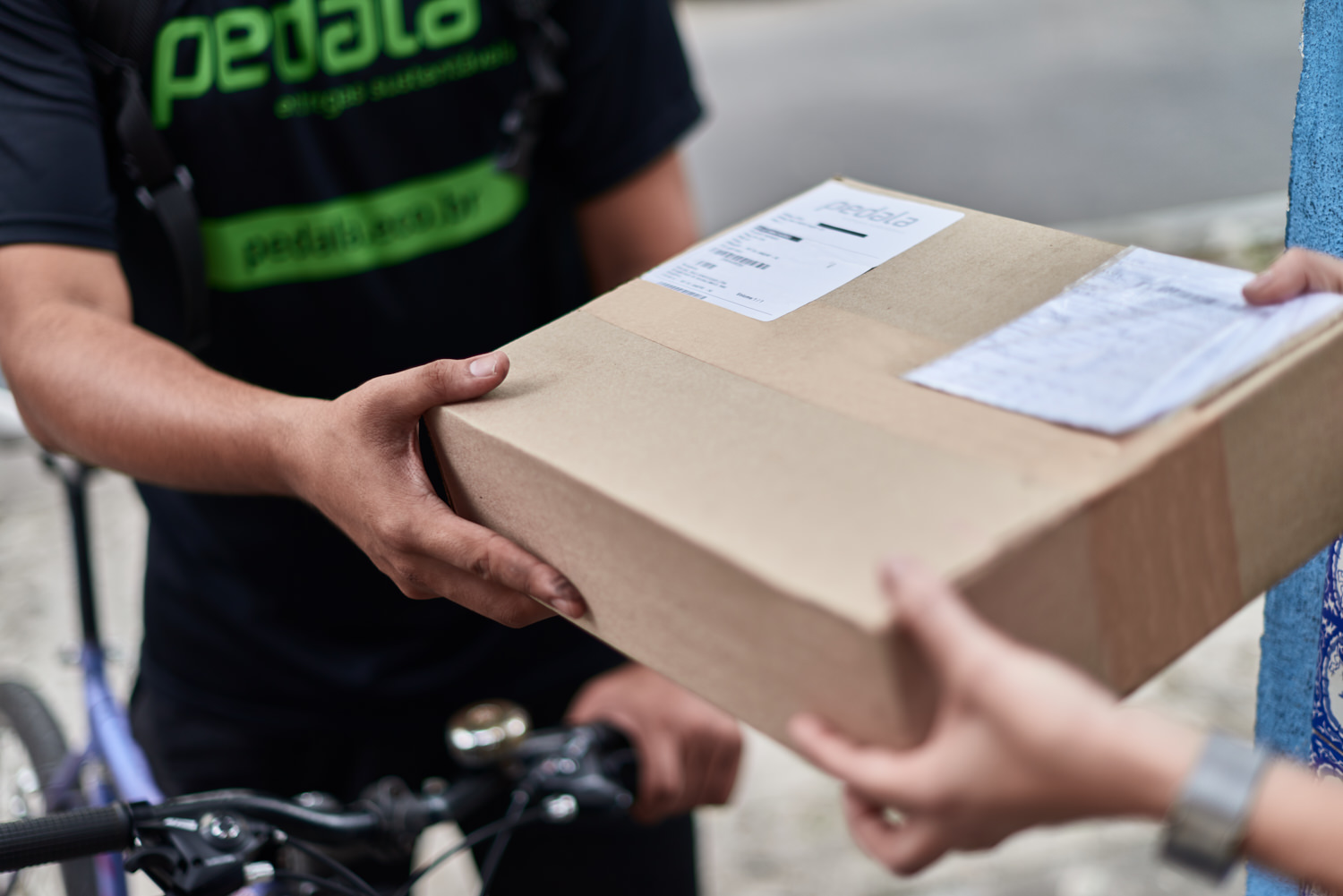On March 7th, investment professionals, philanthropists, strategists and changemakers came together at the Royal Academy of Arts to discuss how to grow the social entrepreneurship ecosystem. Why social entrepreneurship? It’s a sustainable solution for unemployment, environmental degradation, and poverty.
All of us, regardless of our industry, have a role to play.
Lord Davies of Abersoch hosted a panel of three key stakeholders involved in boosting jobs and access to funding in underserved communities: Alexandre Messina, Co-Founder of Pedala (a NESsT portfolio company), Bob Annibale, Global Director of Community Development and founder of Inclusive Finance at Citi, and Nicole Etchart, Co-Founder and Co-CEO of NESsT.
(Left to right) Mervyn Davies, Nicole Etchart, Alexandre Messina, and Bob Annibale | Joye Leventhal for NESsT
Throughout the conversation, what became clear was the need for creativity in the finance sector.
For example, financial institutions can work with nonprofit and socially-driven organizations to create tailored packages of patient capital for social enterprises. The same tactics and financial modeling, that are used to make any project feasible, from real estate to petroleum, should be applied to social enterprises. The outcomes may be different, but what’s certain is that crafting the right blended capital package is the key to propelling a greater number of startups into fully-scaling businesses.
Businesses that engage low income communities require long-term funding; however, funding for these businesses is lacking around the world. Loans are often expensive and lack flexibility, focus on short-term cash flow and come in the form of equity investments, which many entrepreneurs are reluctant to engage with.
Many established lenders will not even consider deals below $500,000 USD, leaving social enterprises with few options, including predatory lenders.
In 2018, NESsT decided to become that lender after noticing that entrepreneurs in our incubation program were not growing because of a lack of impact capital.
We launched our first fund, designed with a flexible structure that can provide long-term loans at reasonable terms to enterprises operating in the poorest communities. The NESsT fund targets investments to 80 enterprises generating employment for 30,000 vulnerable individuals in Brazil, Chile, Colombia, and Peru, with loans averaging $200,000.
“I appreciate this type of thought leadership amongst institutional investors, specifically investment professionals driving impact lending and investing to unconventional clients that require the next stage of growth. There needs to be a shift in the space in order to drive best practice in this sector further.”
Alexandre Messina traveled from Rio de Janeiro to share more about how his social enterprise, Pedala, benefits from the patient capital and business mentoring provided by NESsT.
In the next year, Pedala will expand from Rio de Janeiro to São Paulo with NESsT providing the working capital to meet demand and with the business mentoring it needs to strengthen its impact measurement.
“Without NESsT, Pedala would be half the size it is today.”
View the rest of Pedala’s photo essay.
When social enterprises thrive, people like João thrive too.
João, a young man in his early twenties, was eager to start a new life after spending time in prison, but being released with an ankle bracelet made it difficult to secure a job. He faced rejection after rejection. Employers were reluctant to become responsible for his probation paperwork and were concerned about their customers’ discomfort.
Pedala hired him after a successful interview. Within a few months, João was completing the highest number of deliveries in the company. With Pedala’s support, he met his probation requirements and overcame his drug addiction. After a year and a half, João had saved enough money to enroll in a local university. Now, João is a full-time student studying business administration.
We can reduce the prevalence of poverty once we solve the root causes to unemployment in our communities.
For many in João’s situation, employment is what stands between successful reintegration into their communities or prison. Job placement programs are known to reduce rates of recidivism and the poverty trap of legal fees. (Harvard Law School, 2016)
So to all of you that joined us that evening, and to those that will join us in the future, we look forward to investing with you to expand the job and income generation opportunities for marginalized communities.
Let’s work together to keep the momentum going, and build the ecosystem that enables people to feel valued and justly compensated for their work.
Enjoy the photos of the evening!
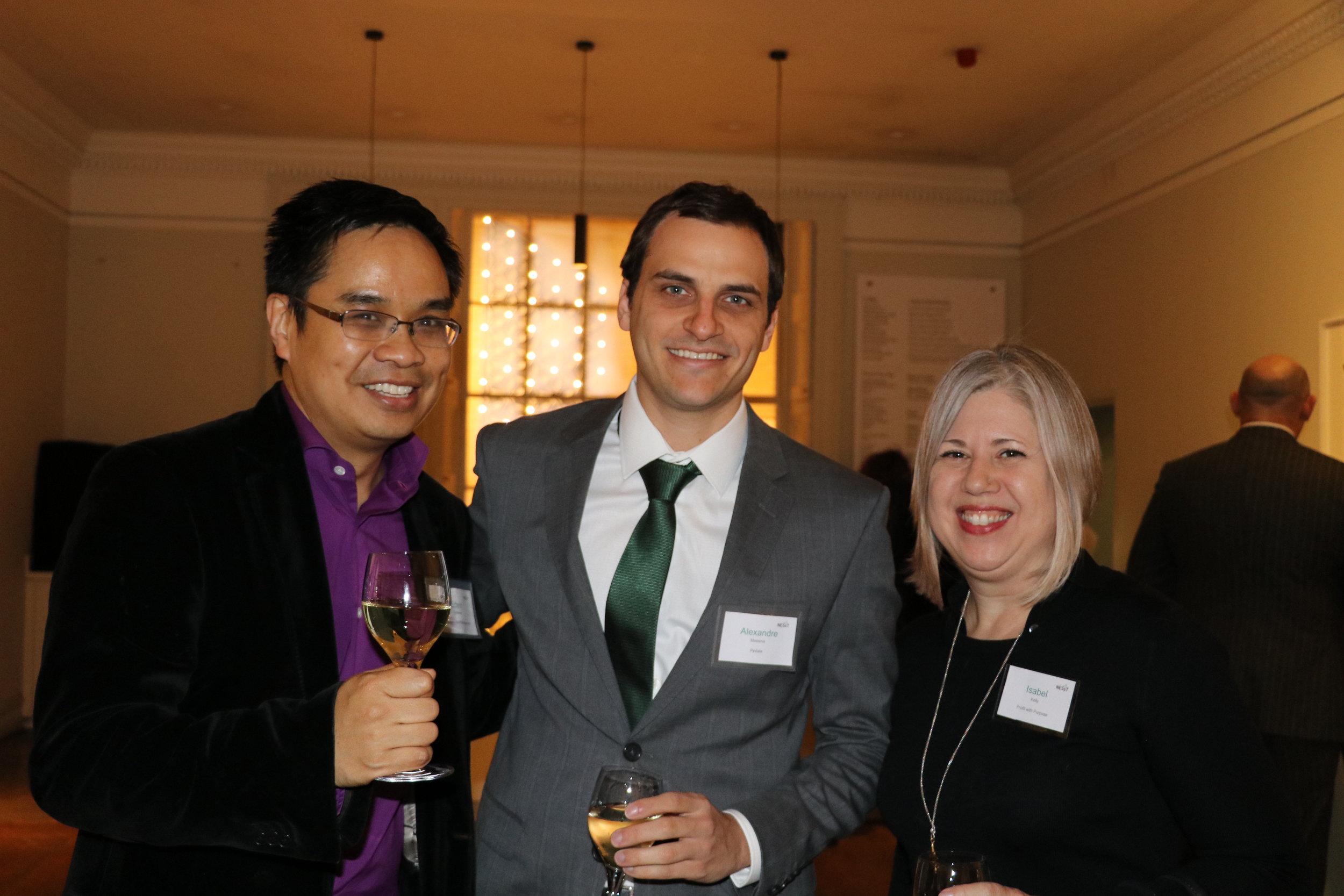

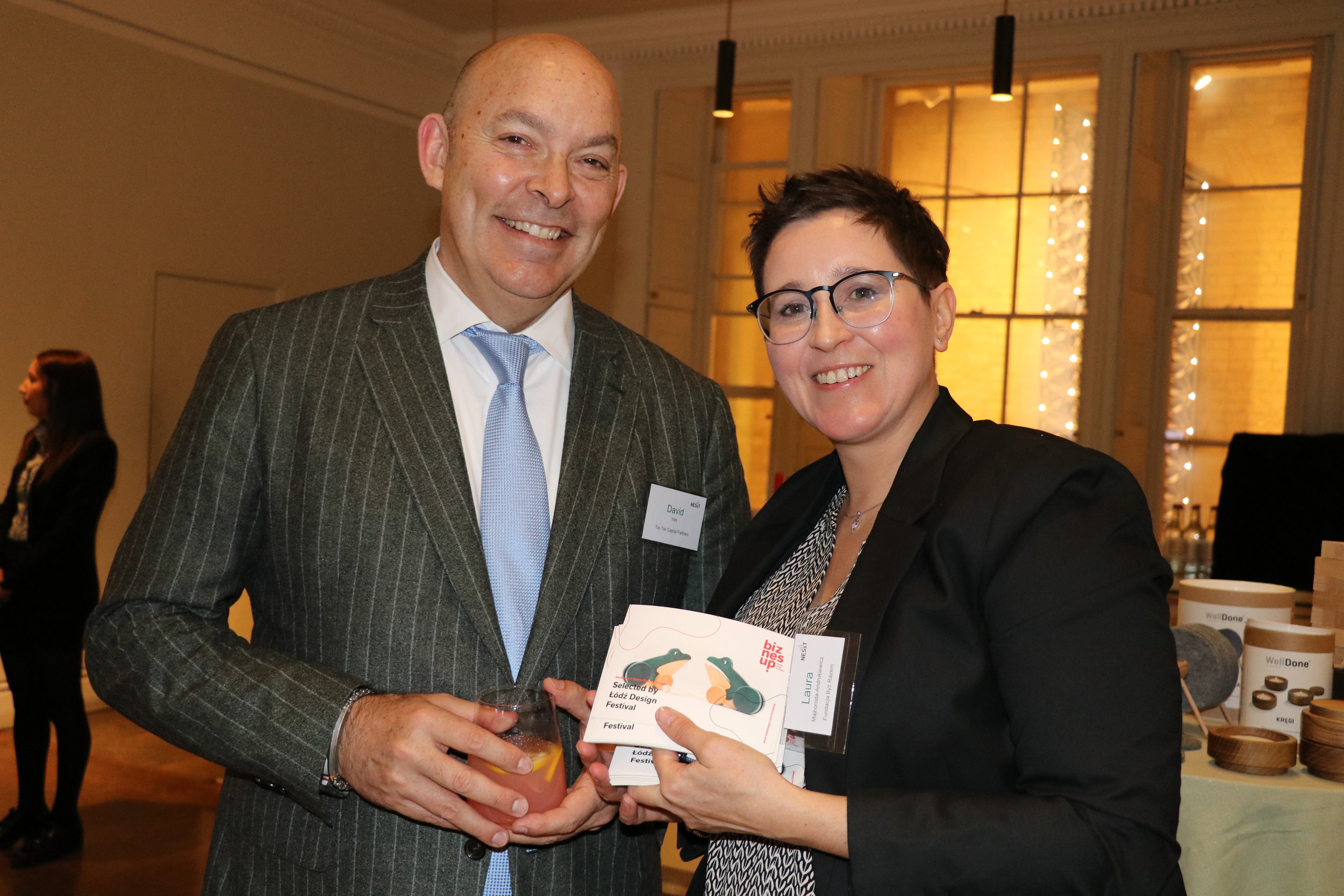
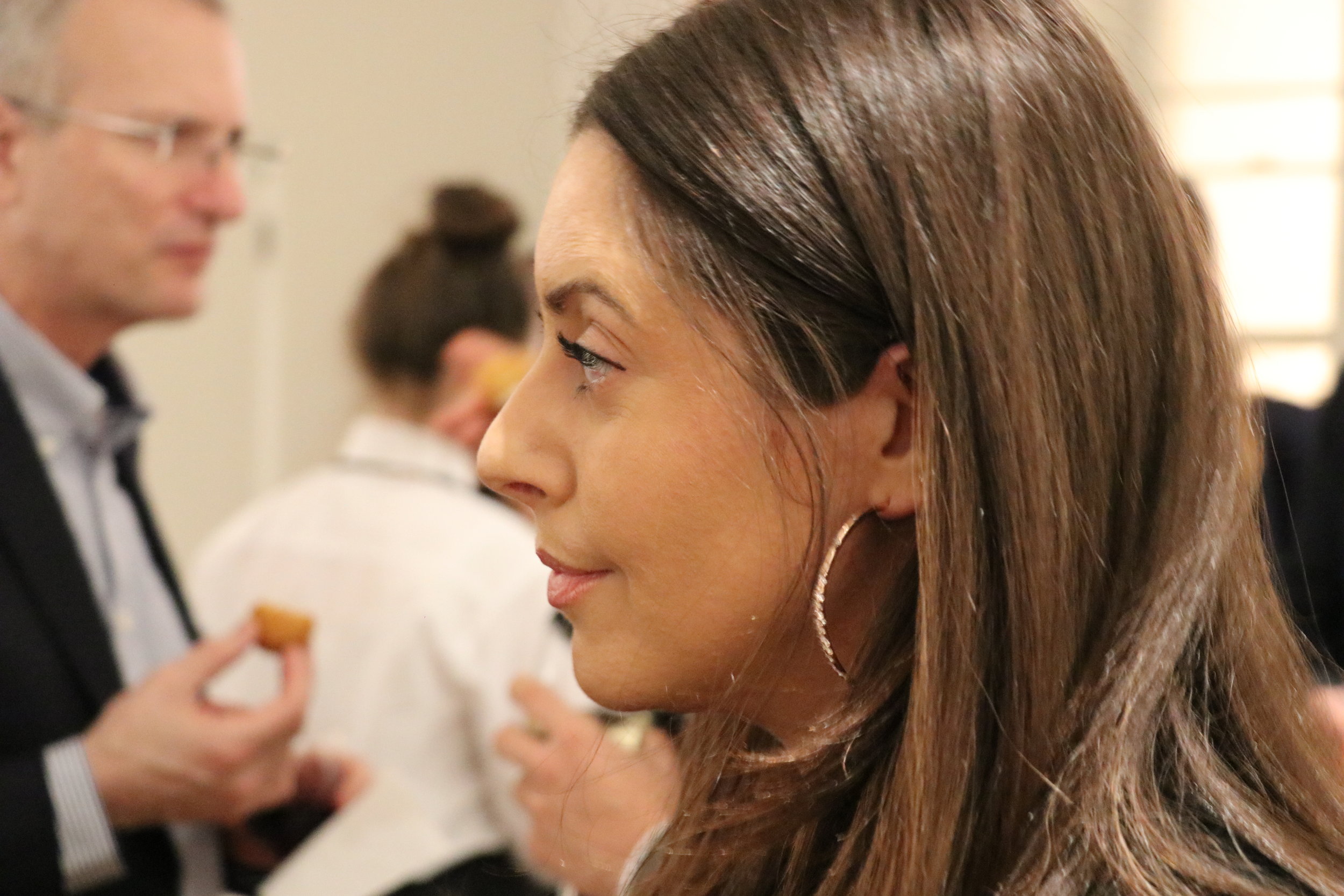
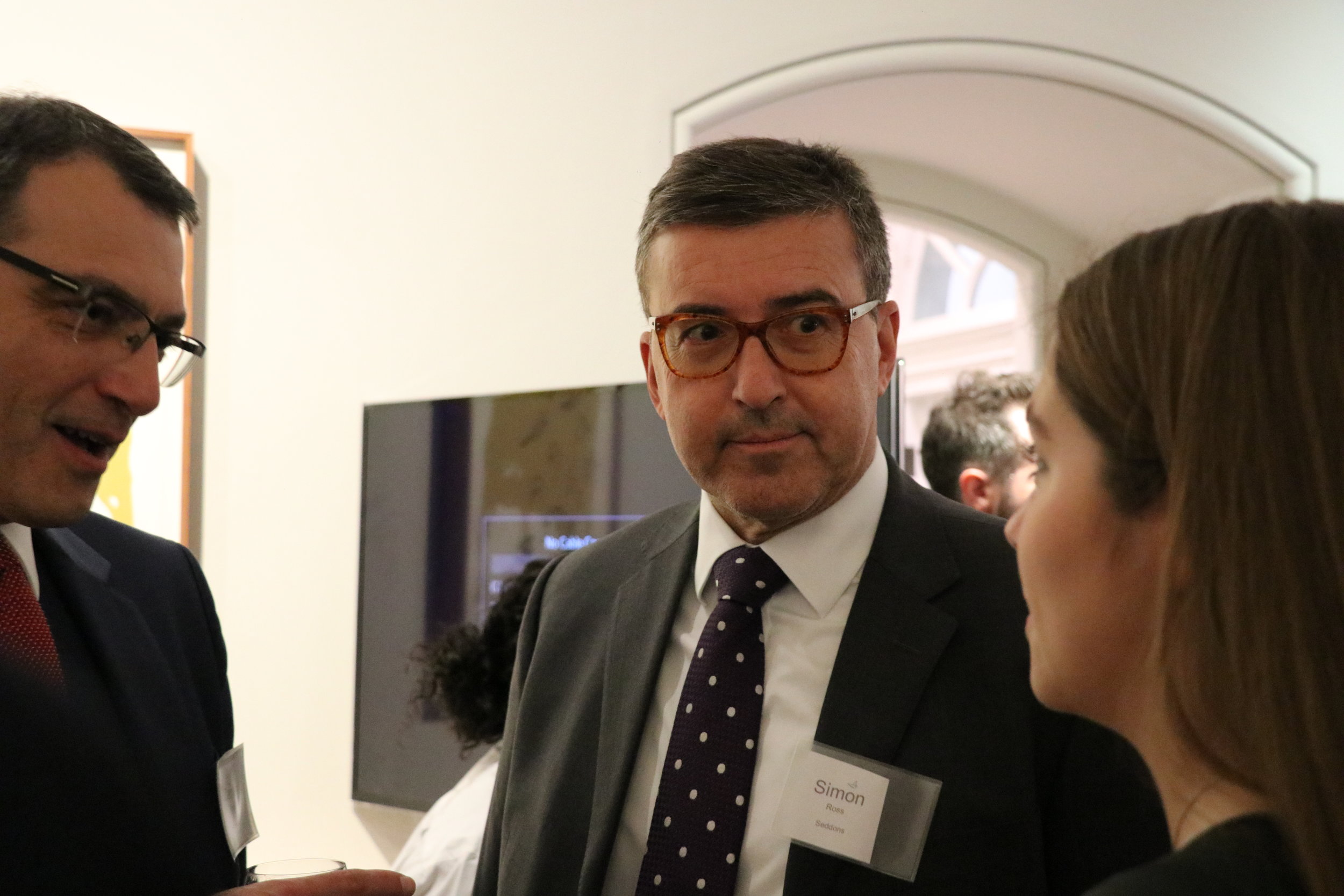
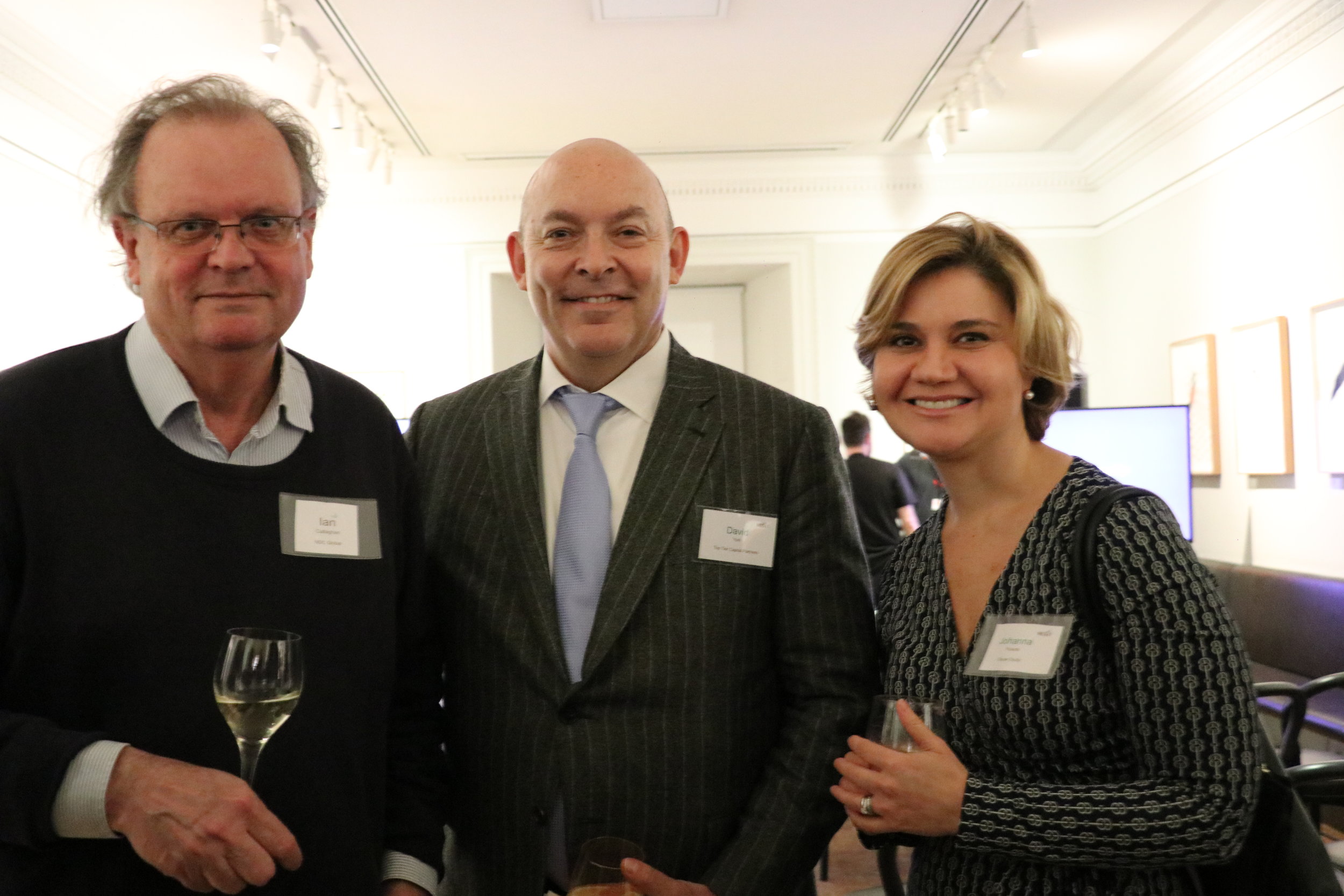
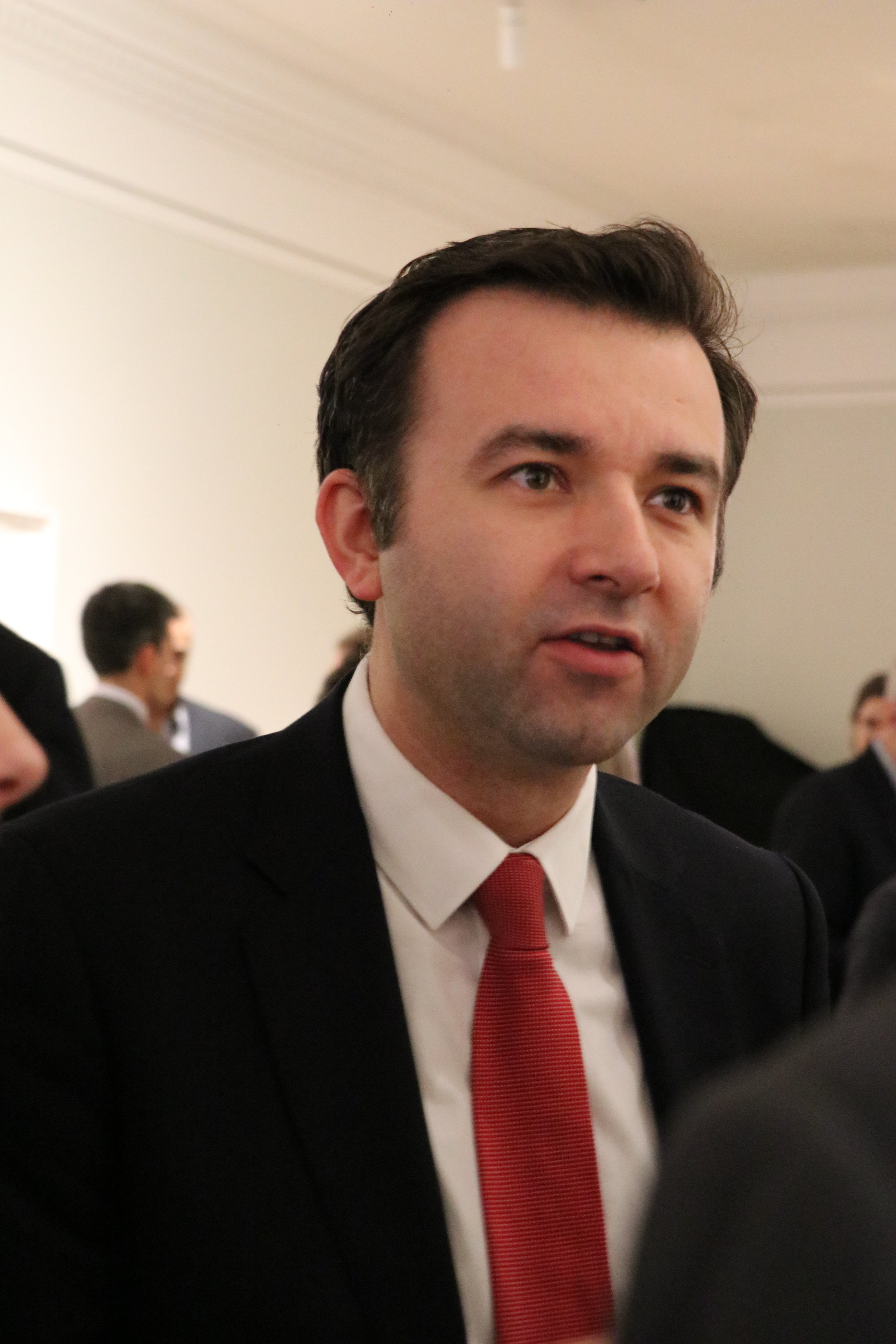
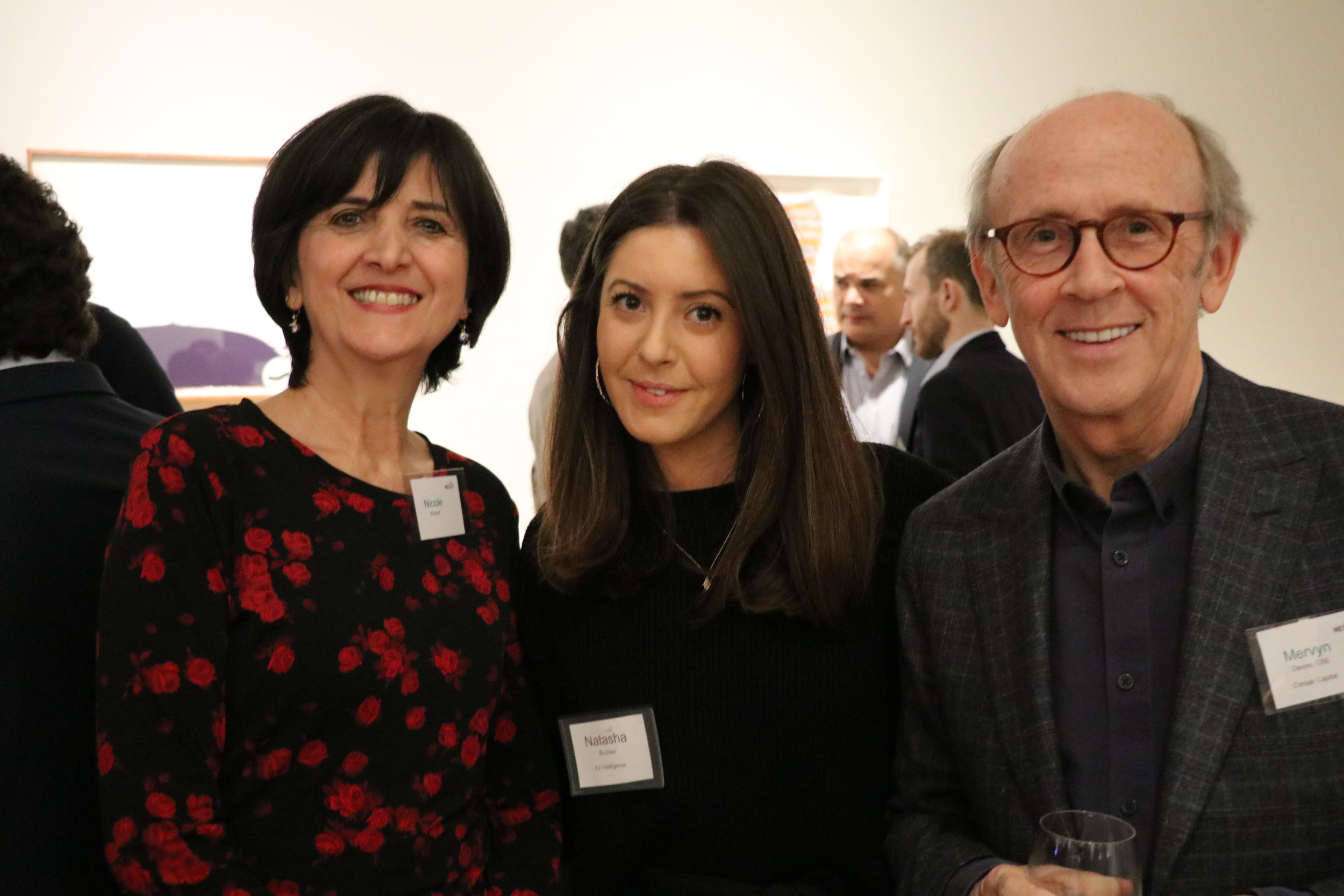
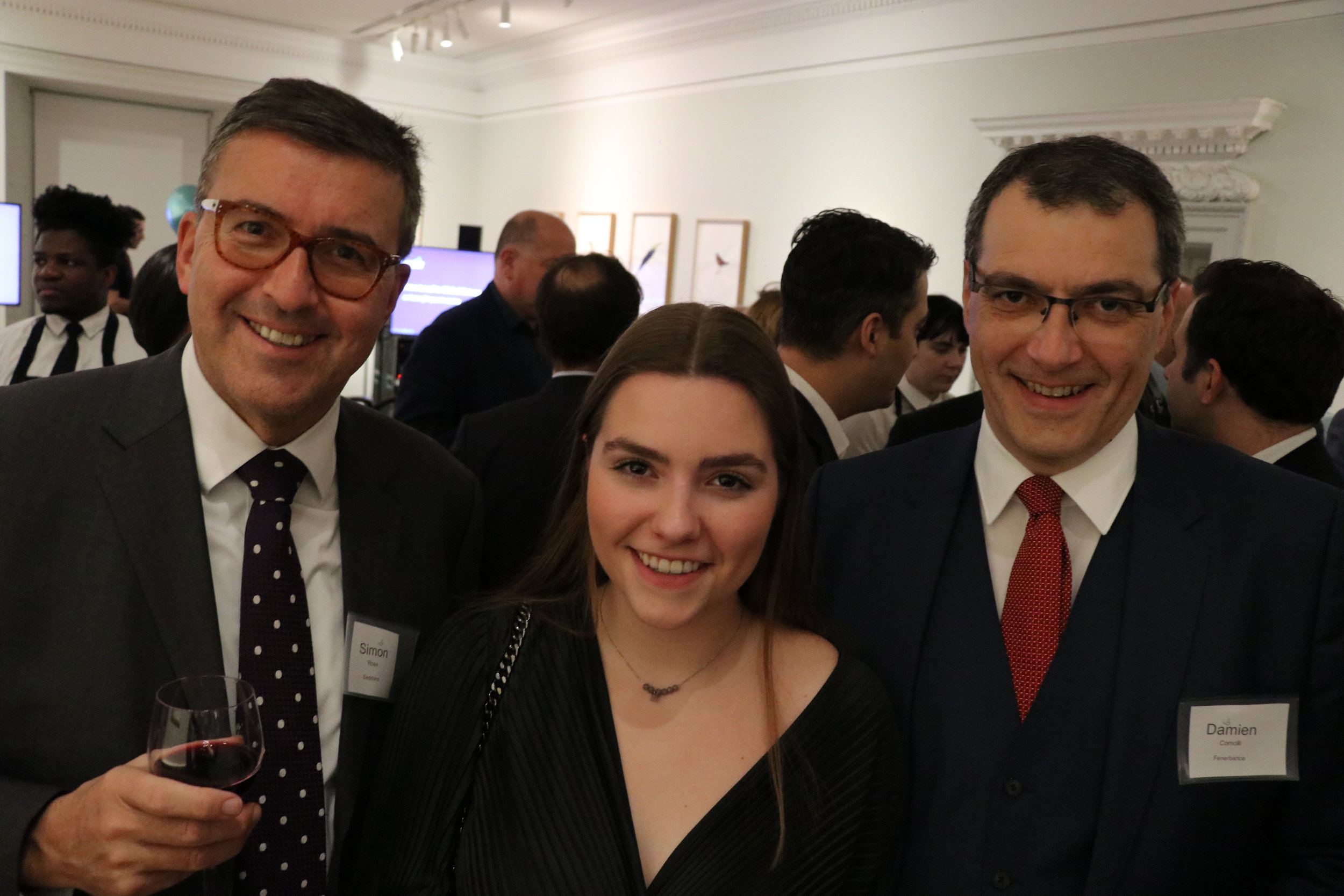
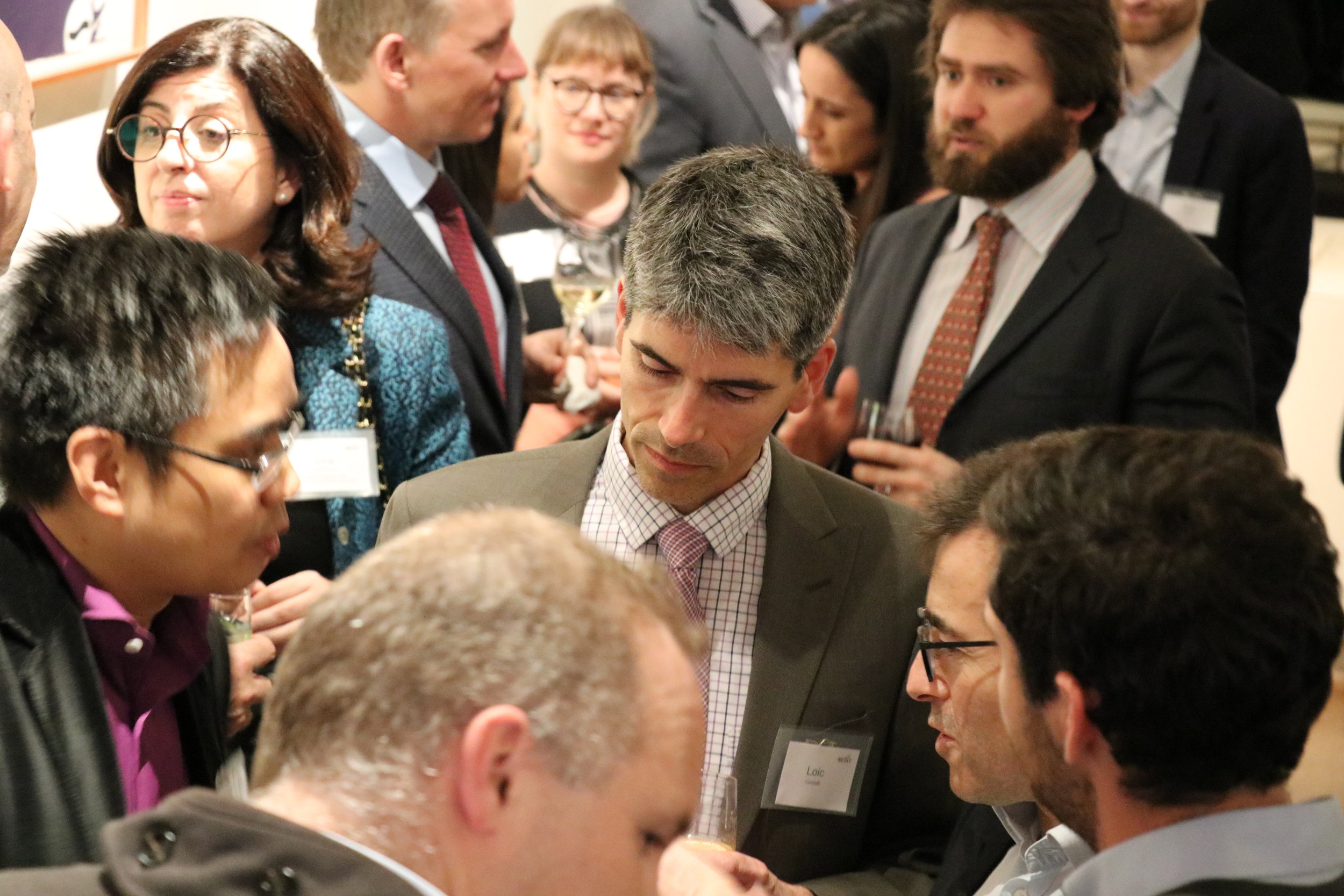
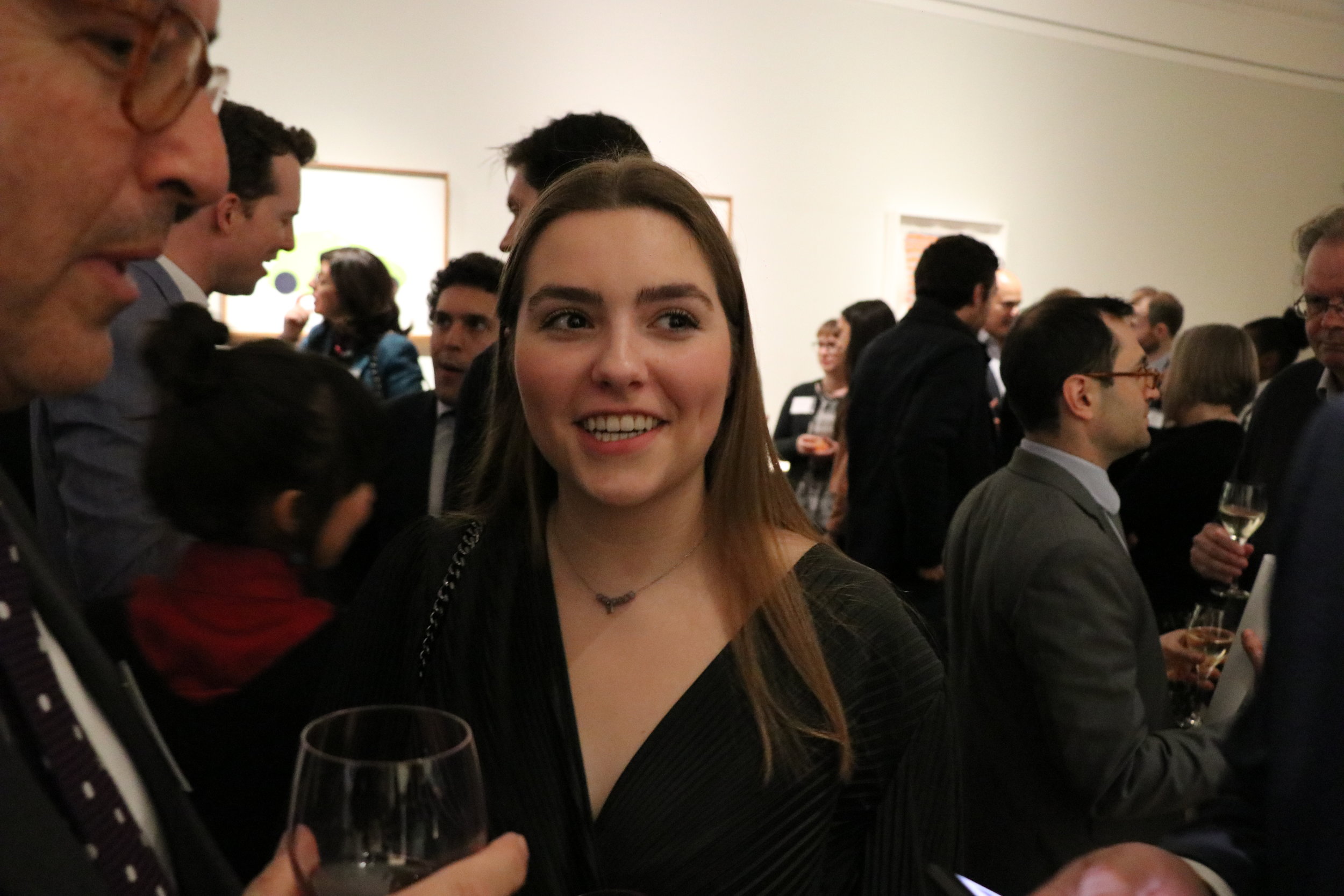
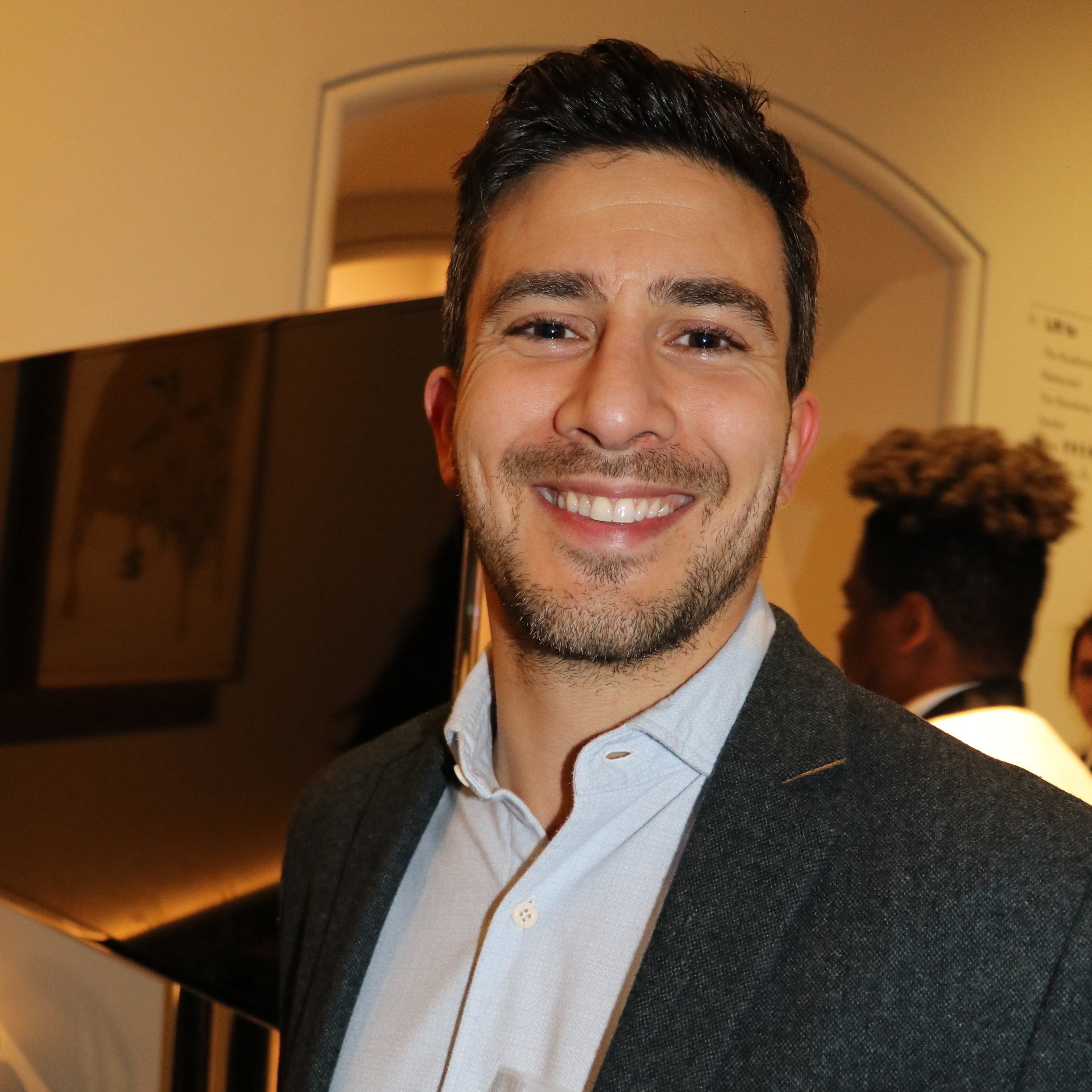
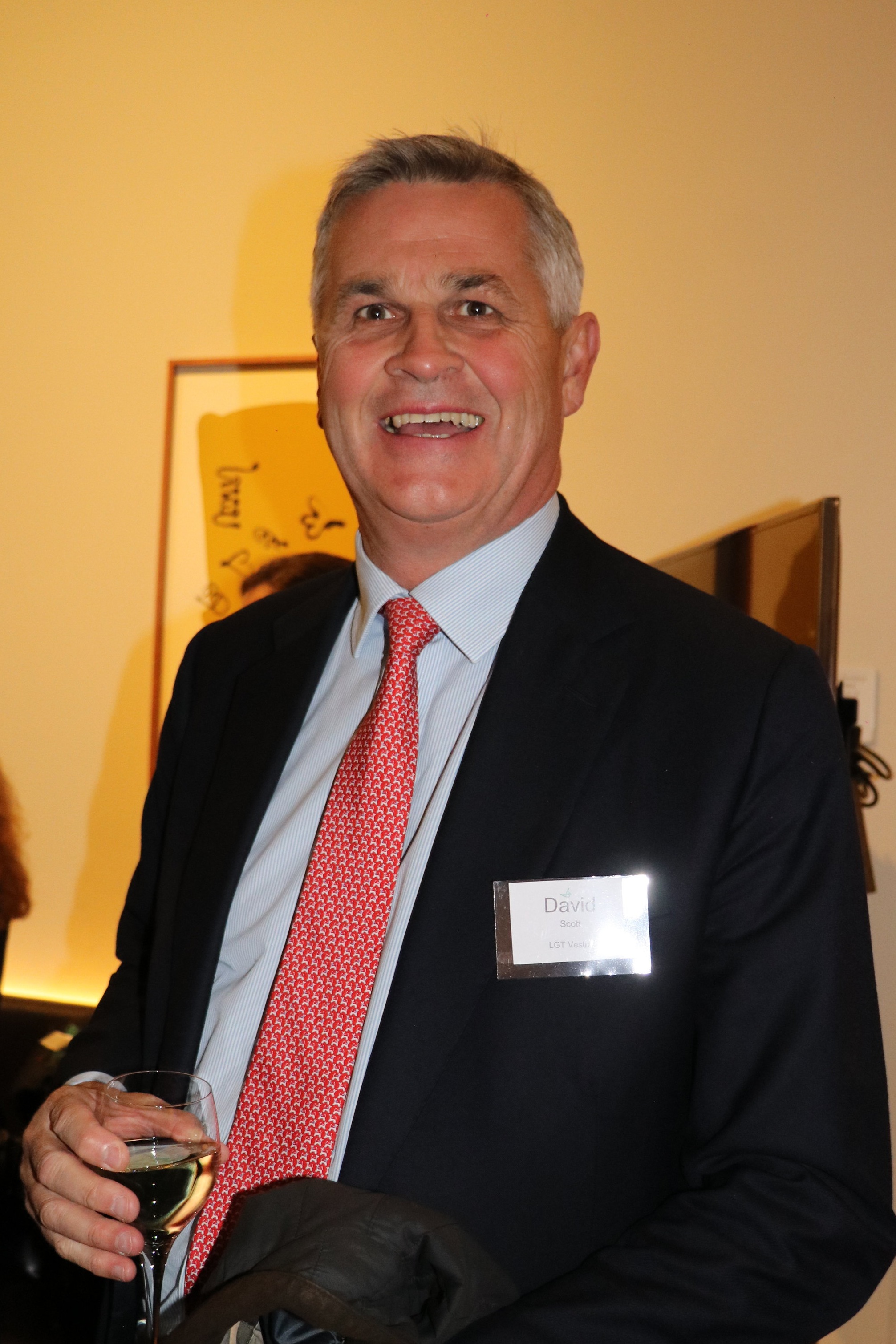
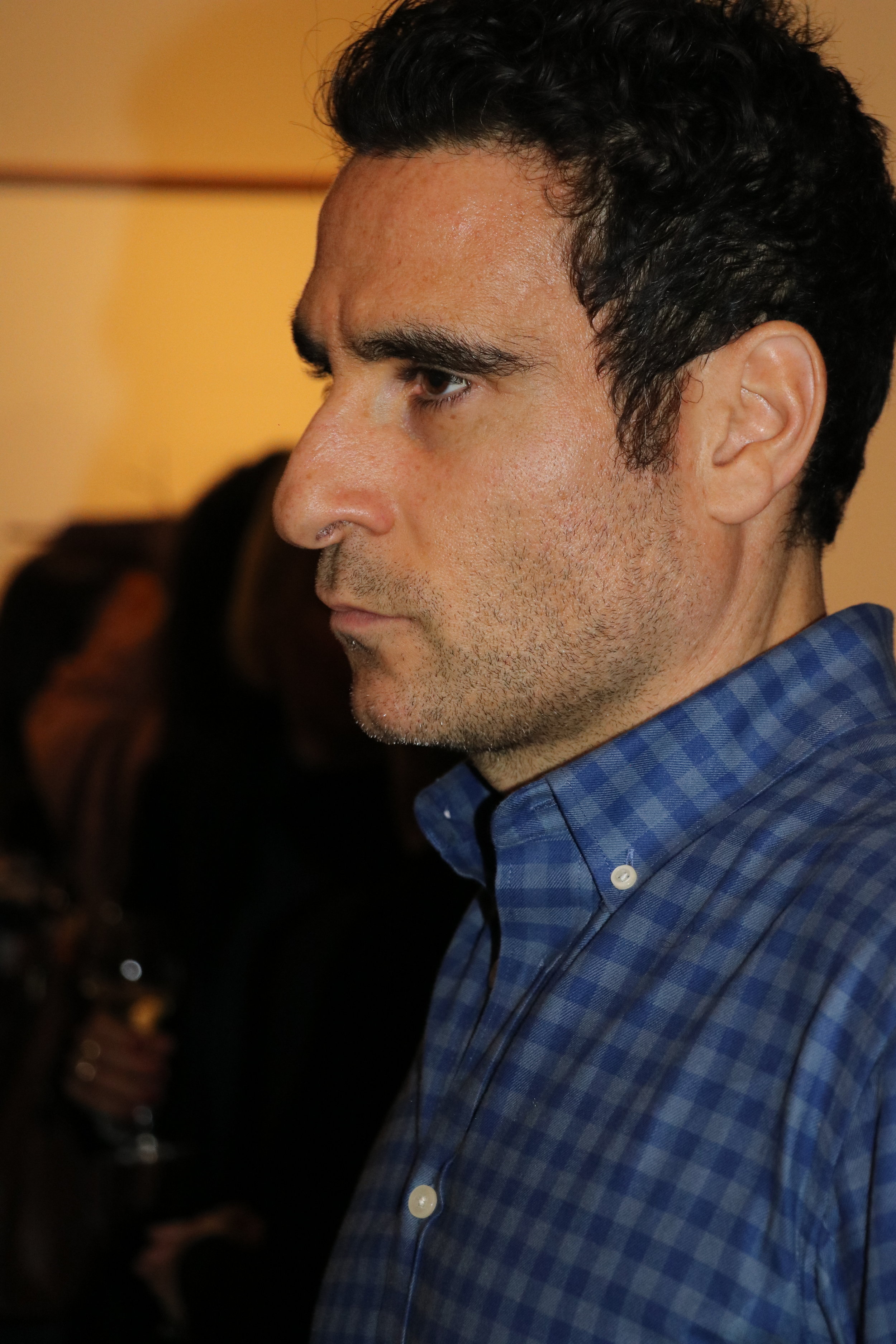
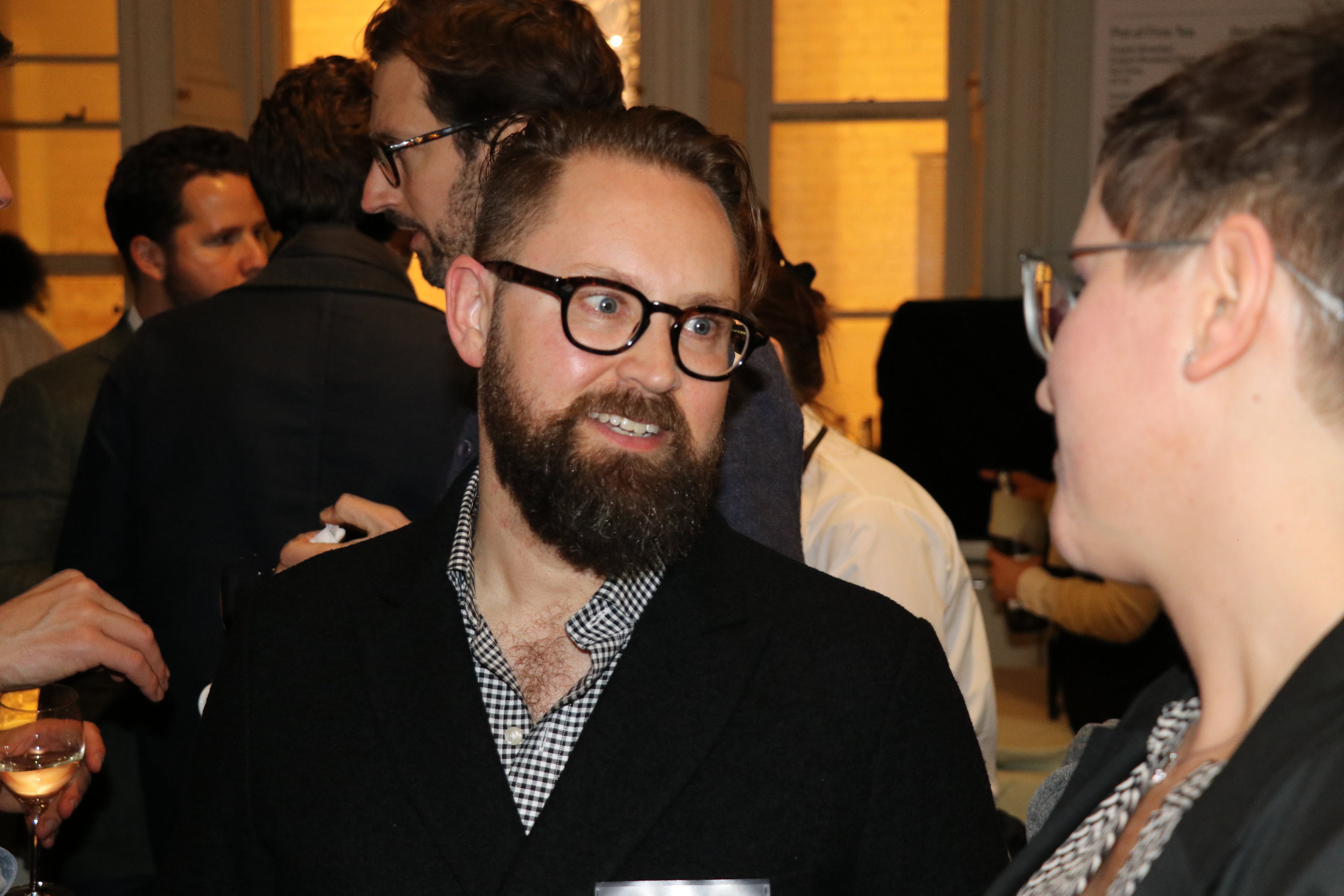
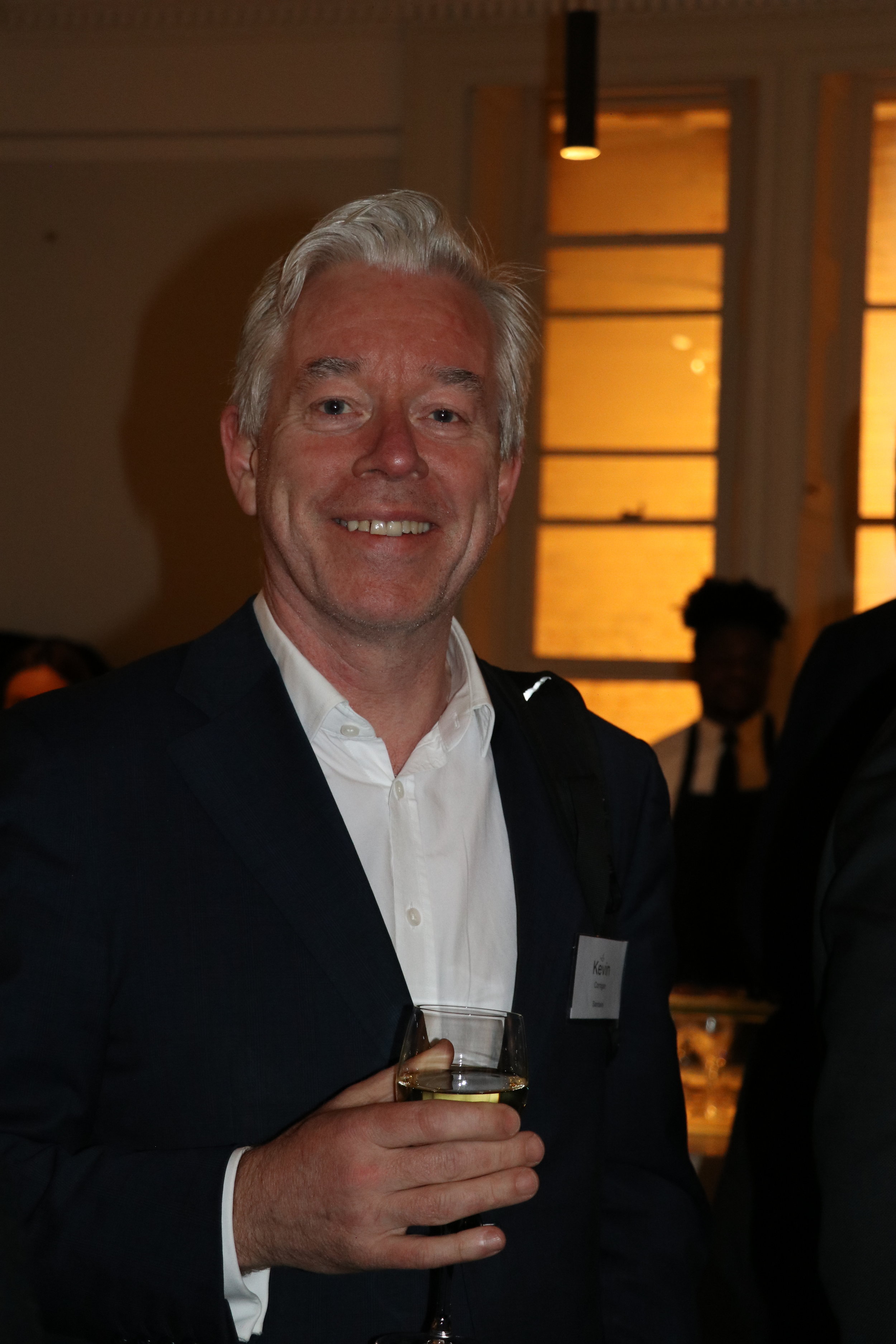
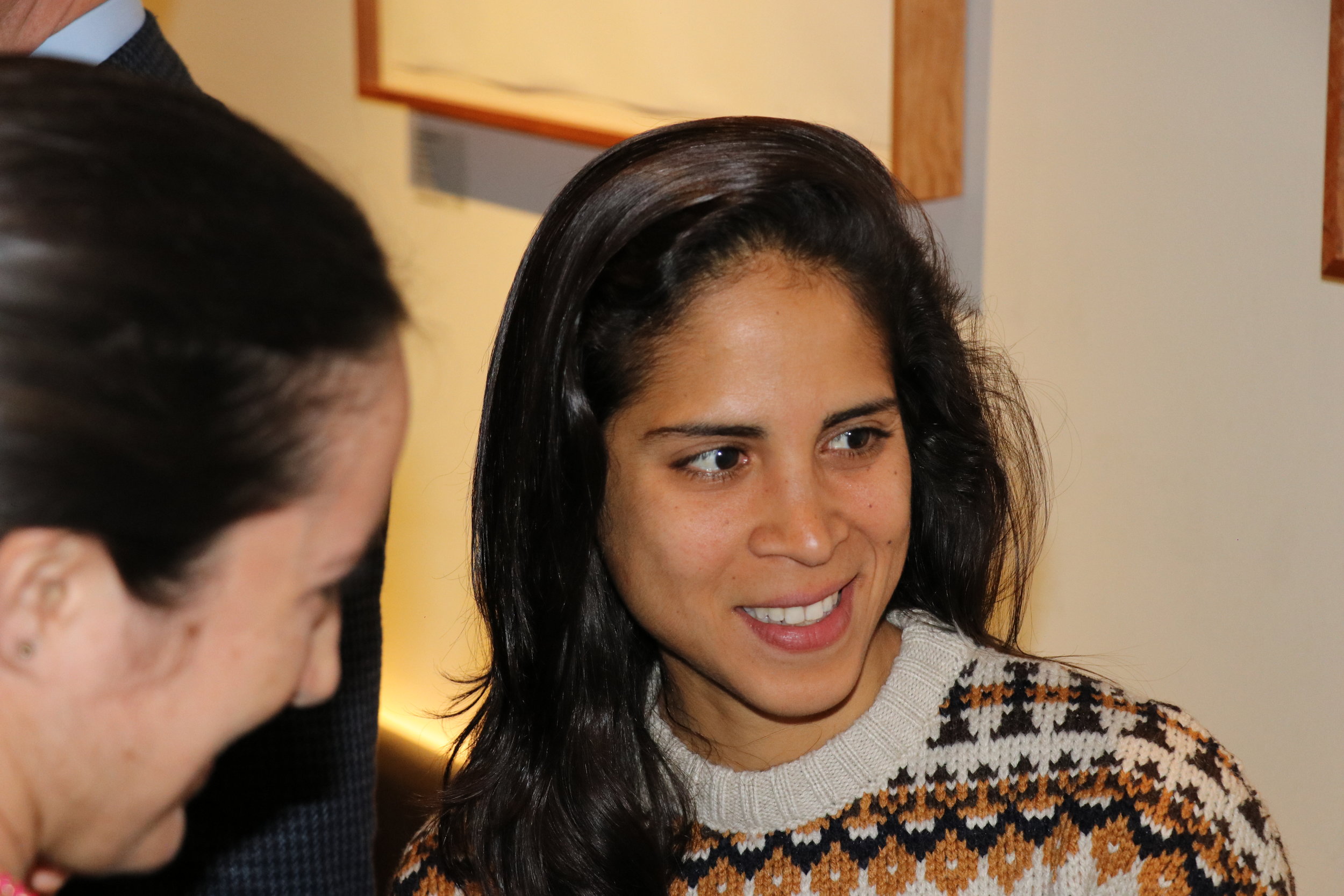
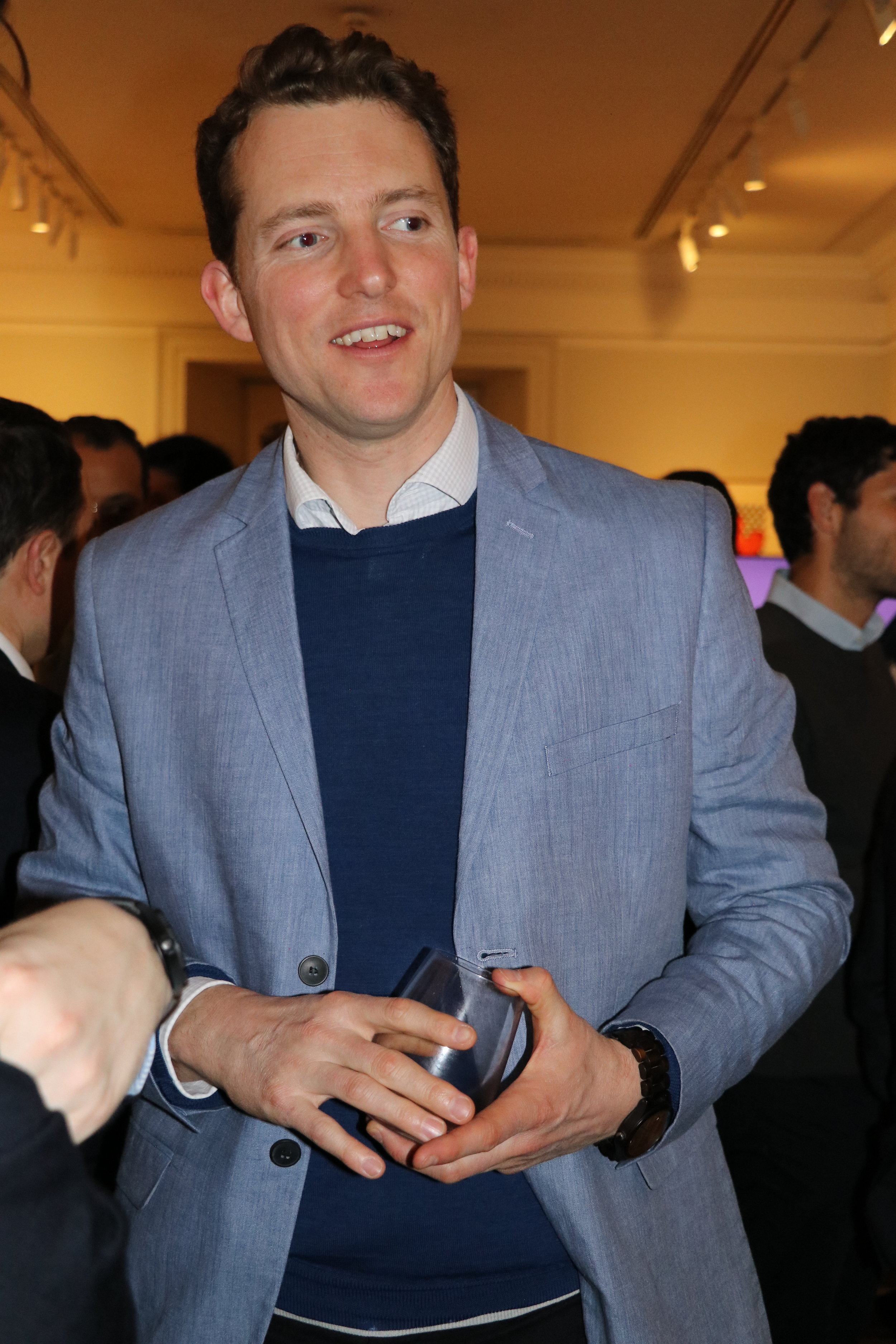
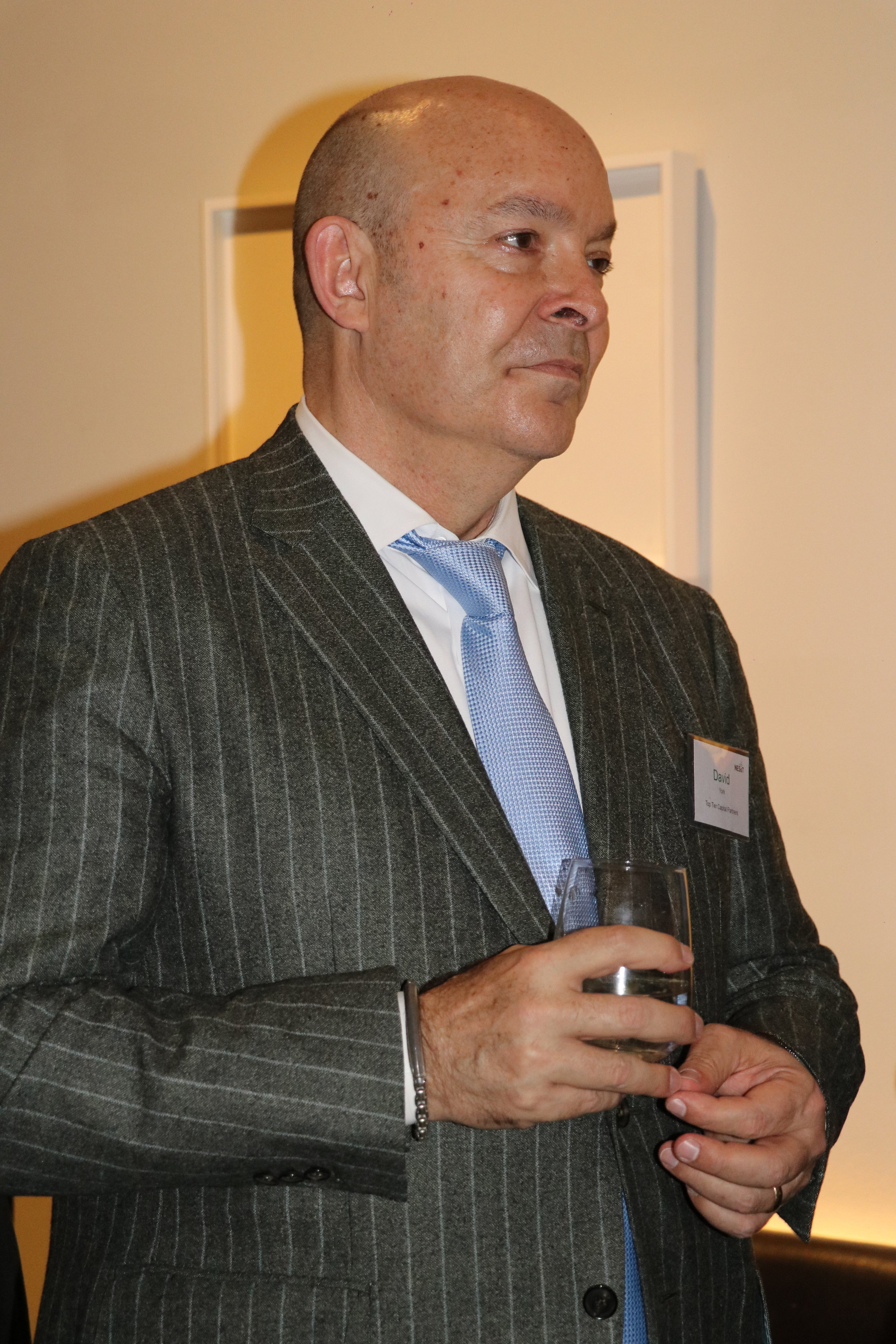

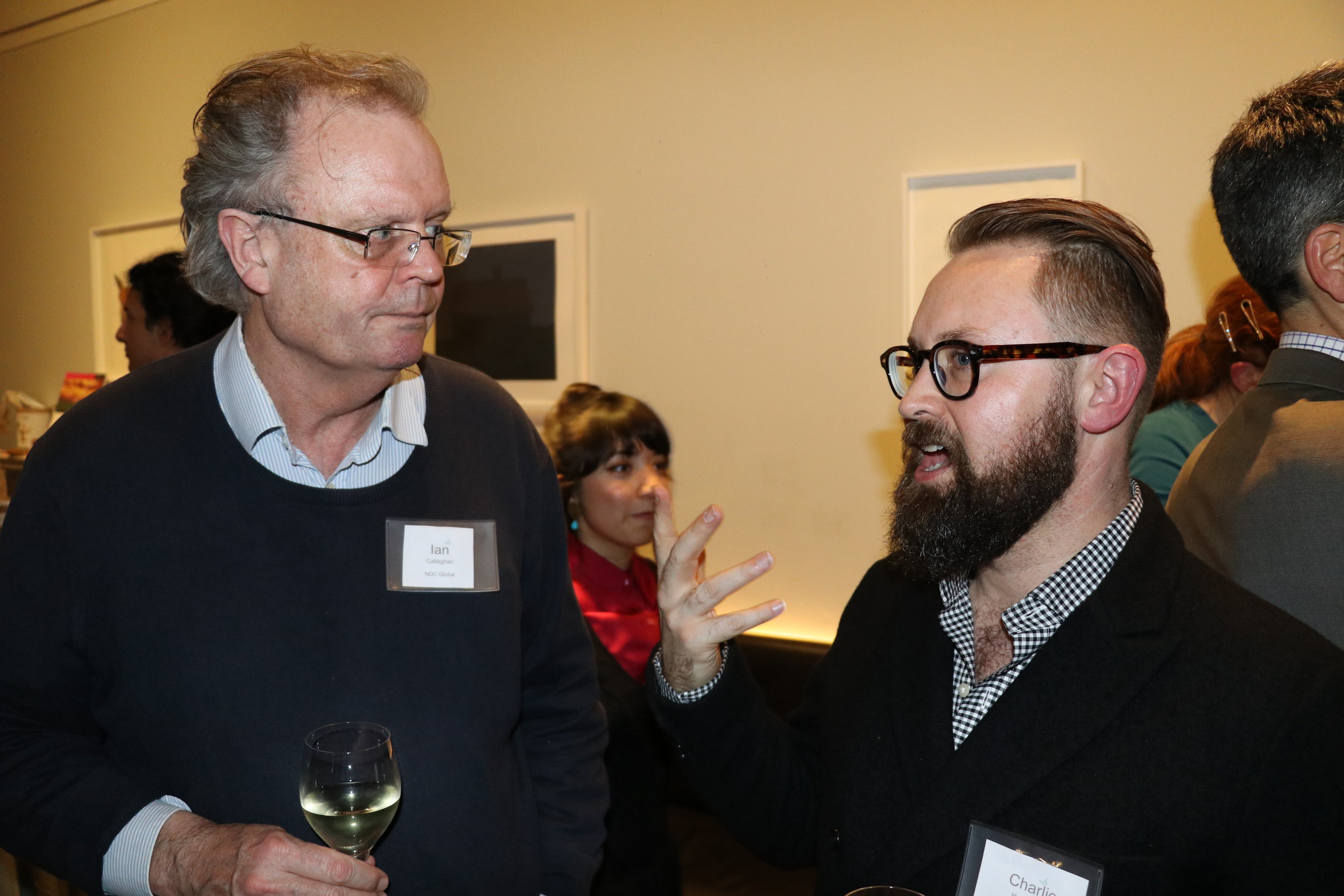
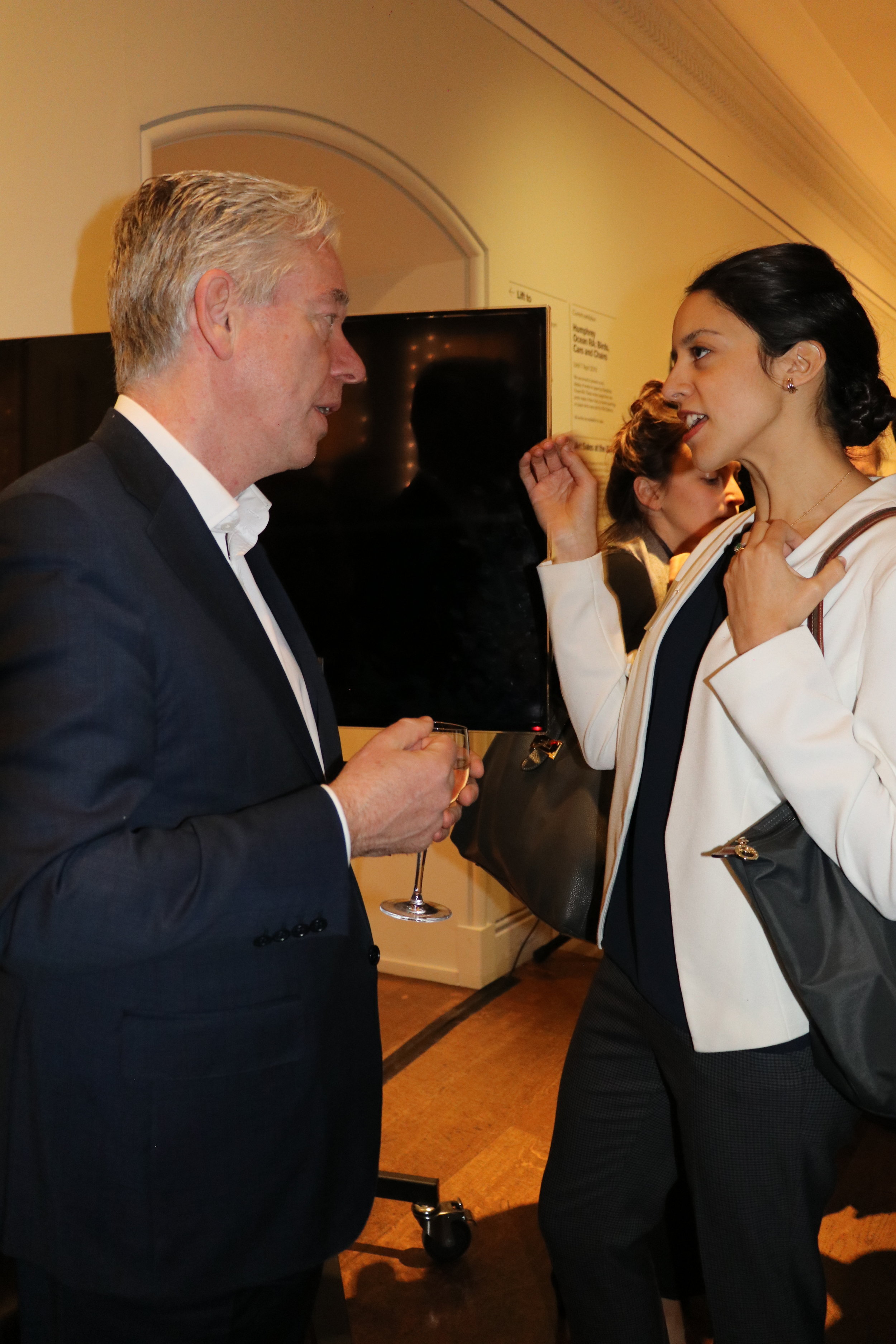
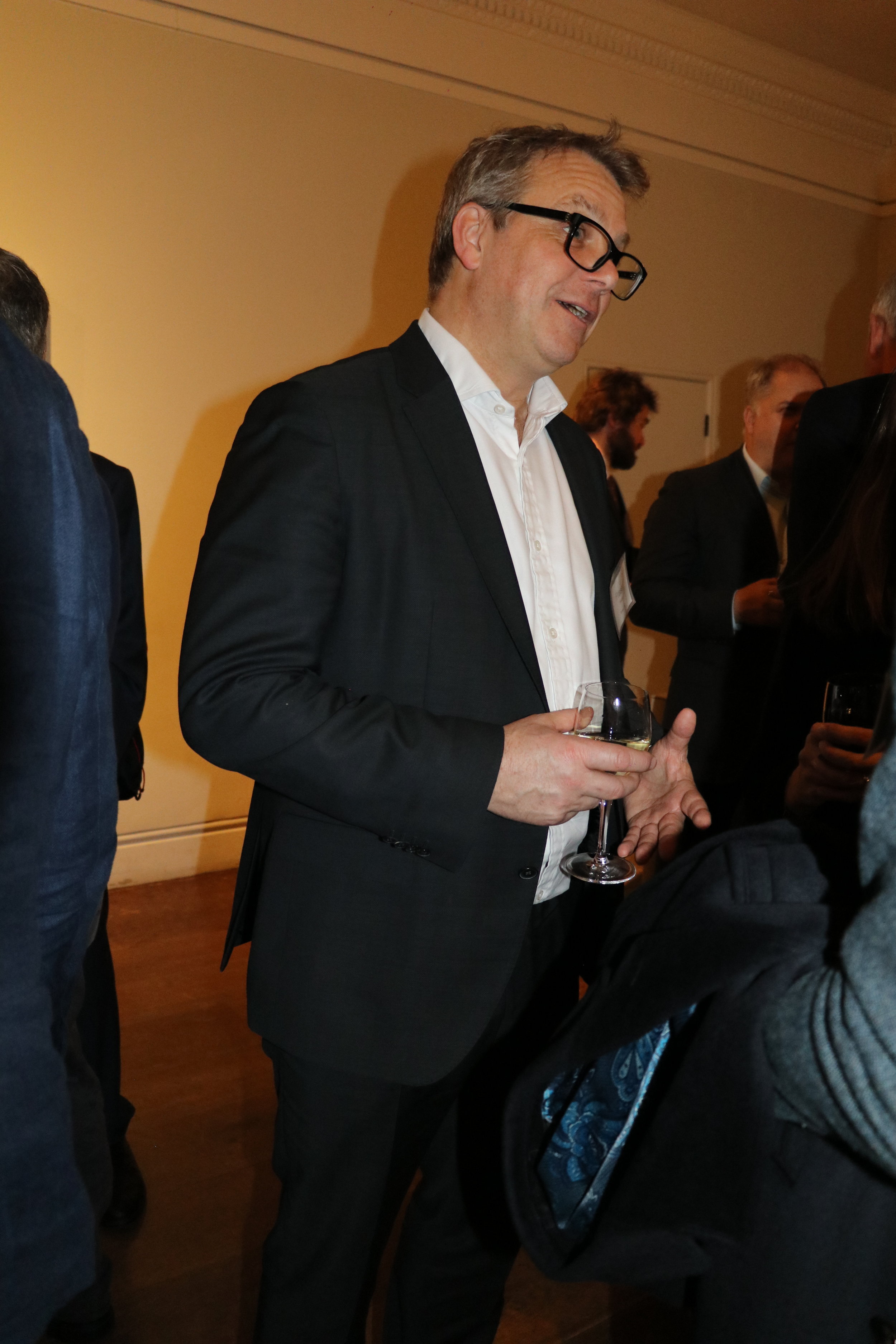

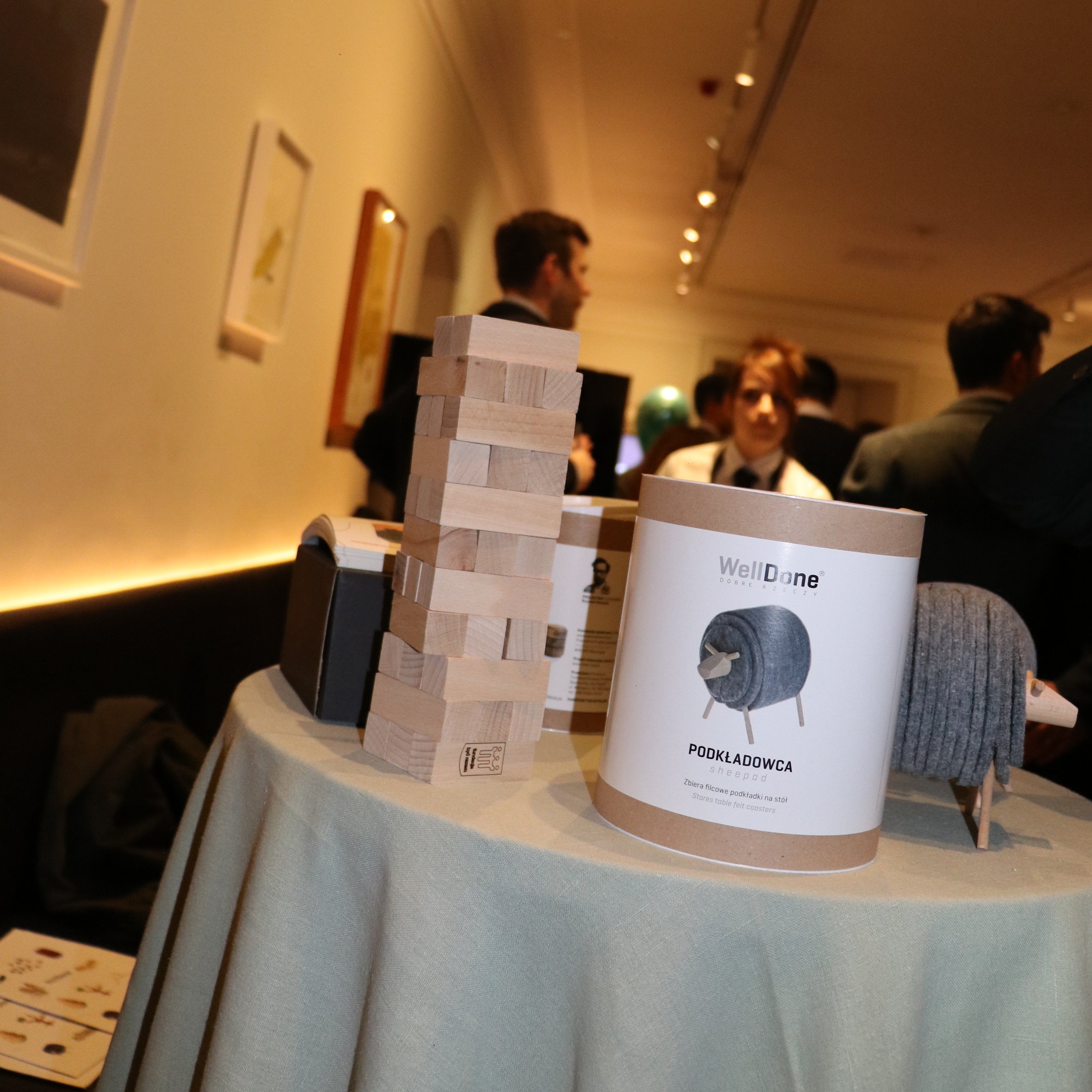
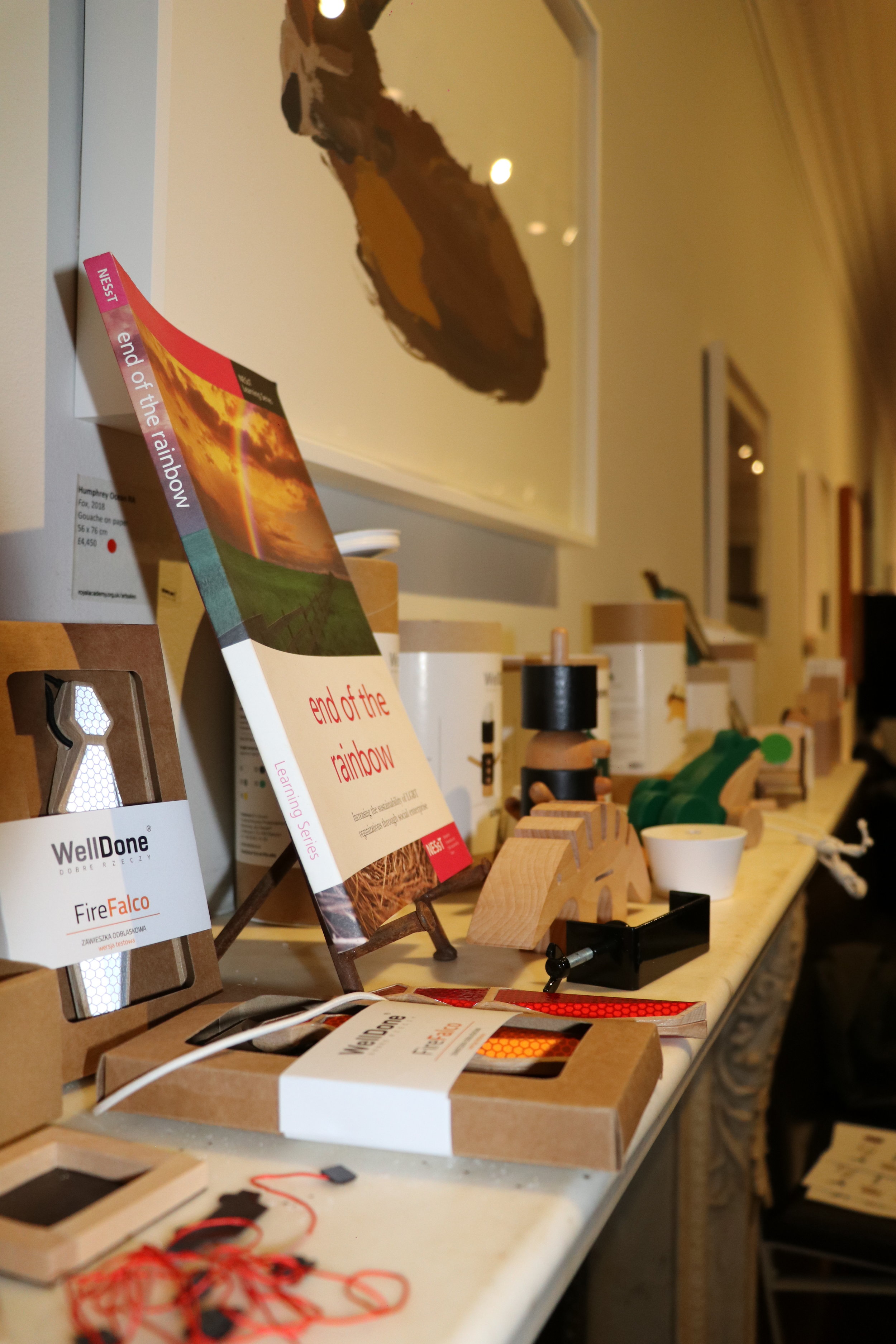
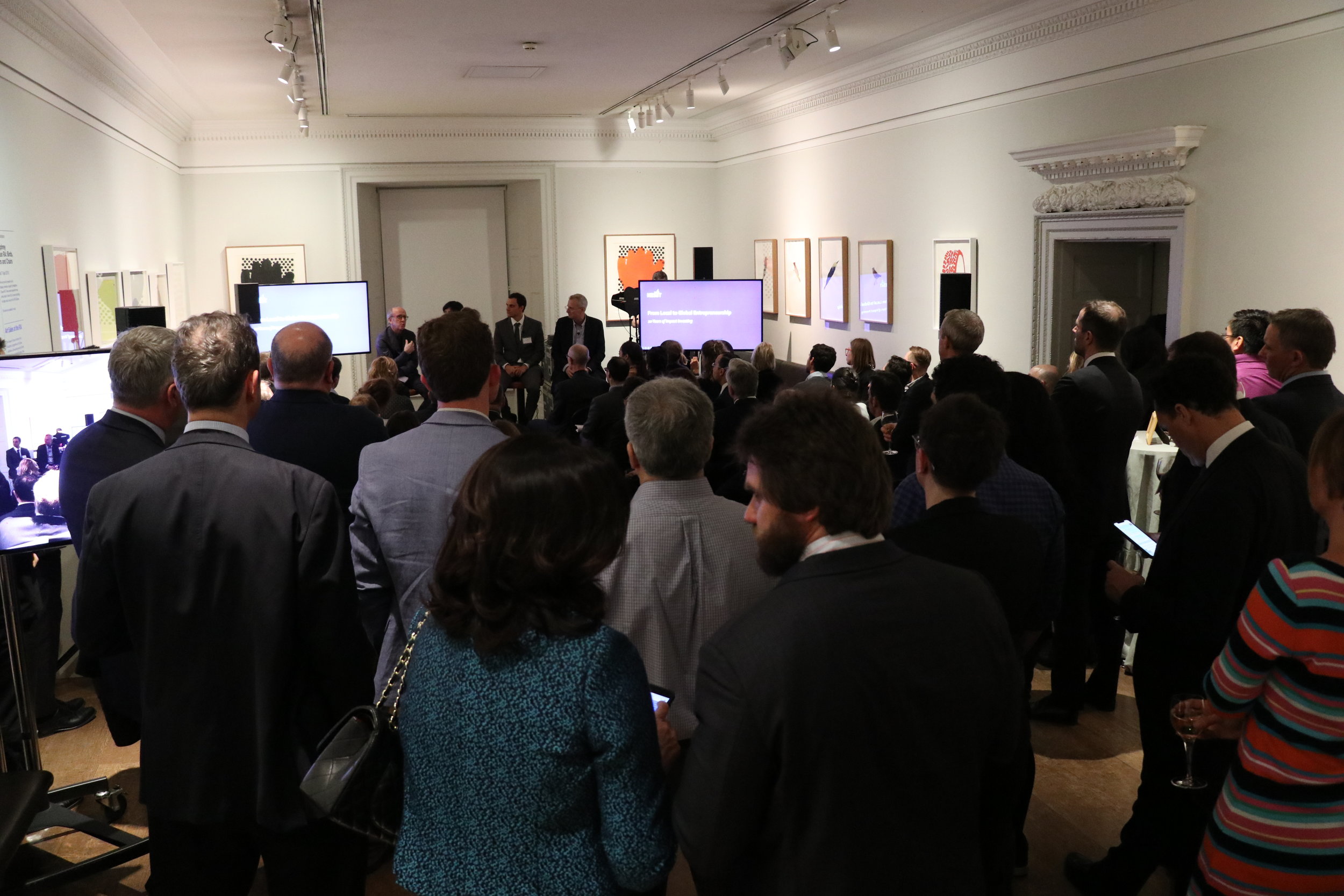
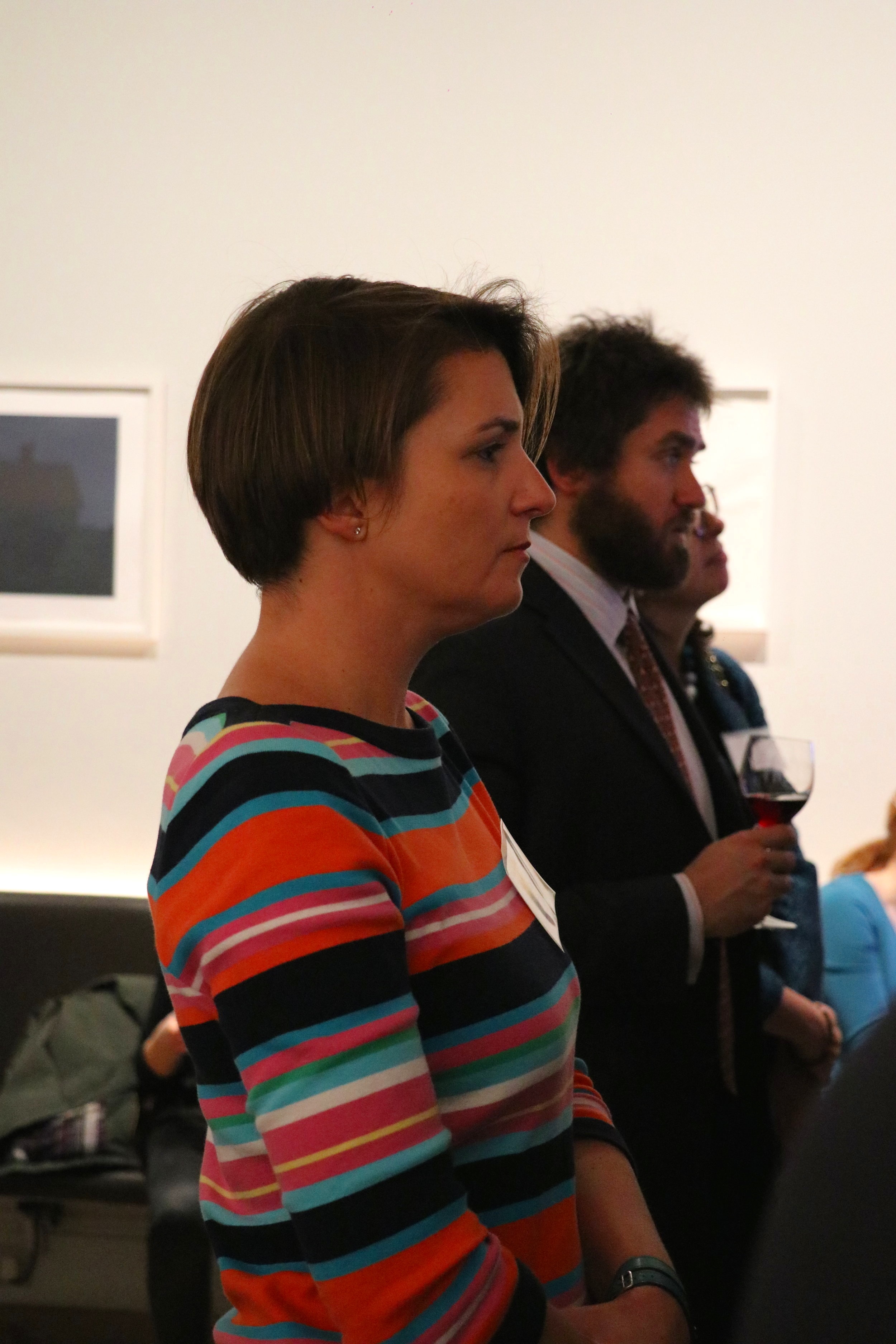
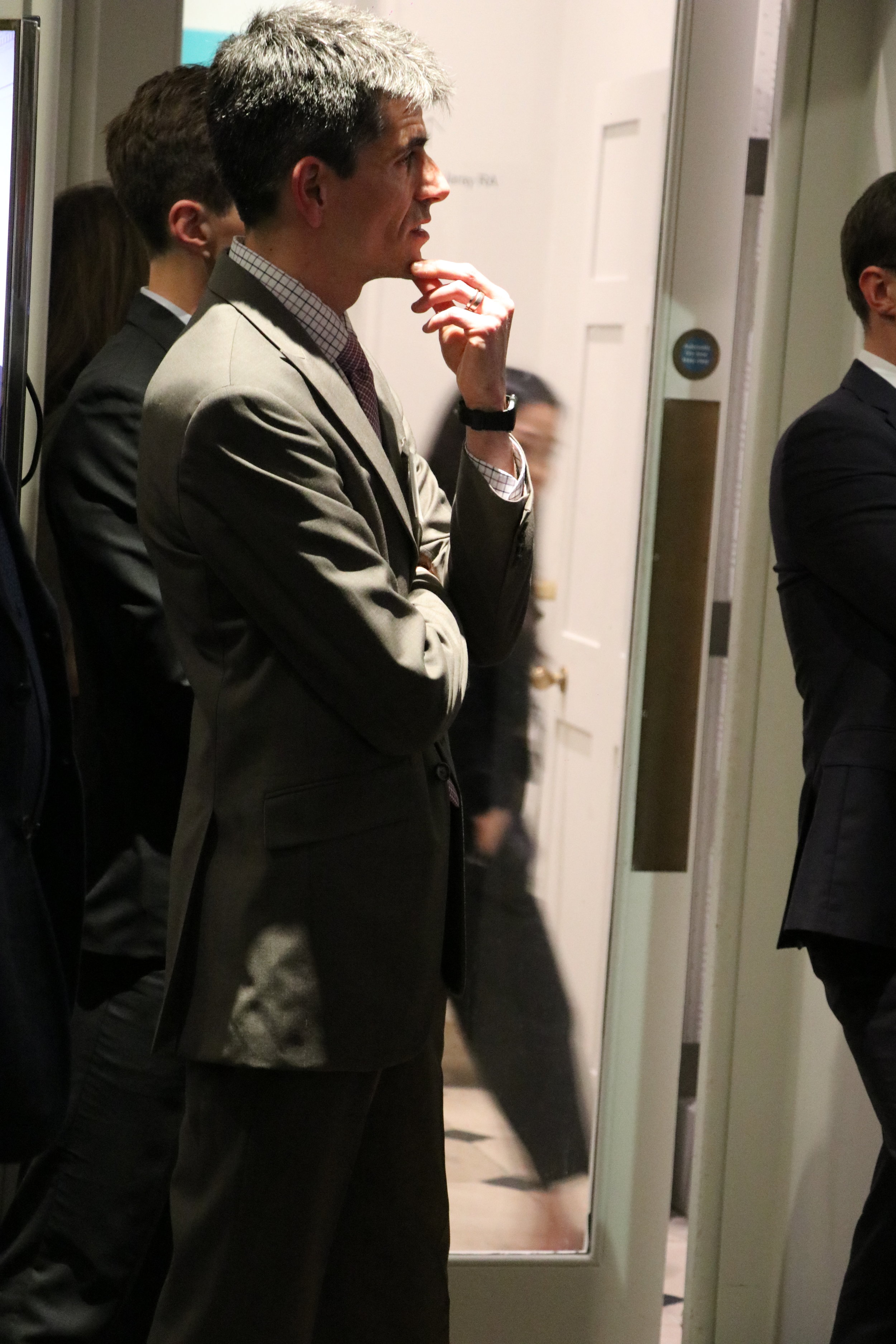
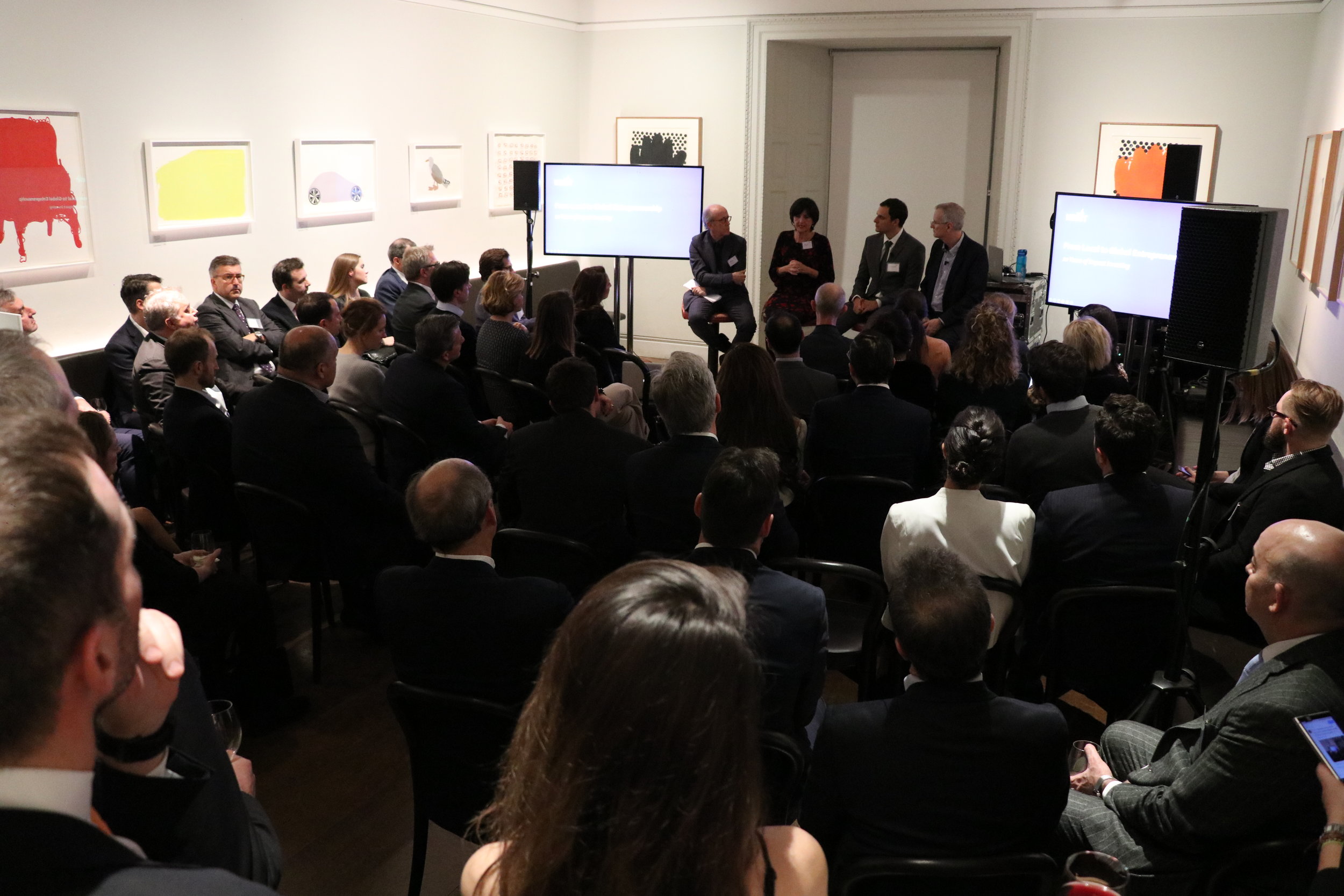
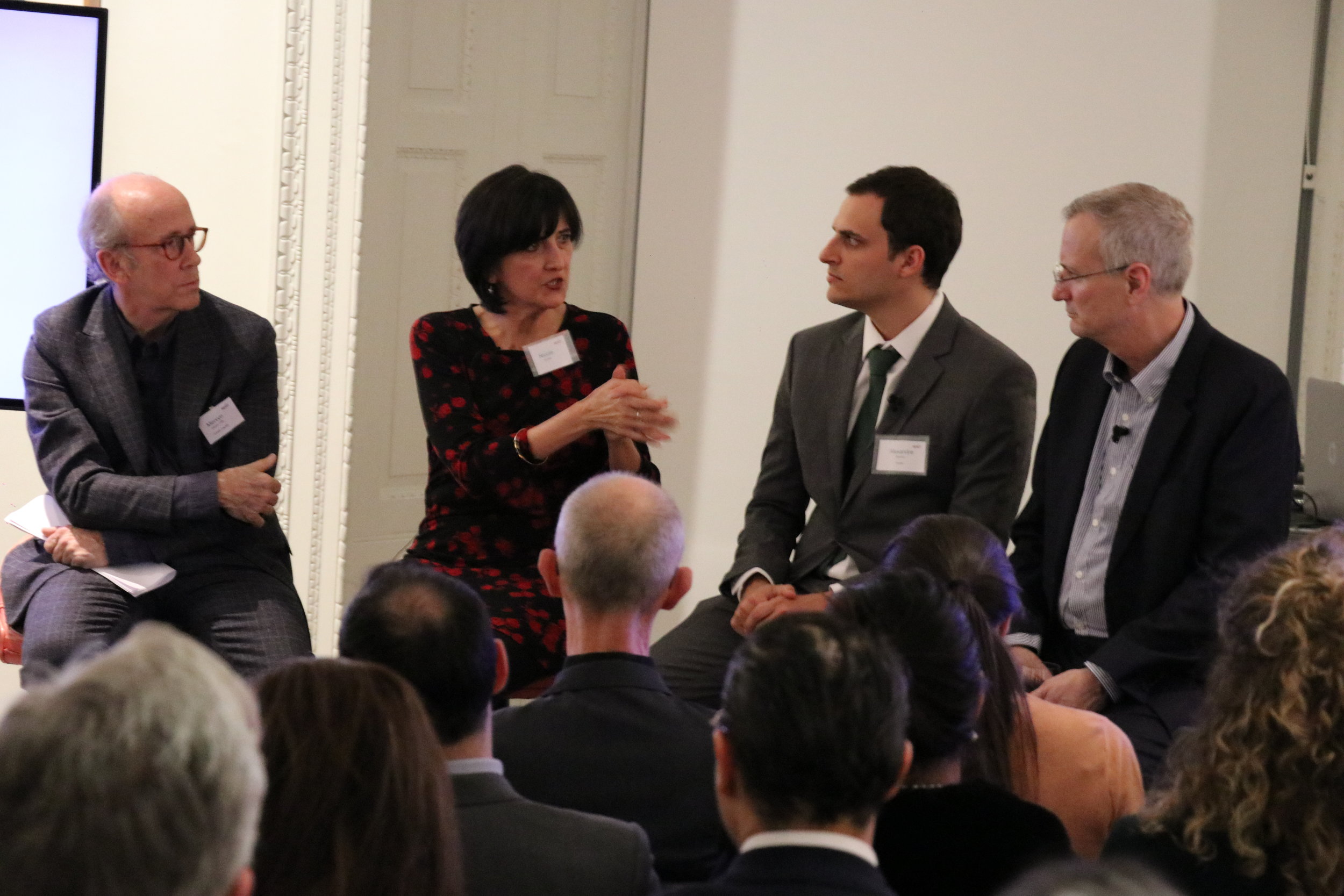
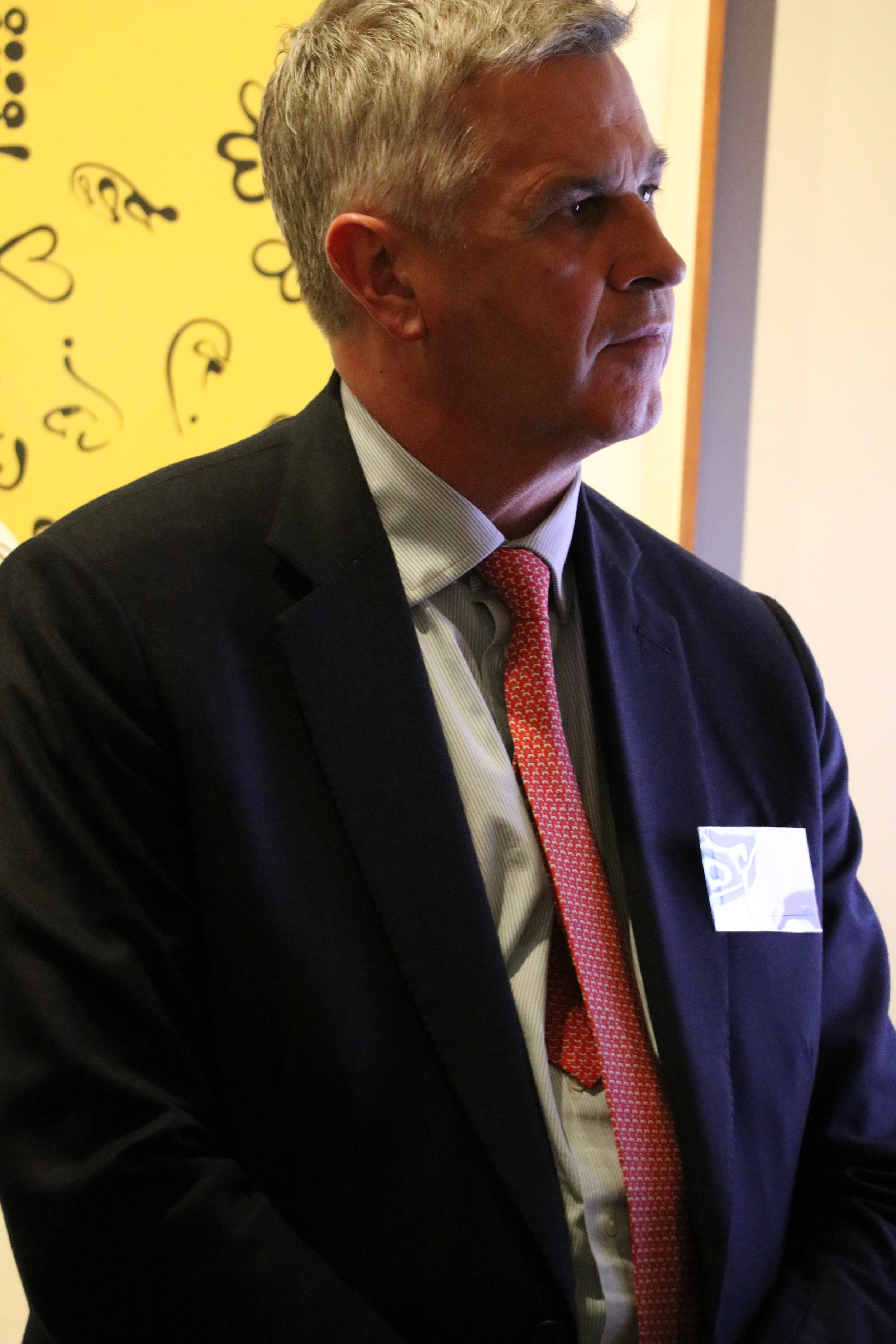
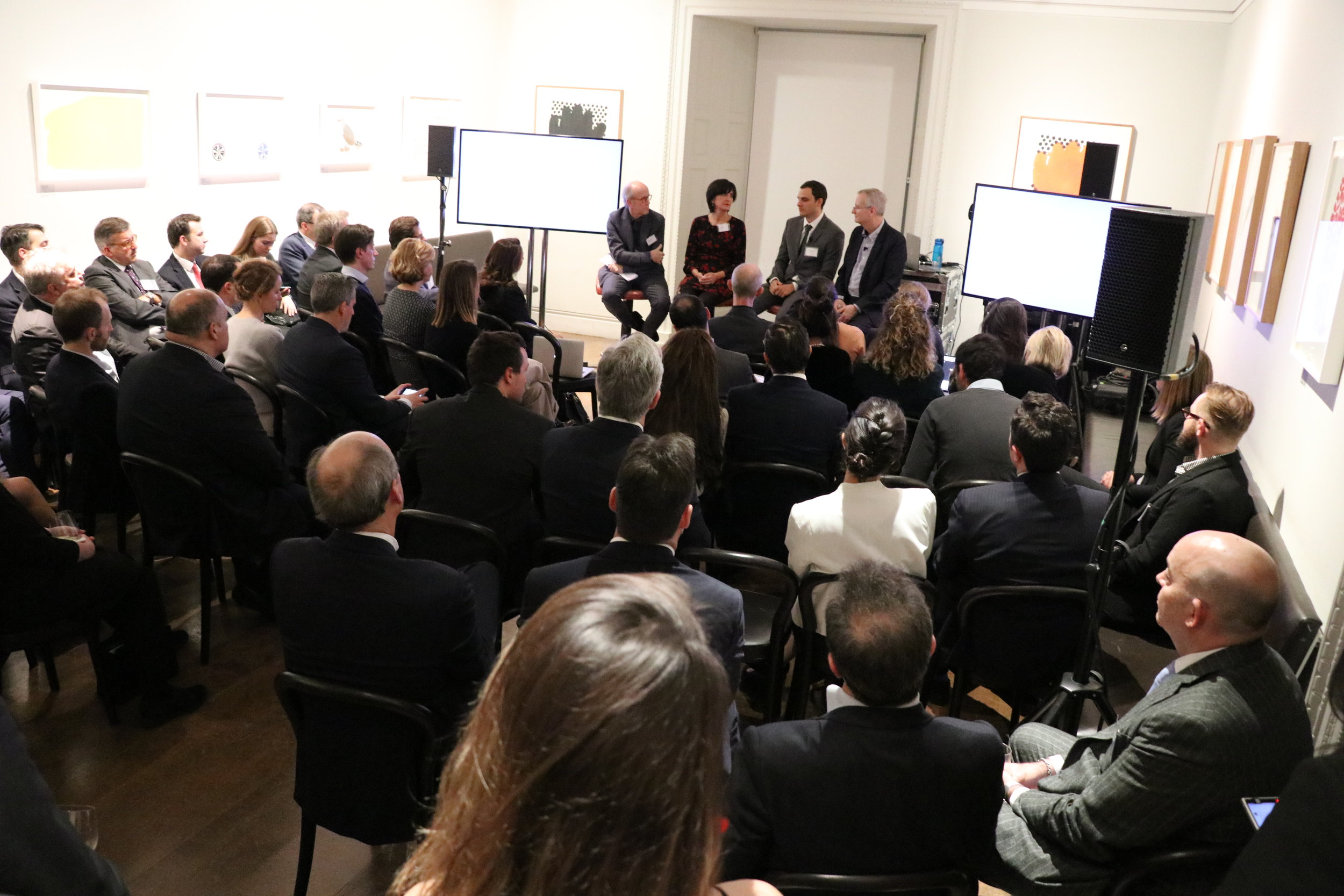
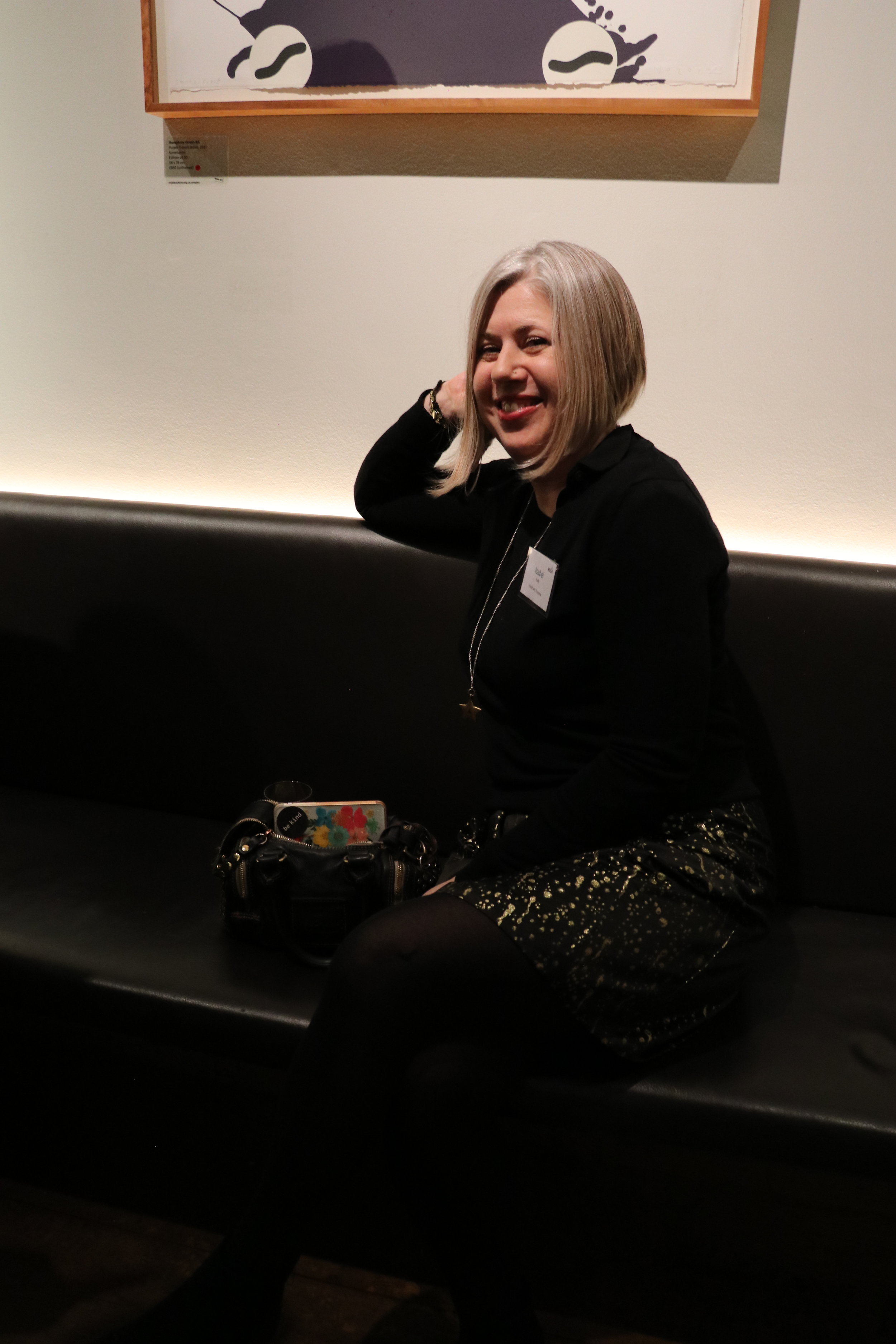
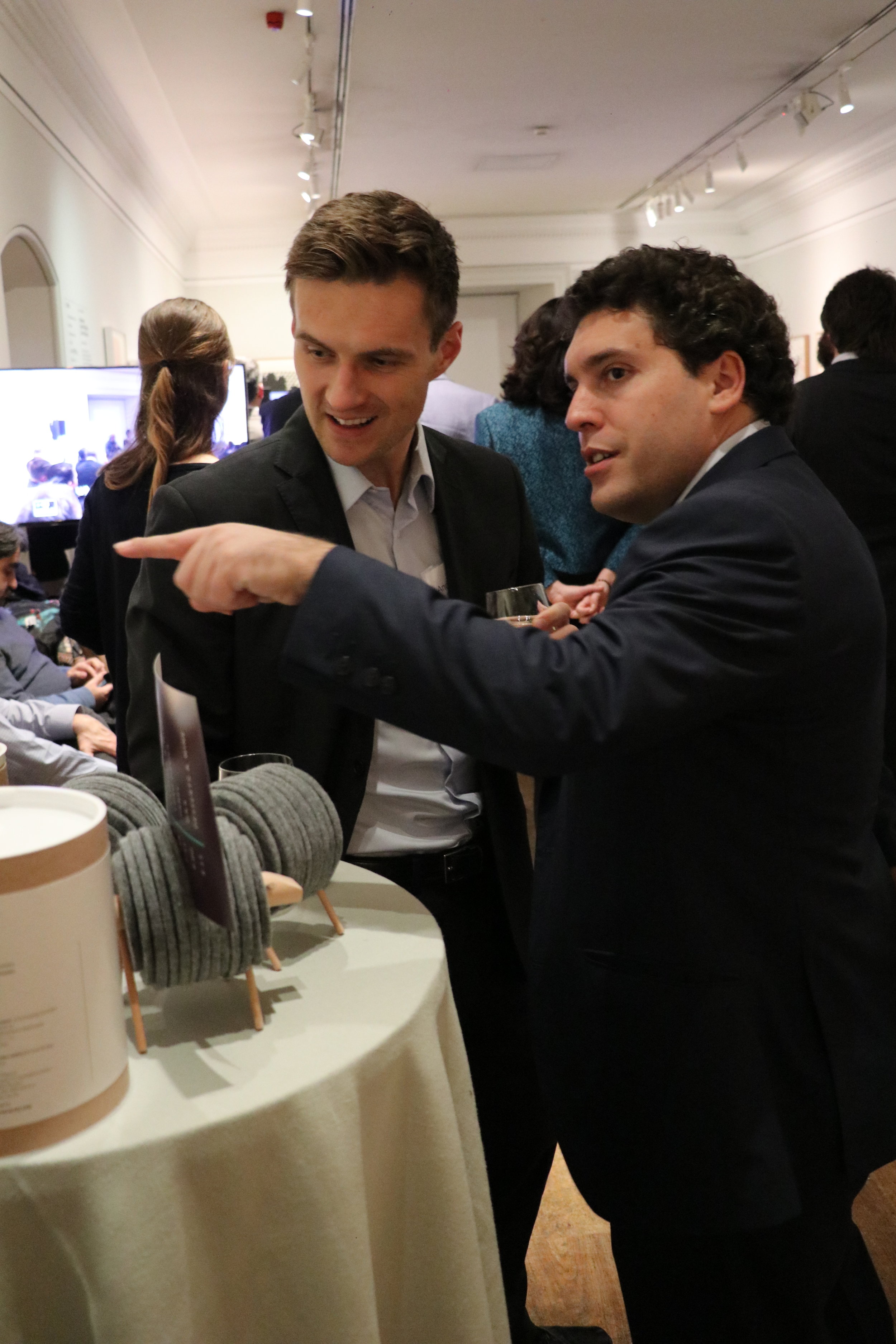
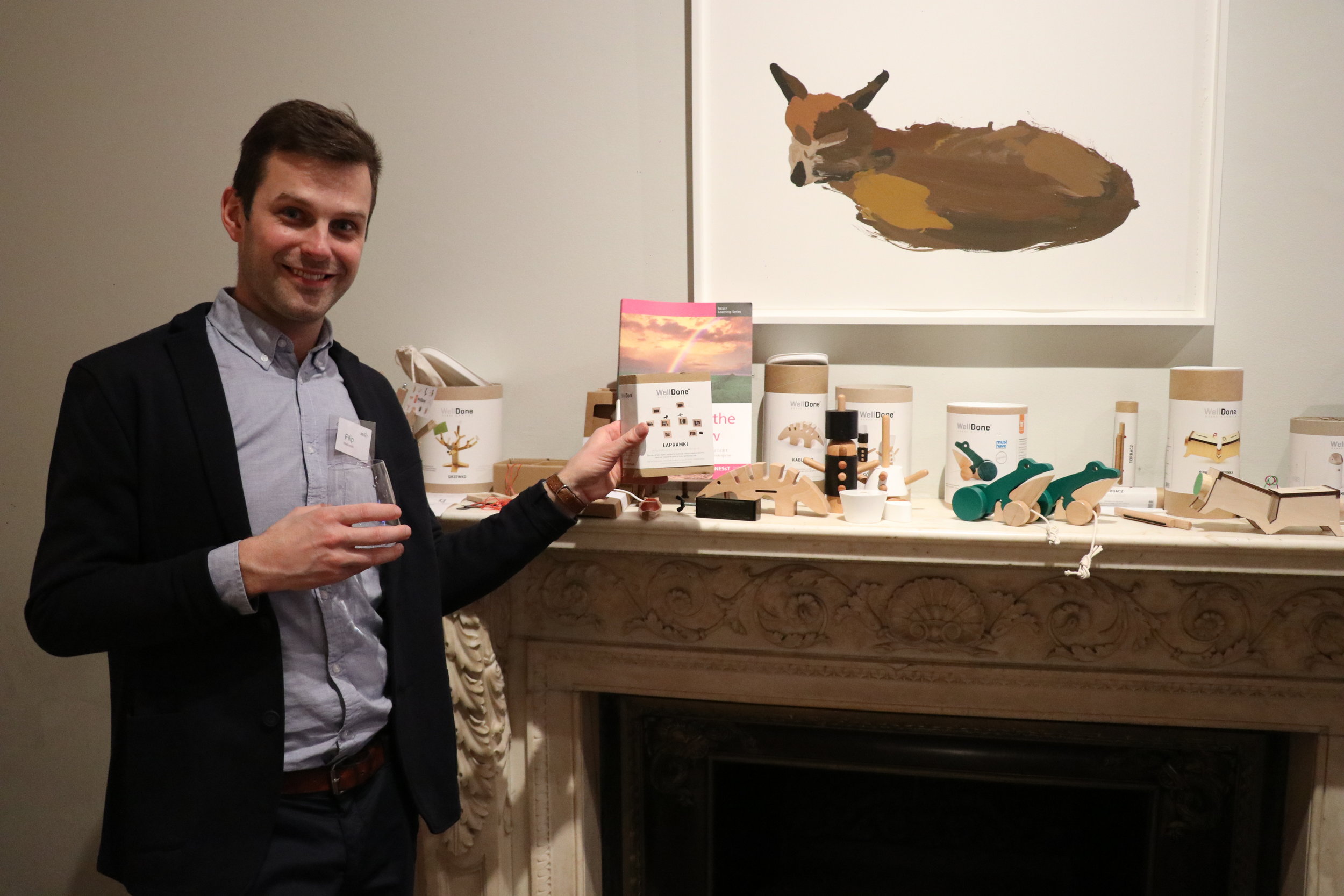
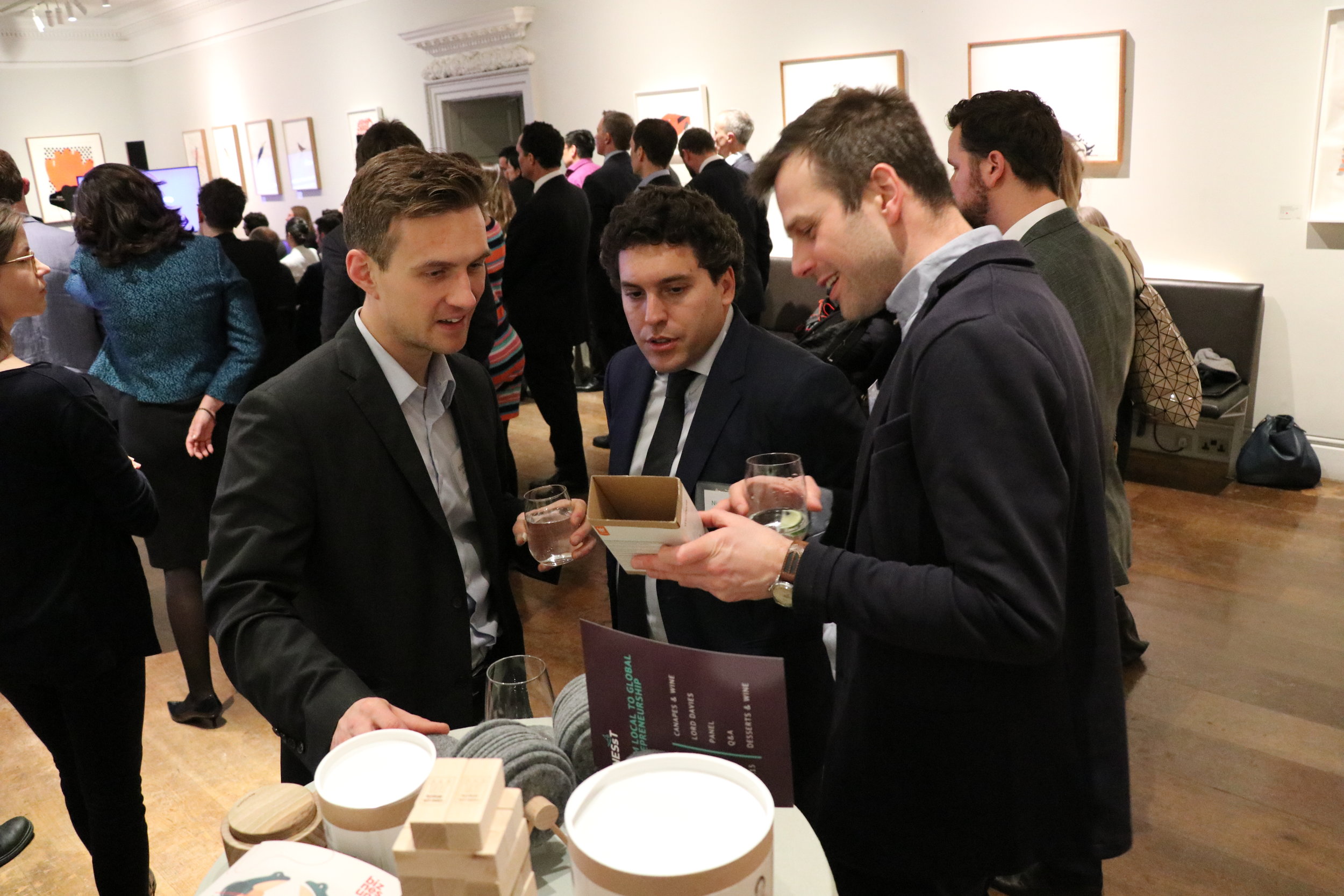
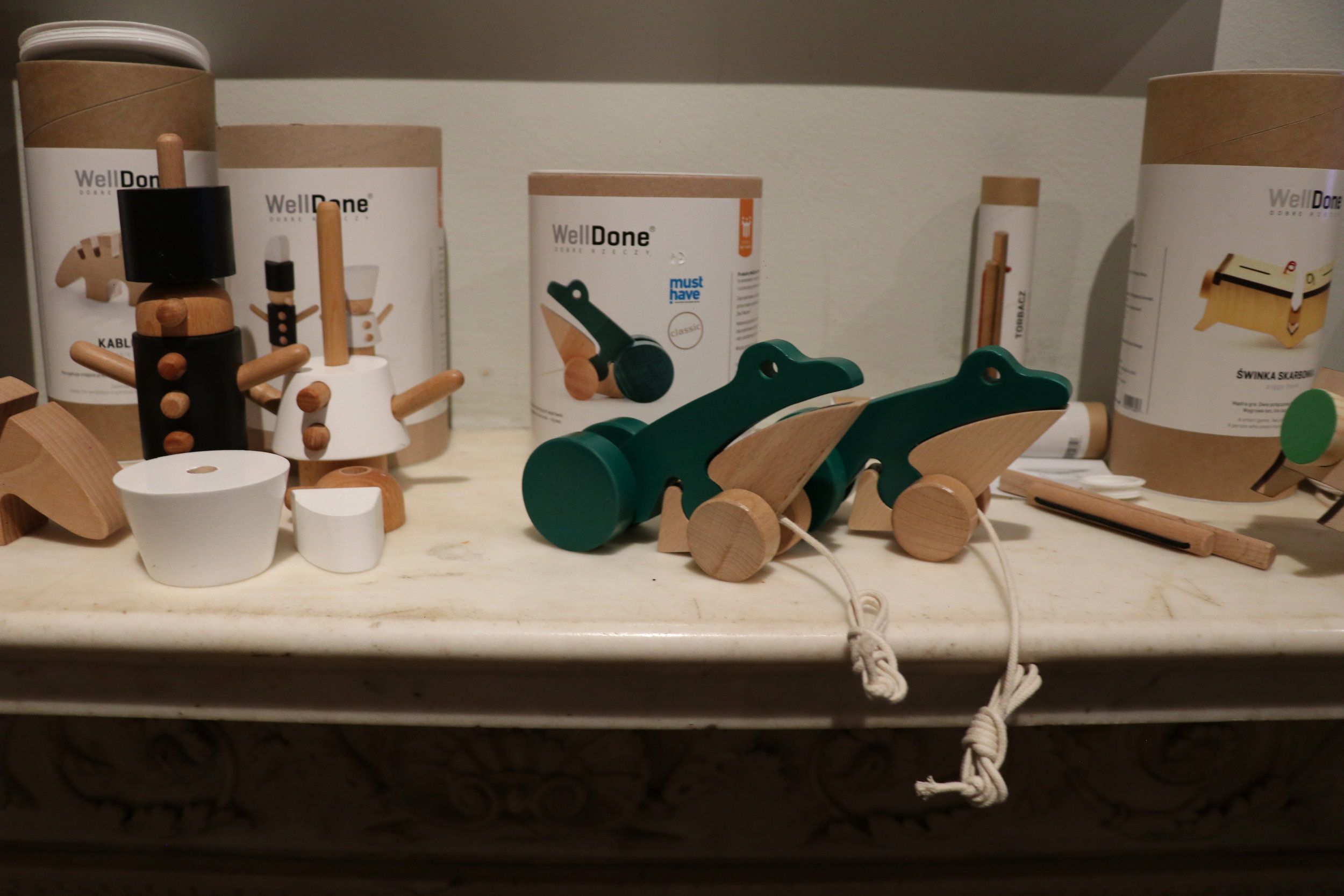
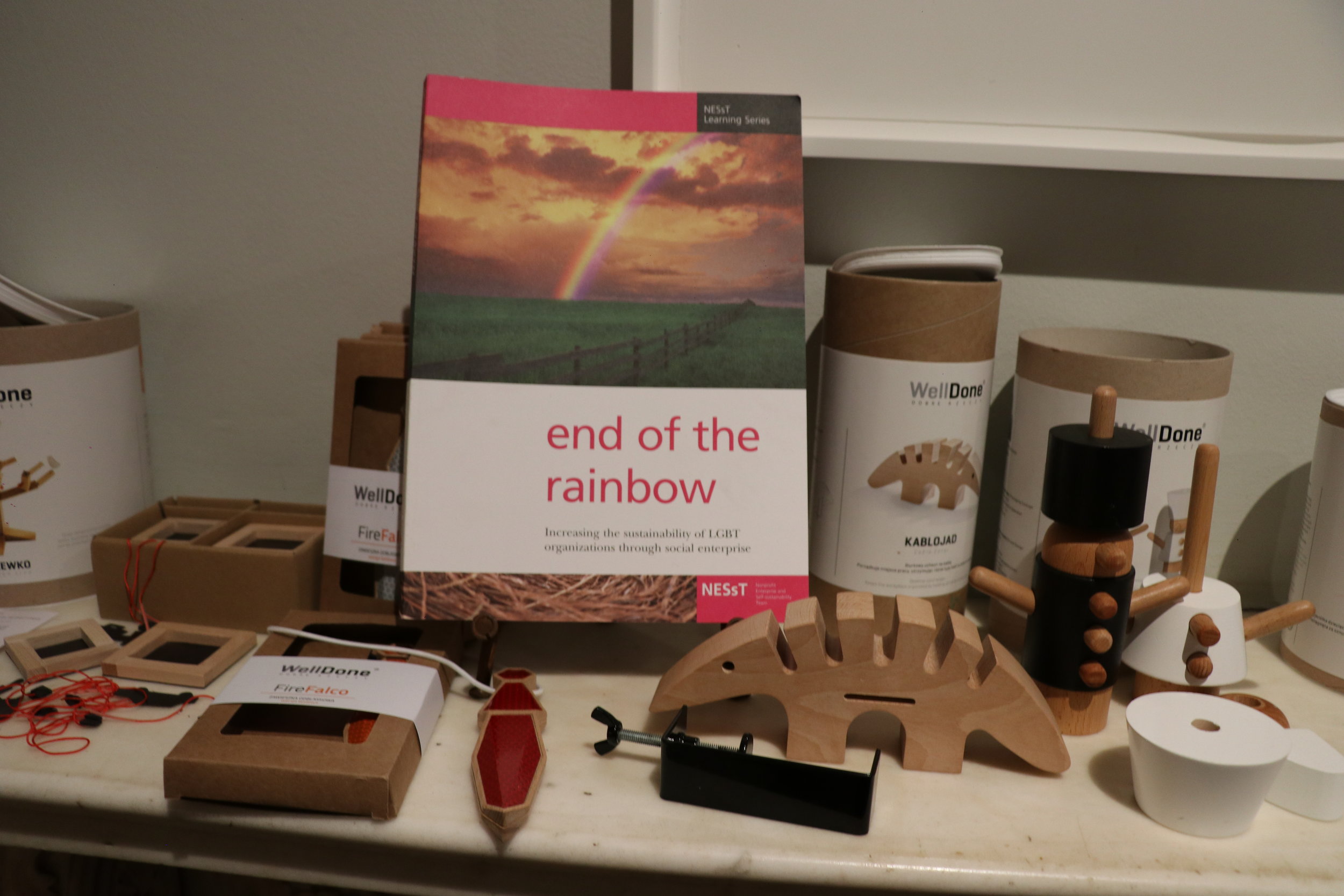
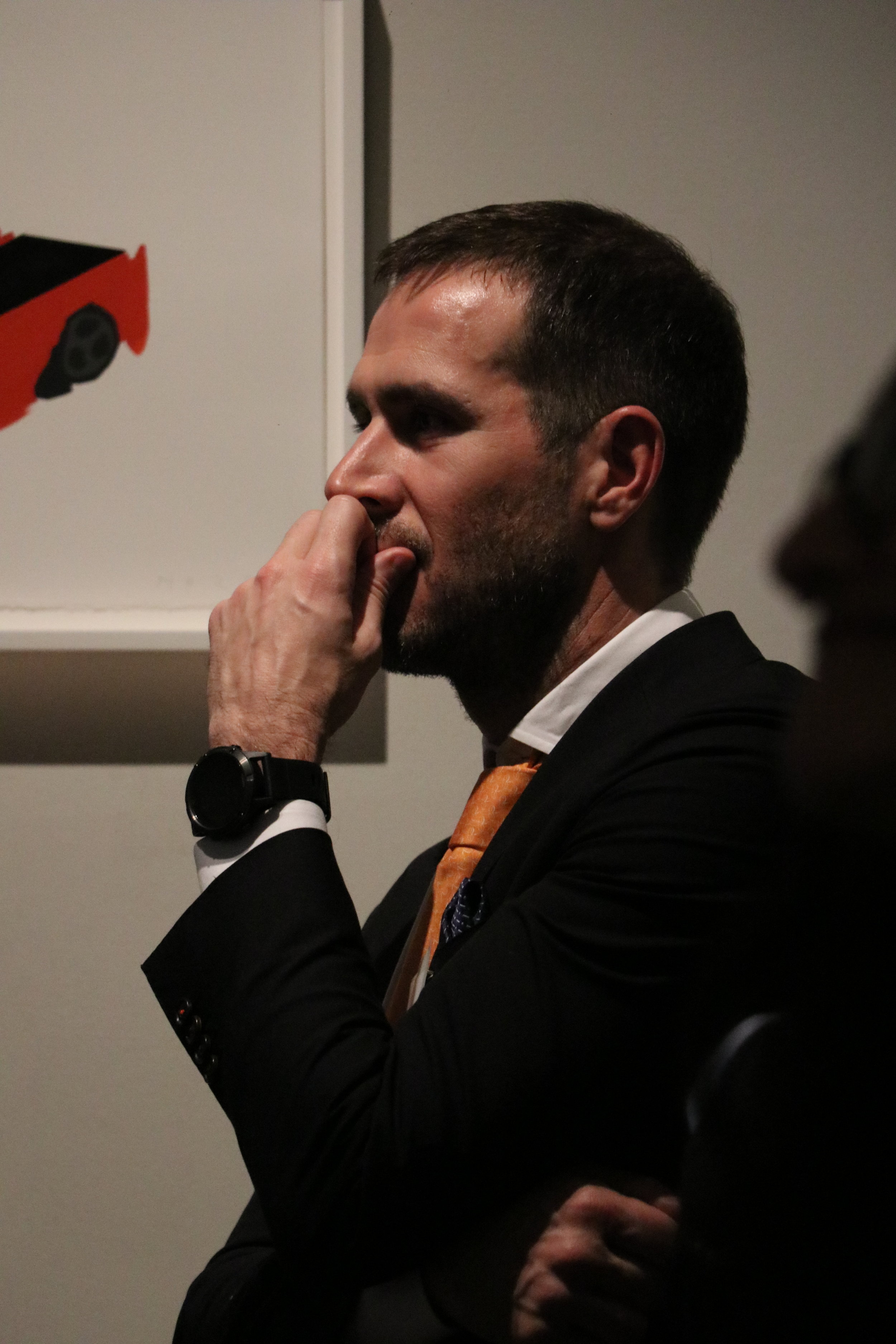
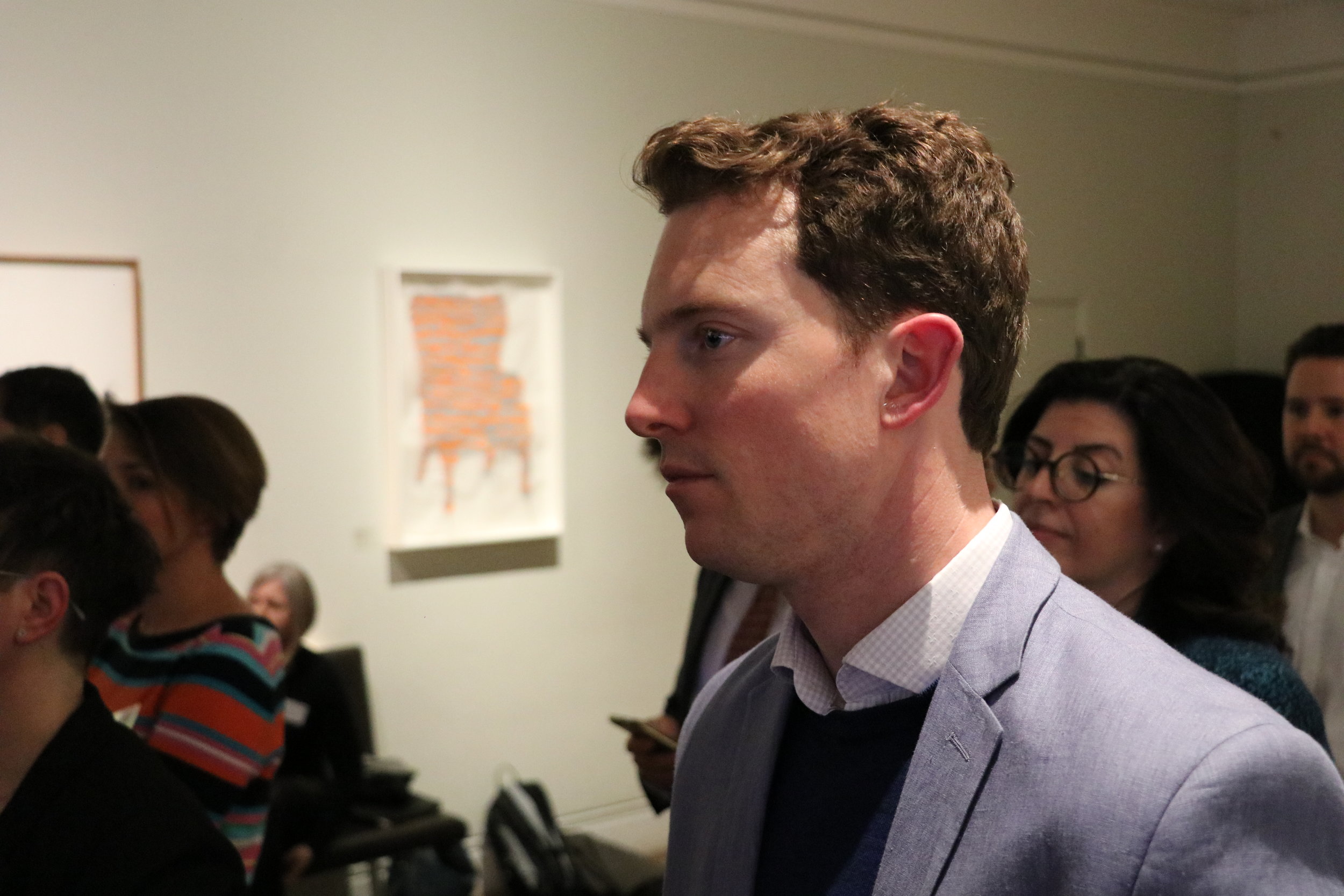
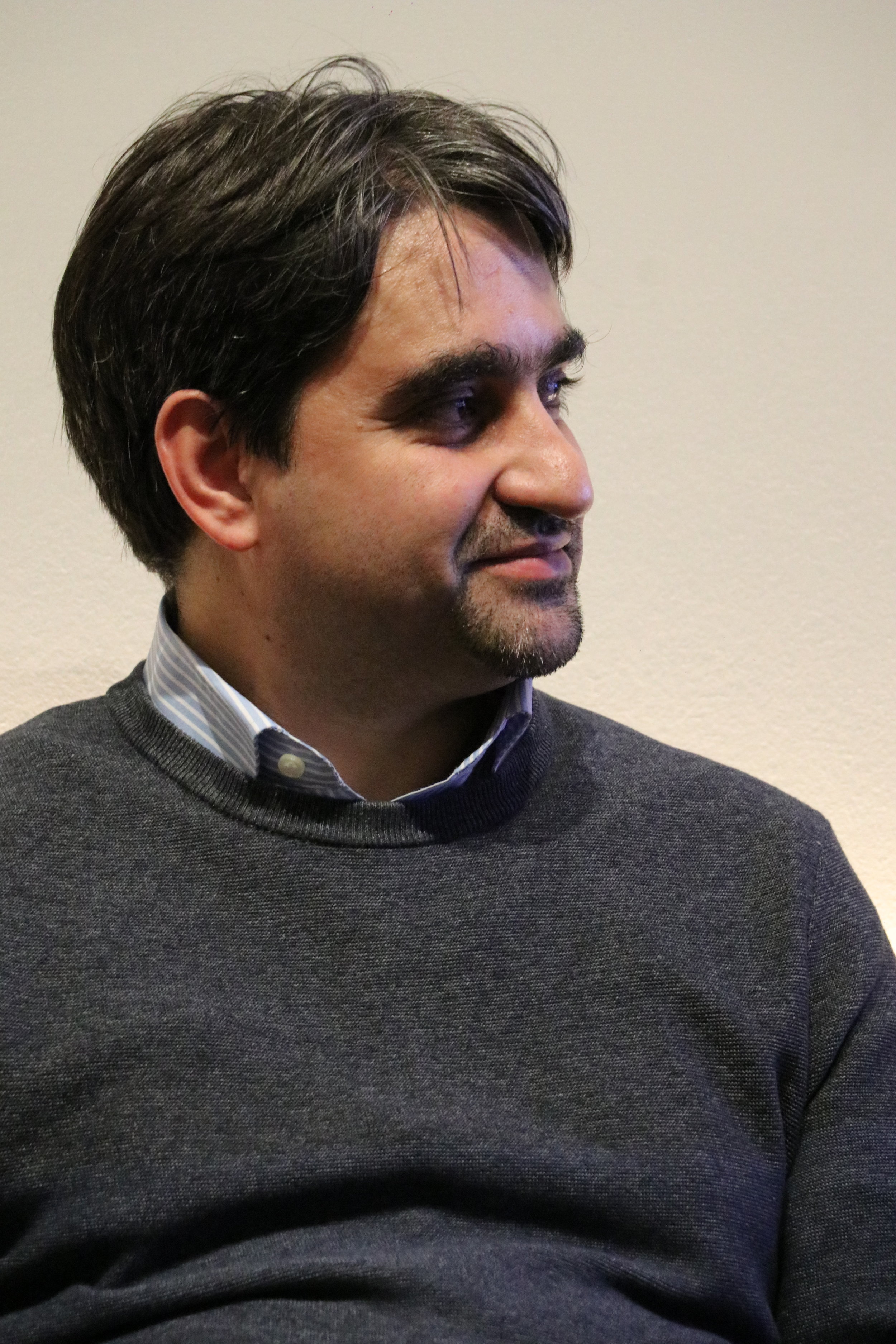
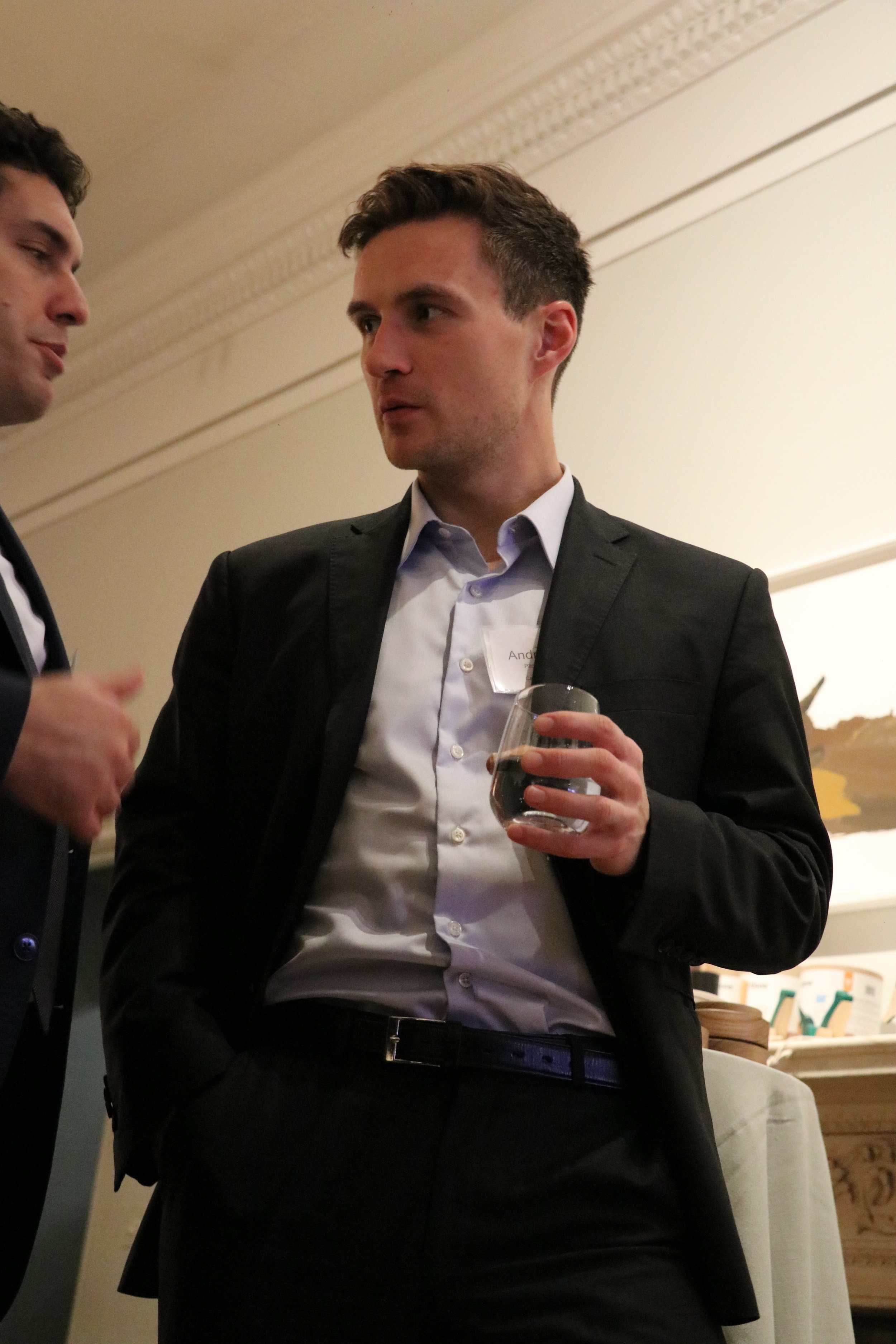
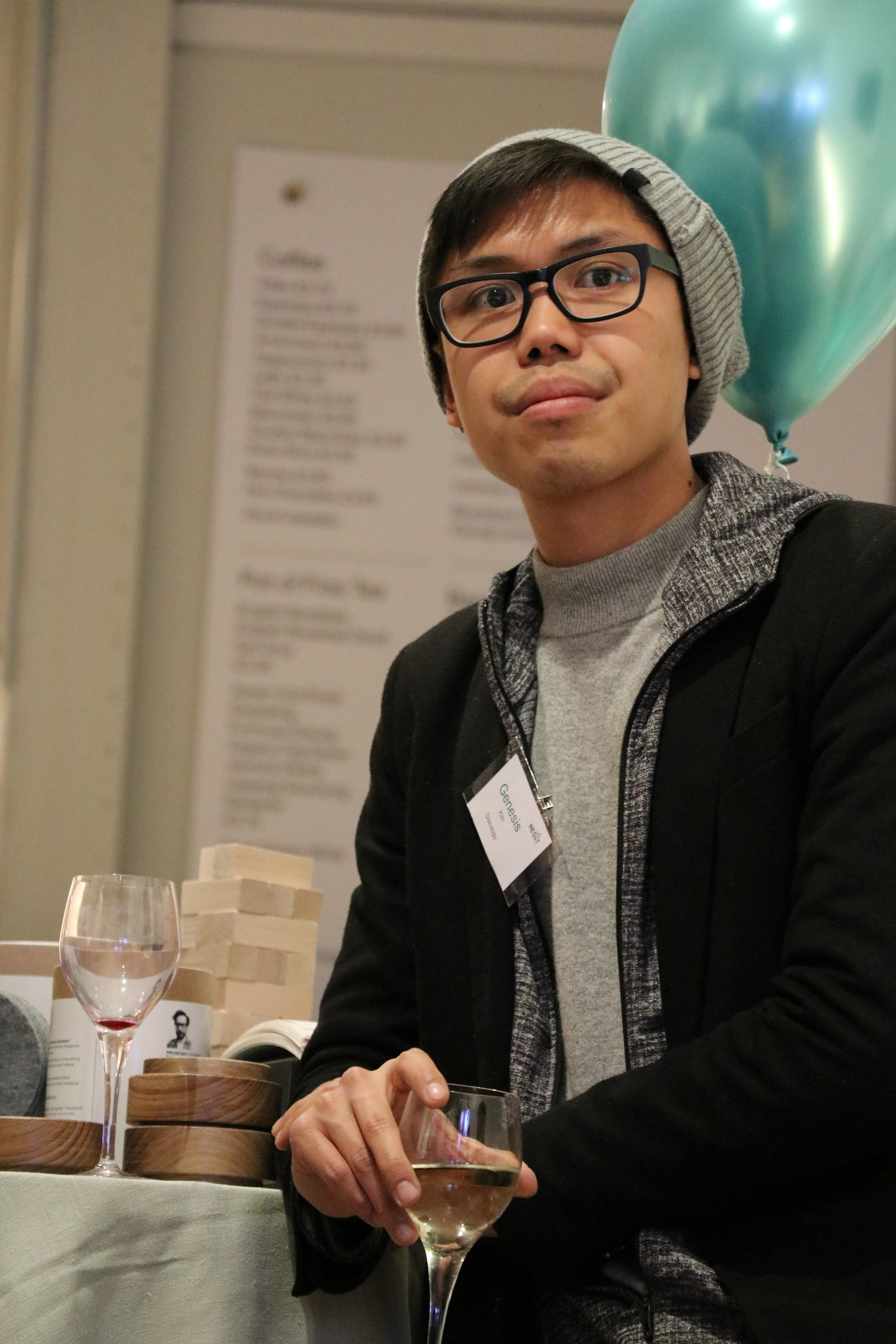
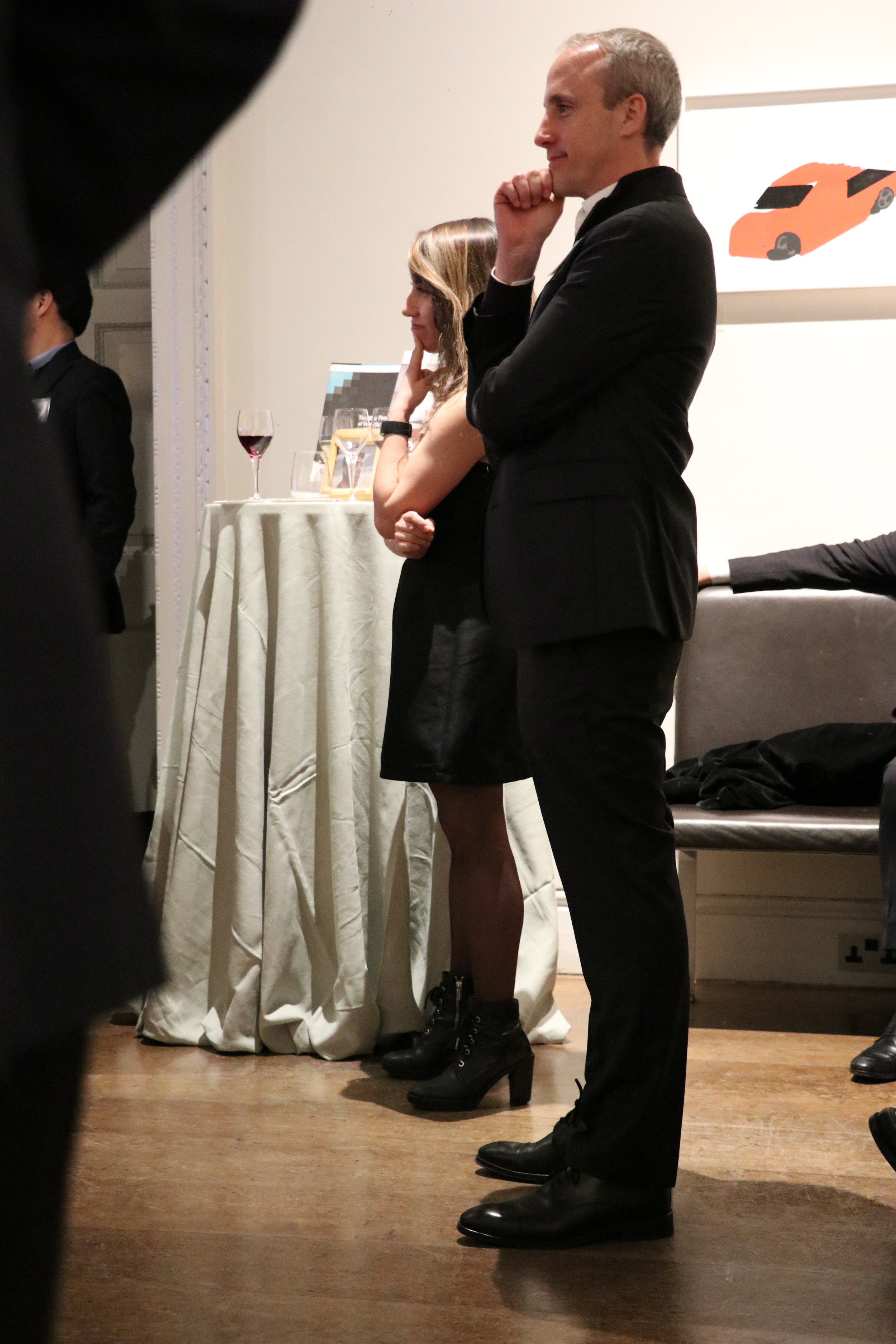

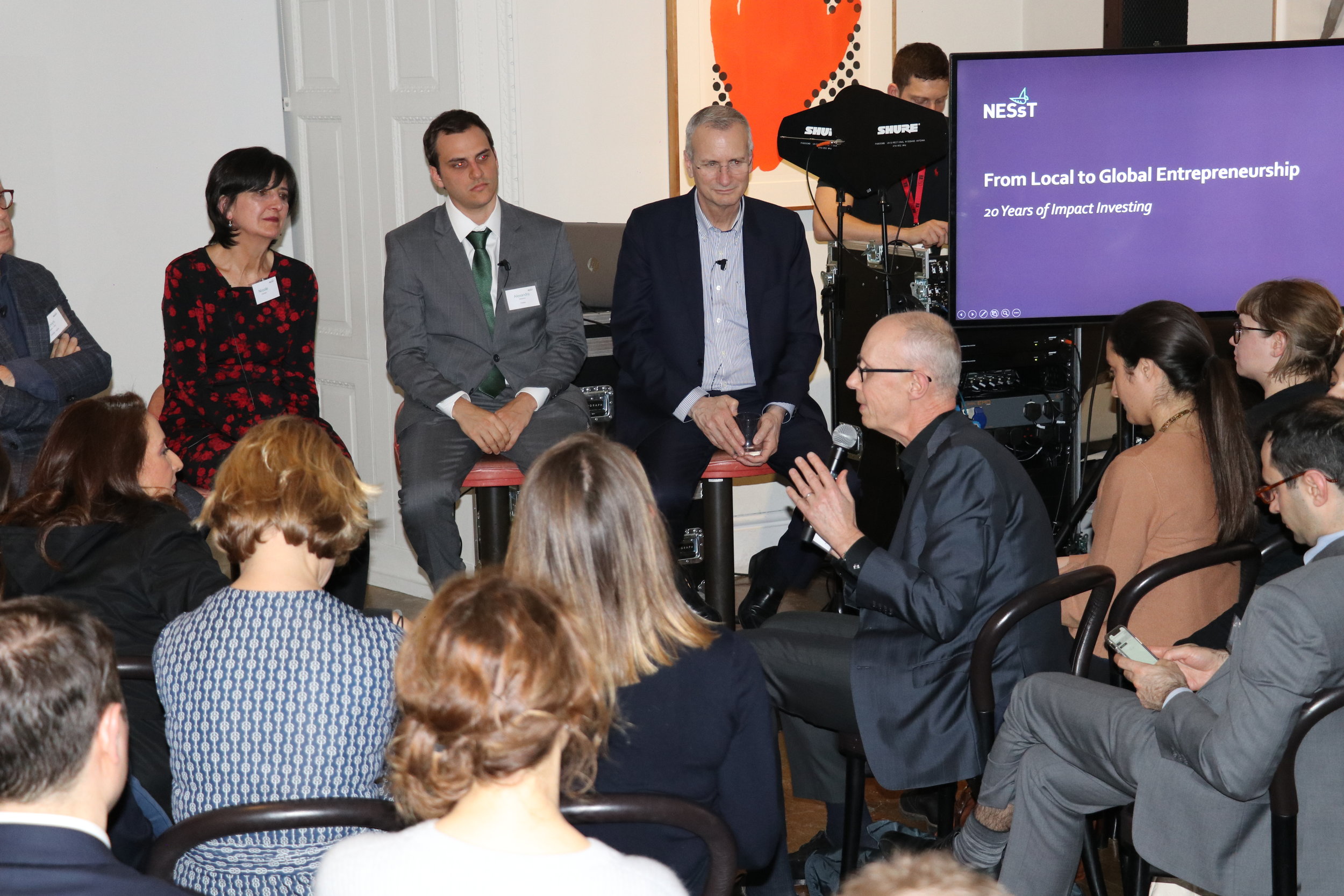
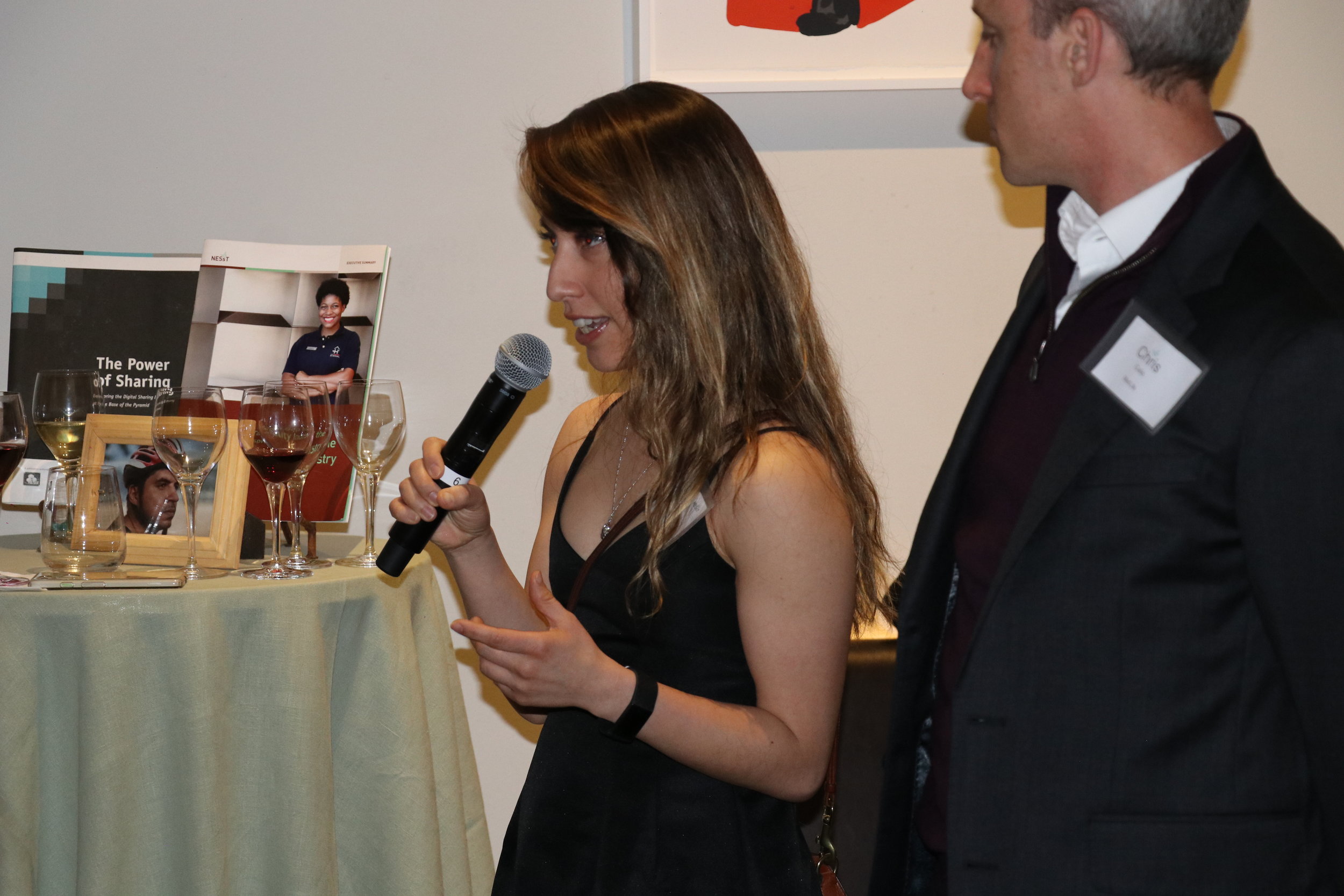
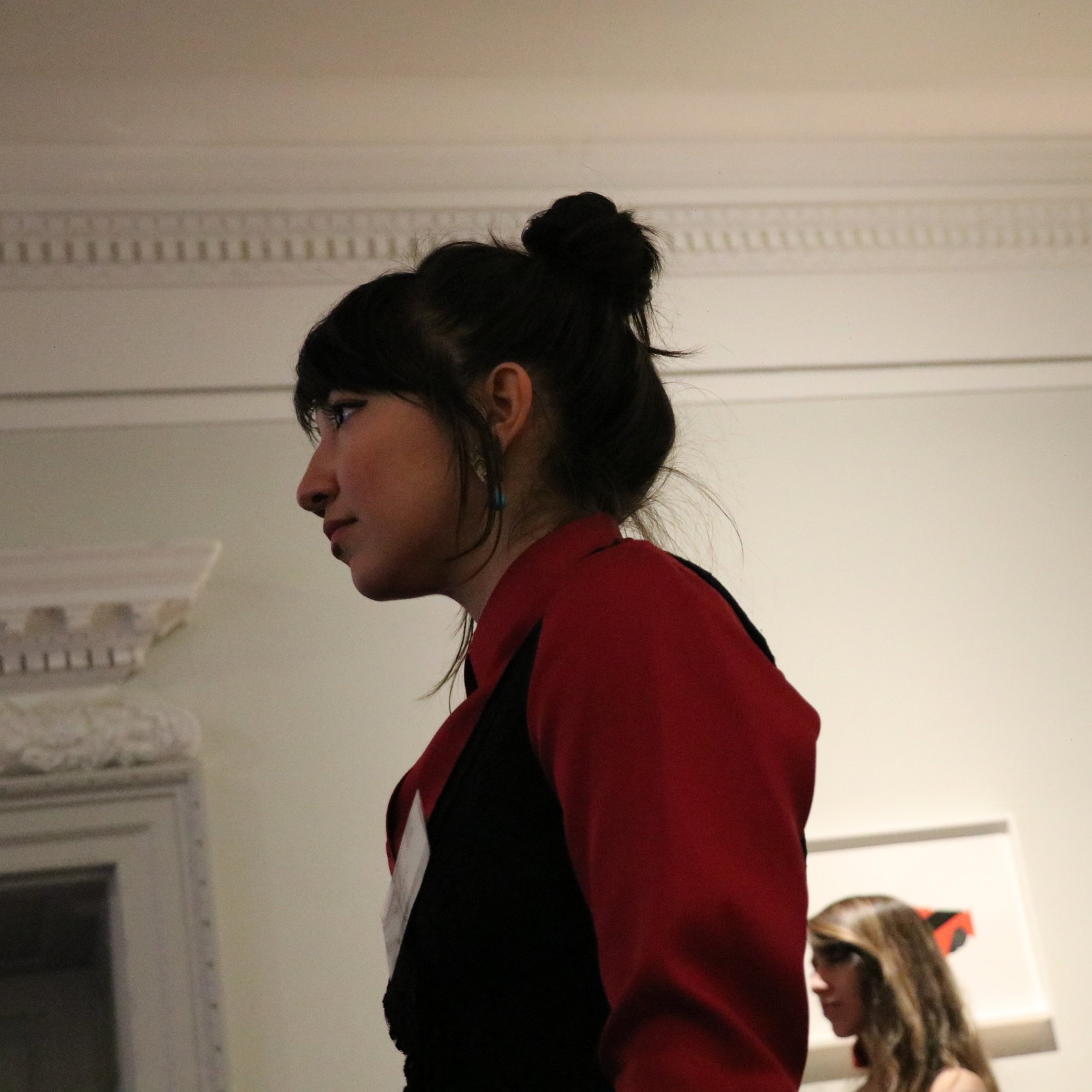
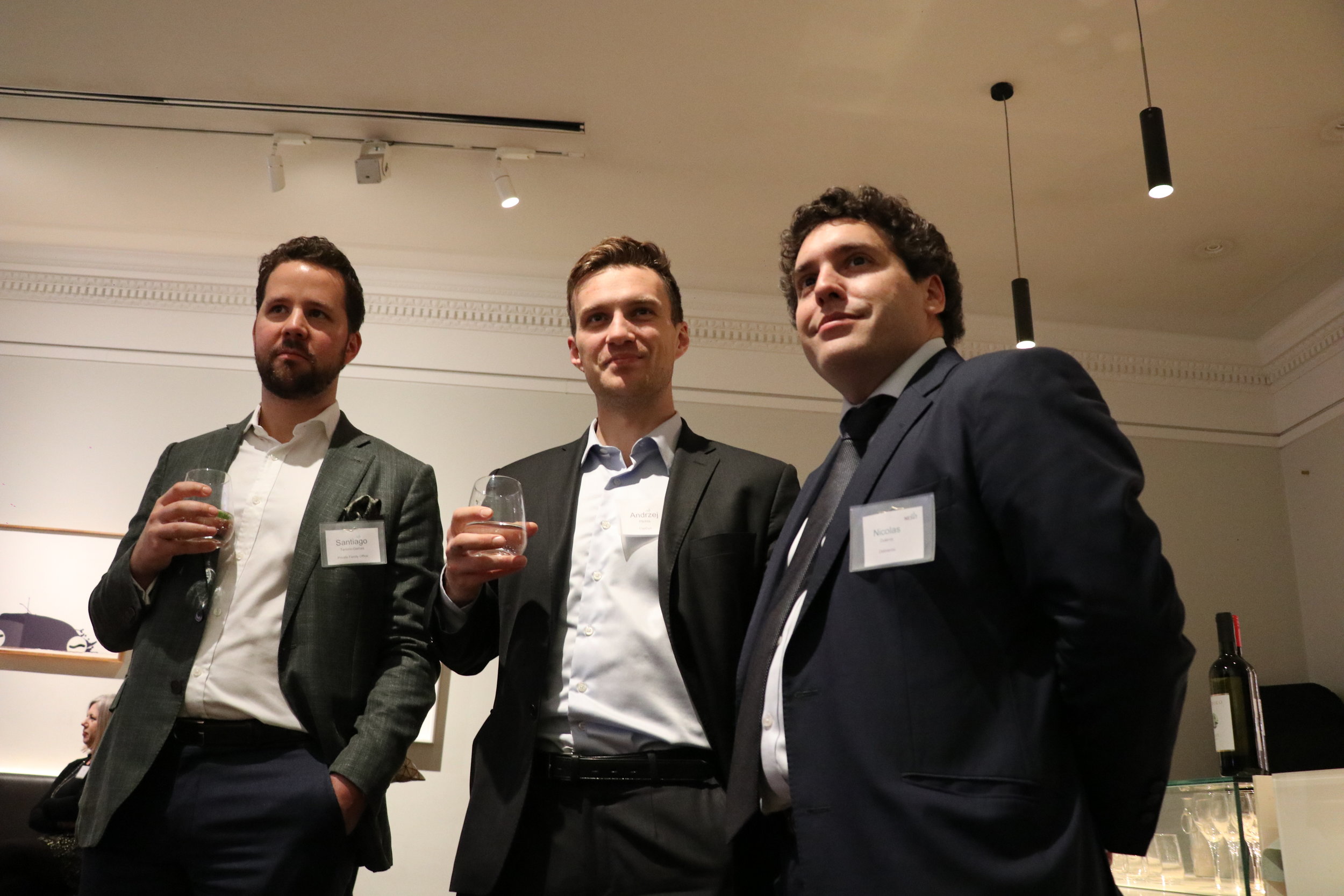
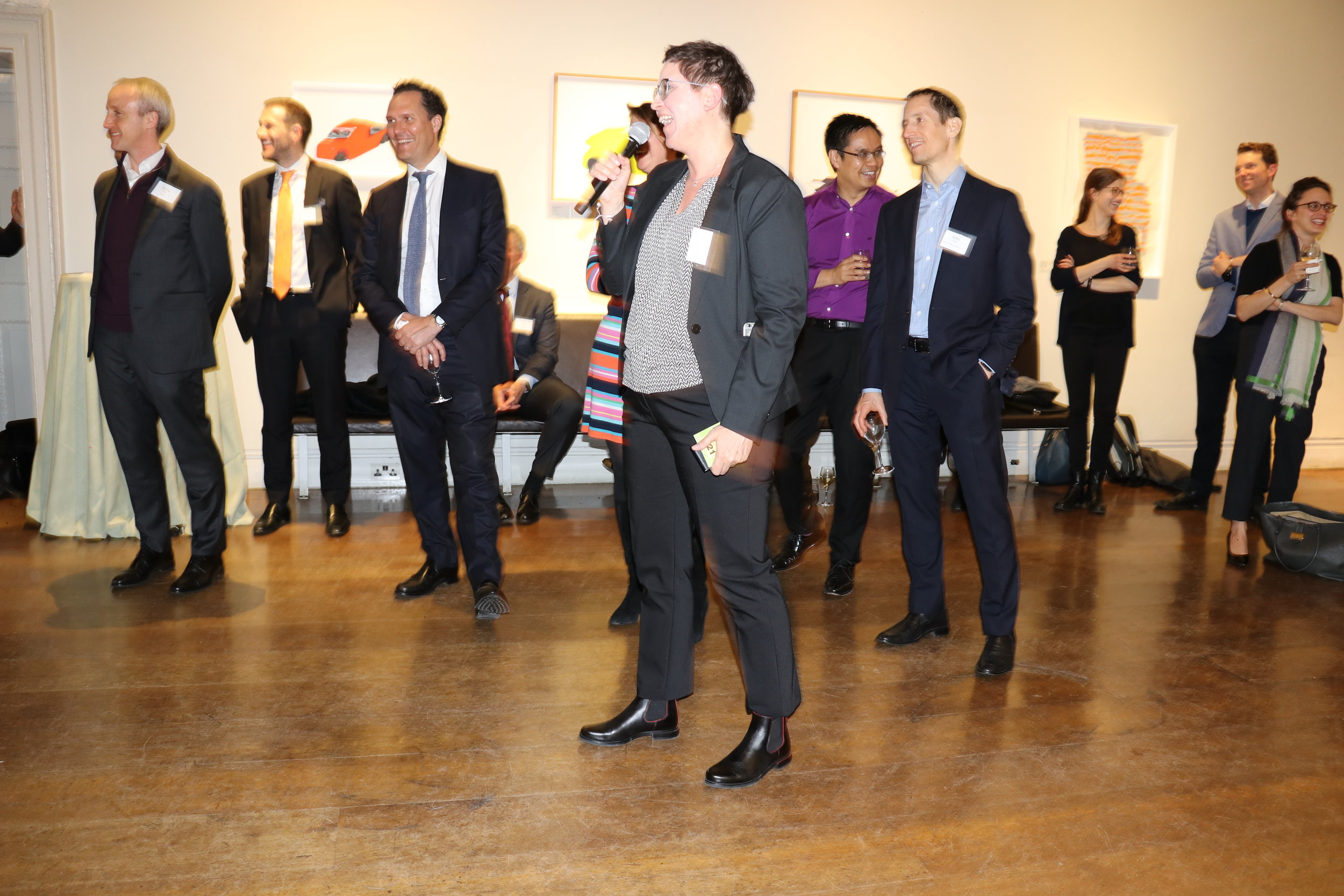
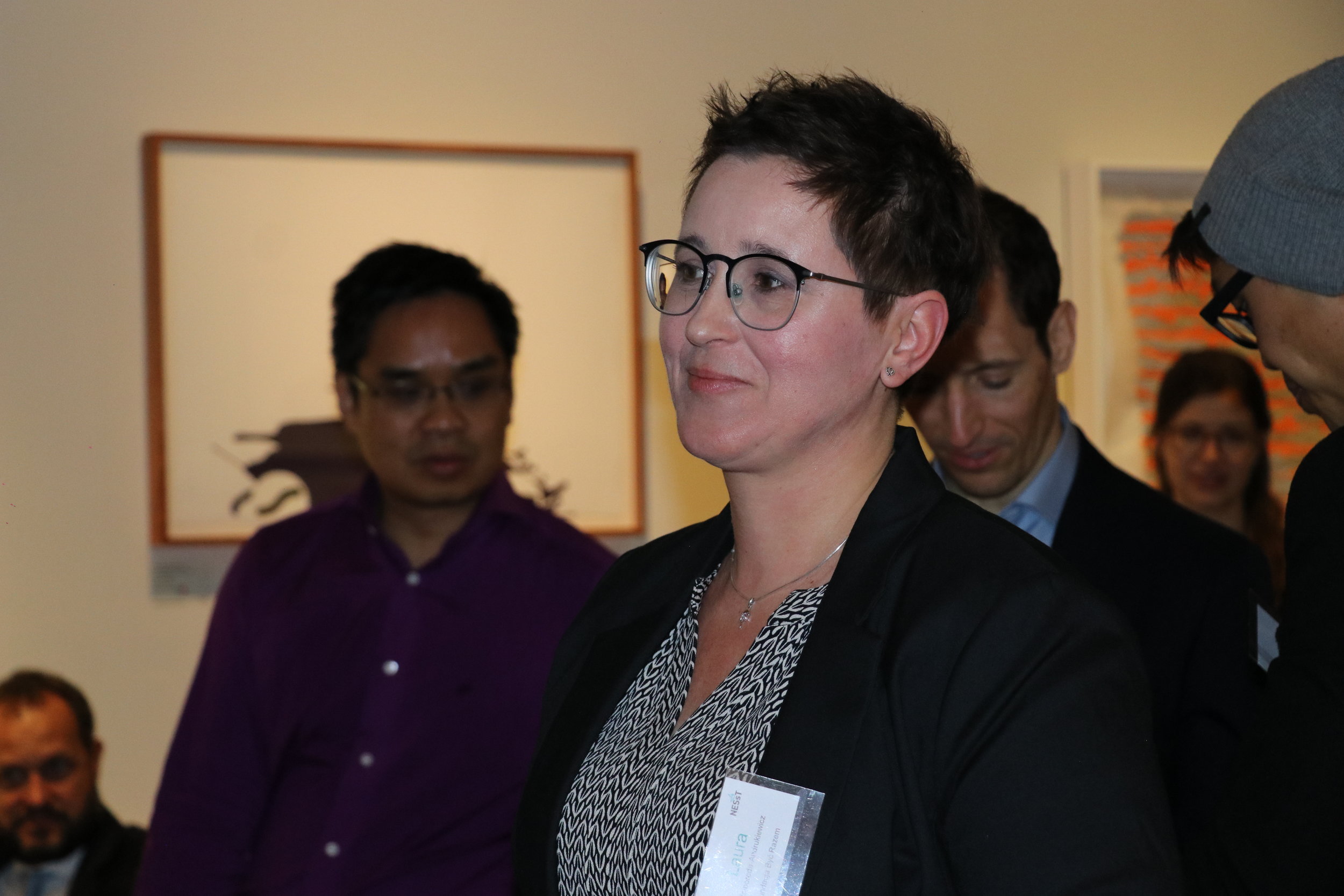
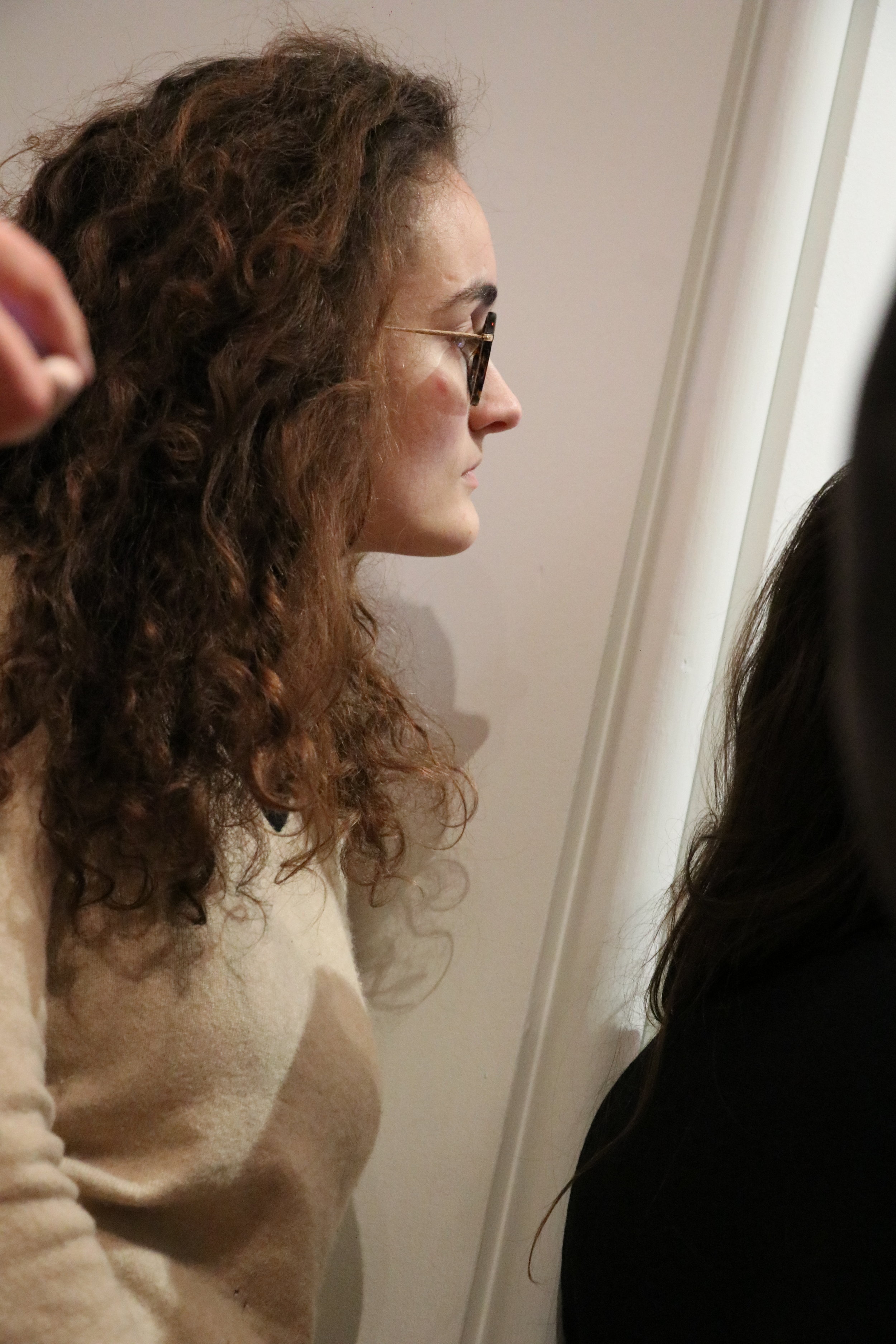
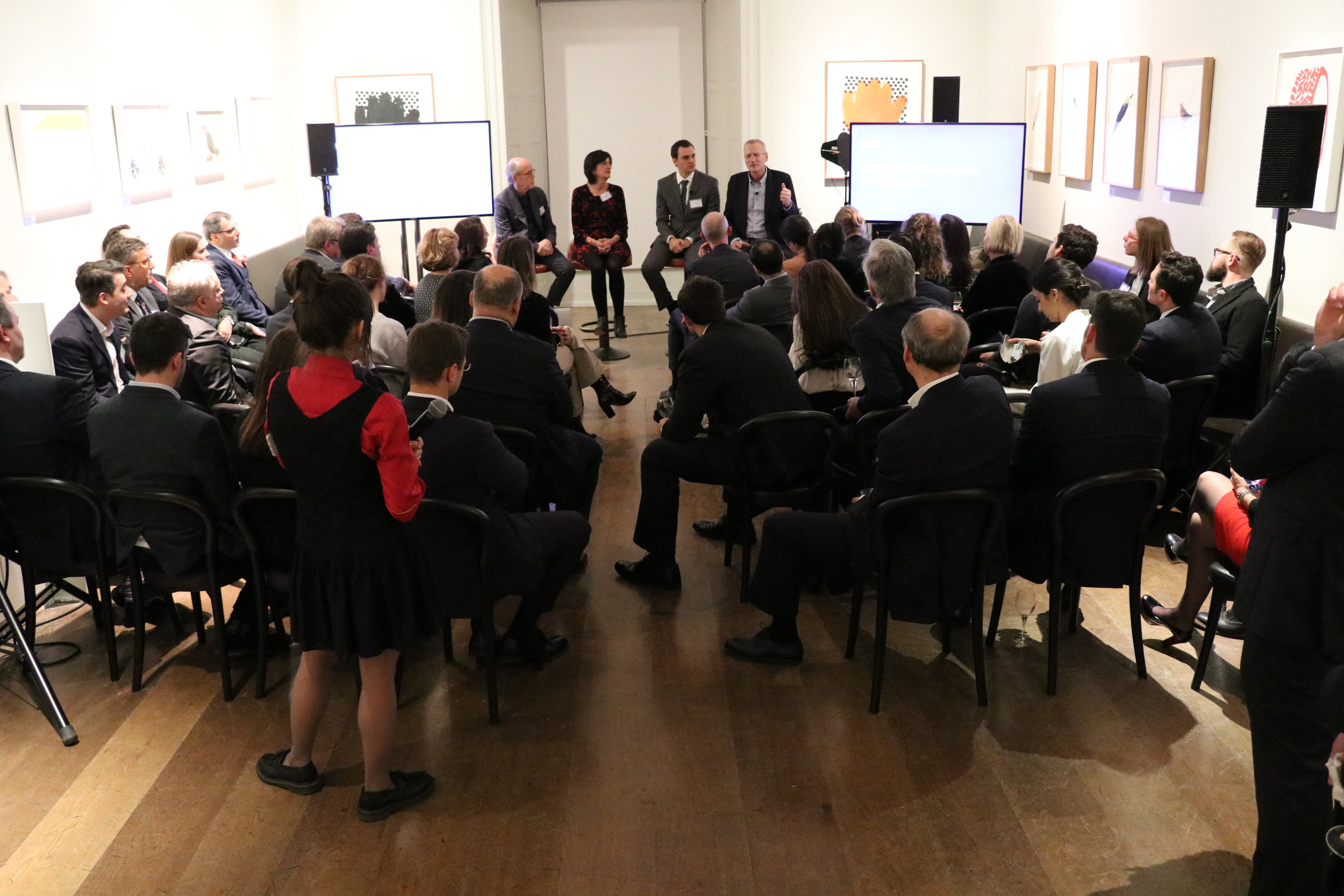
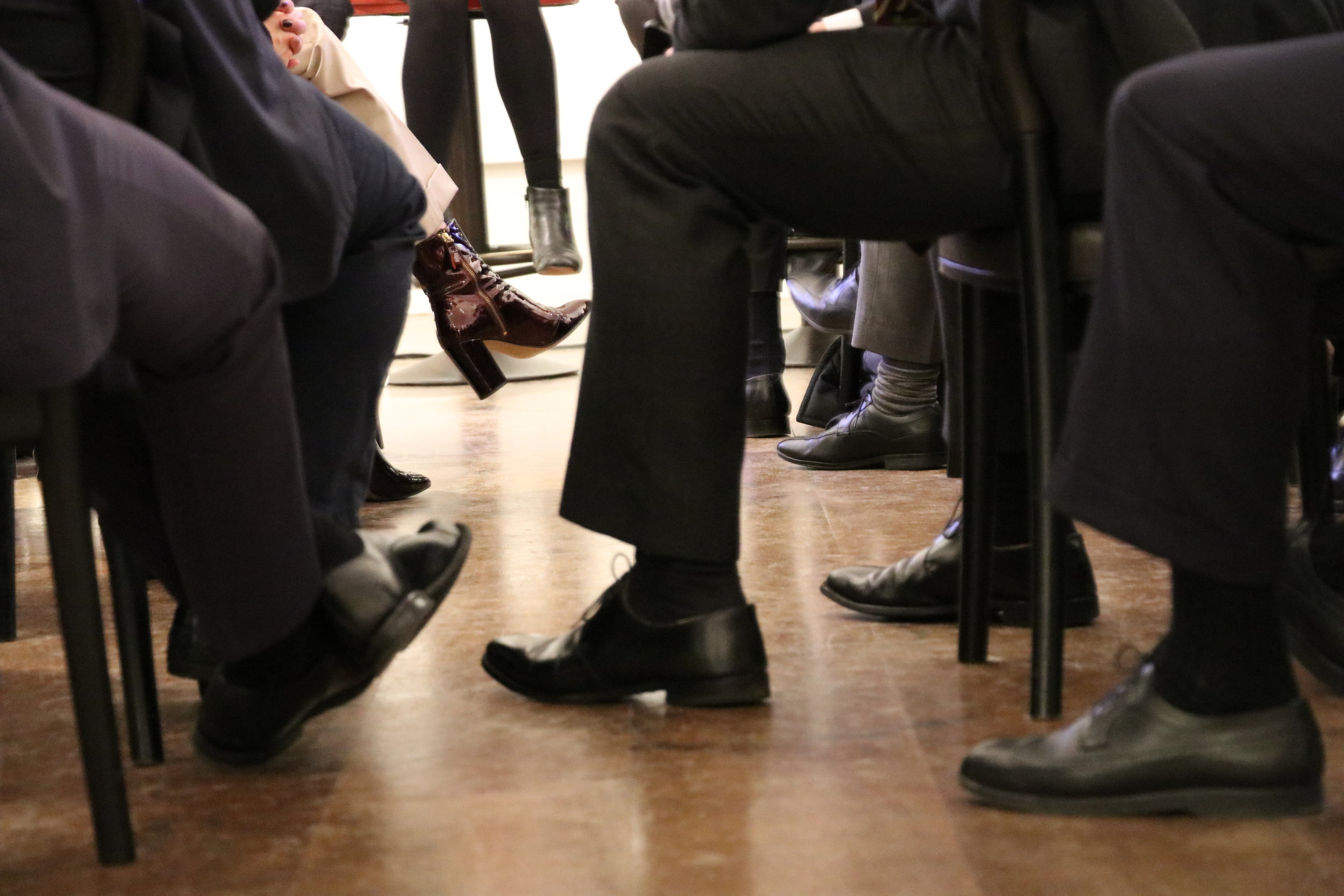
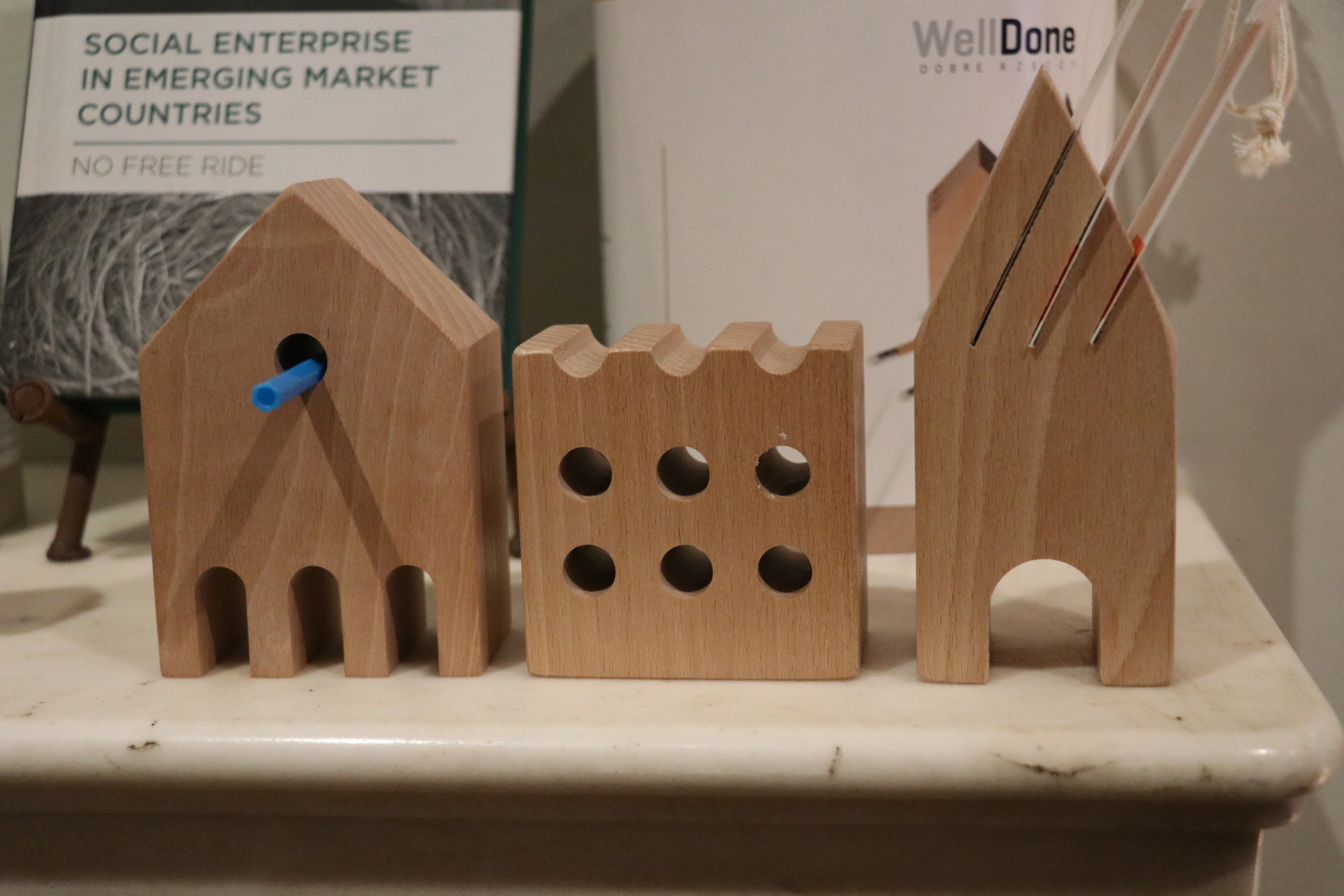
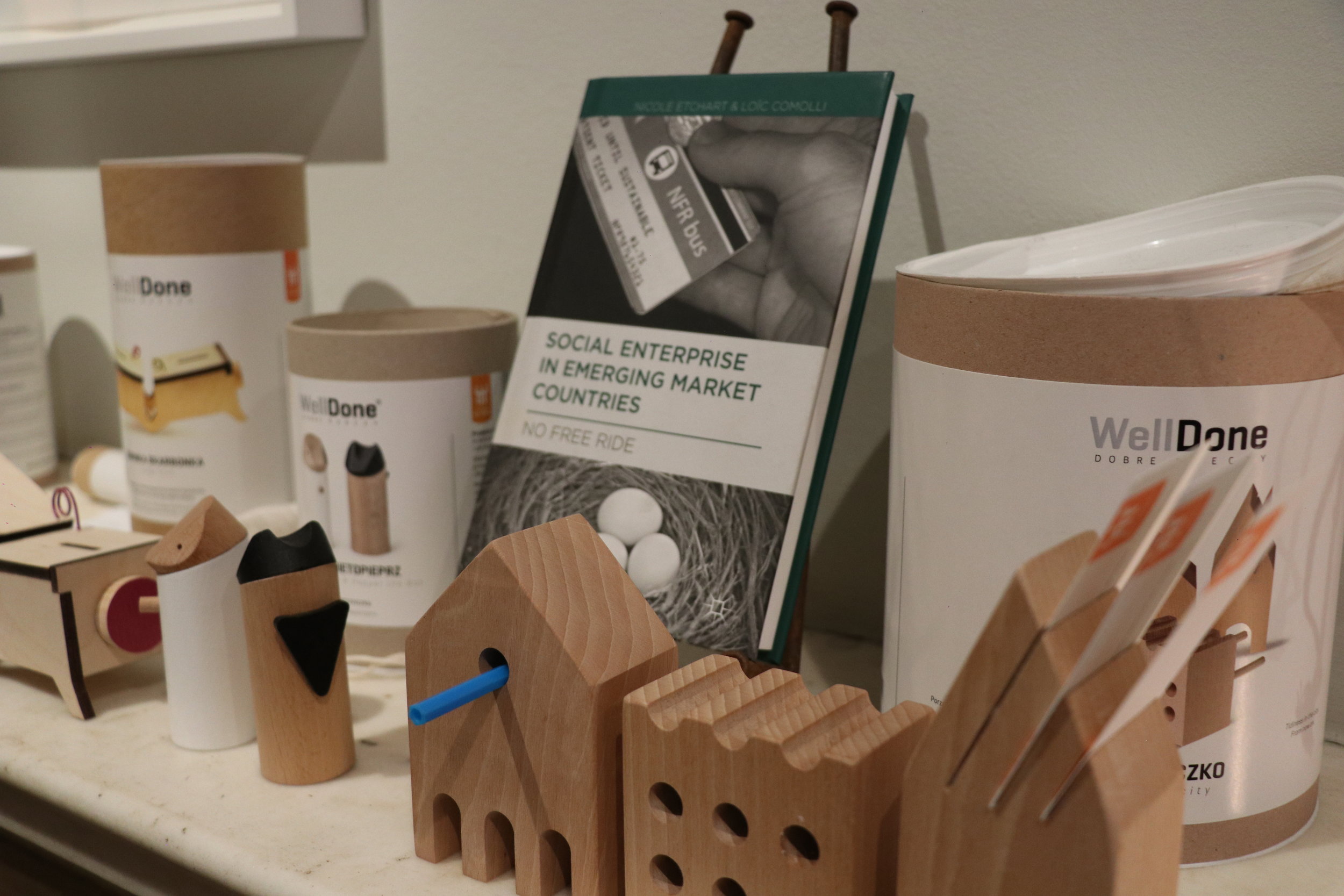
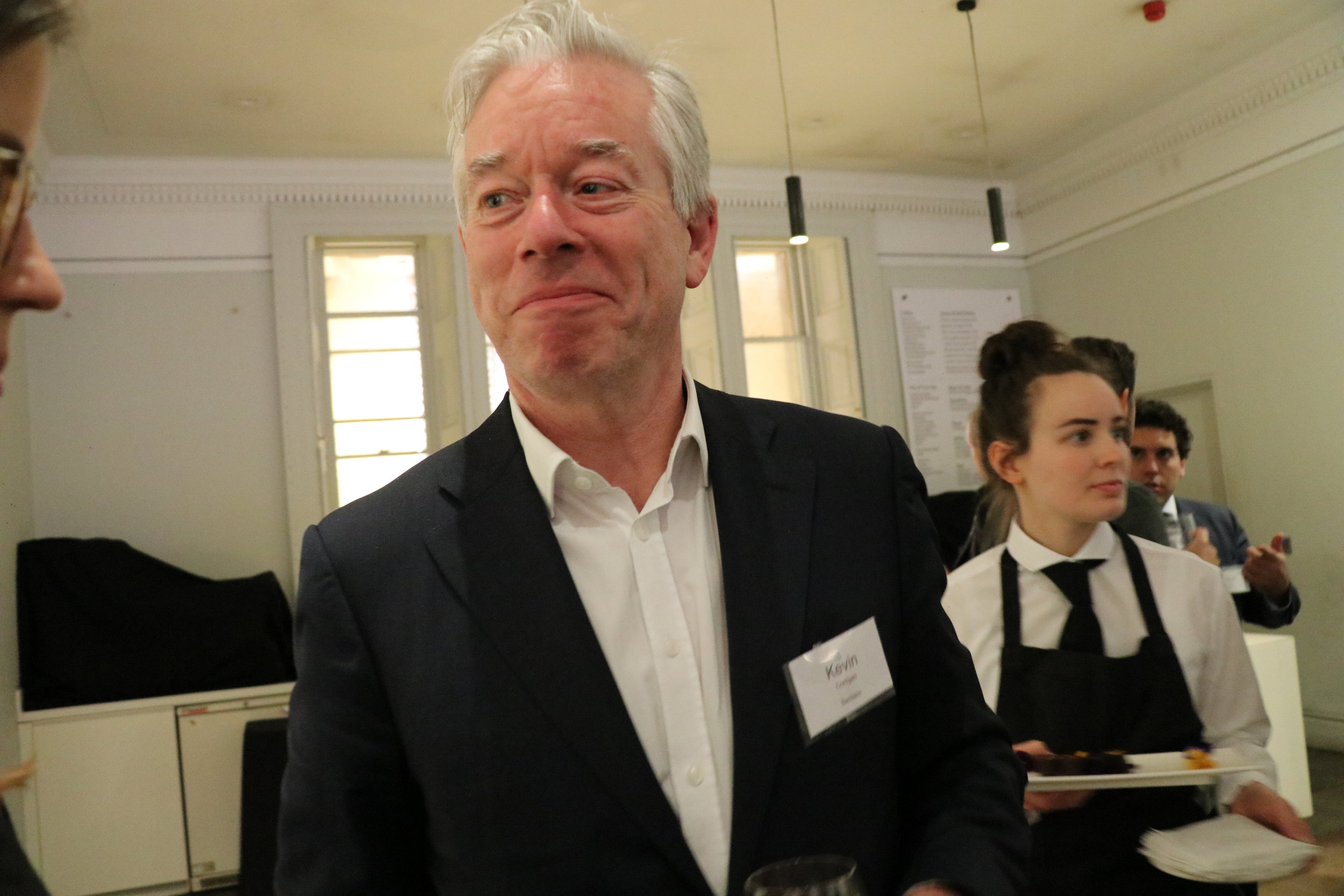
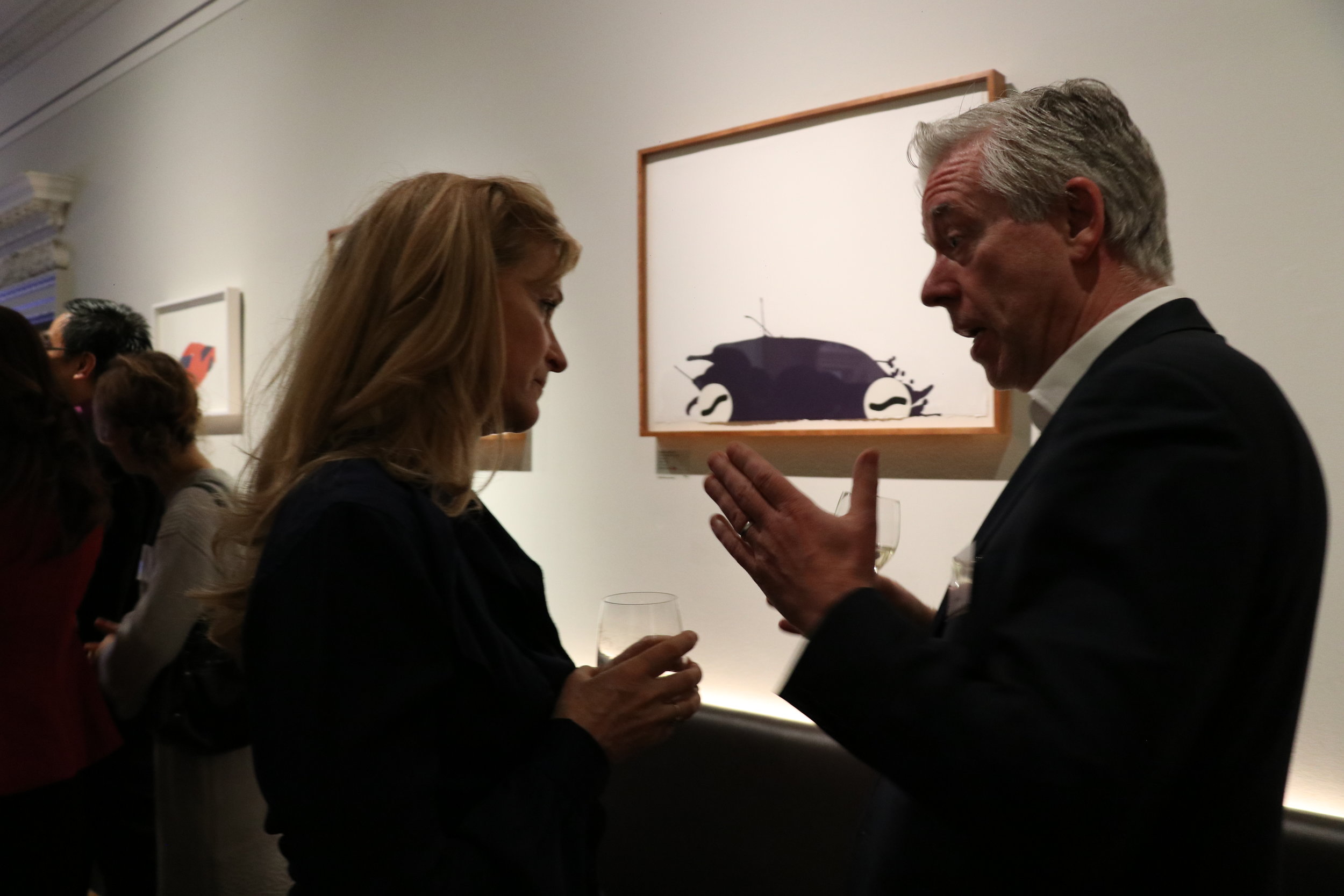
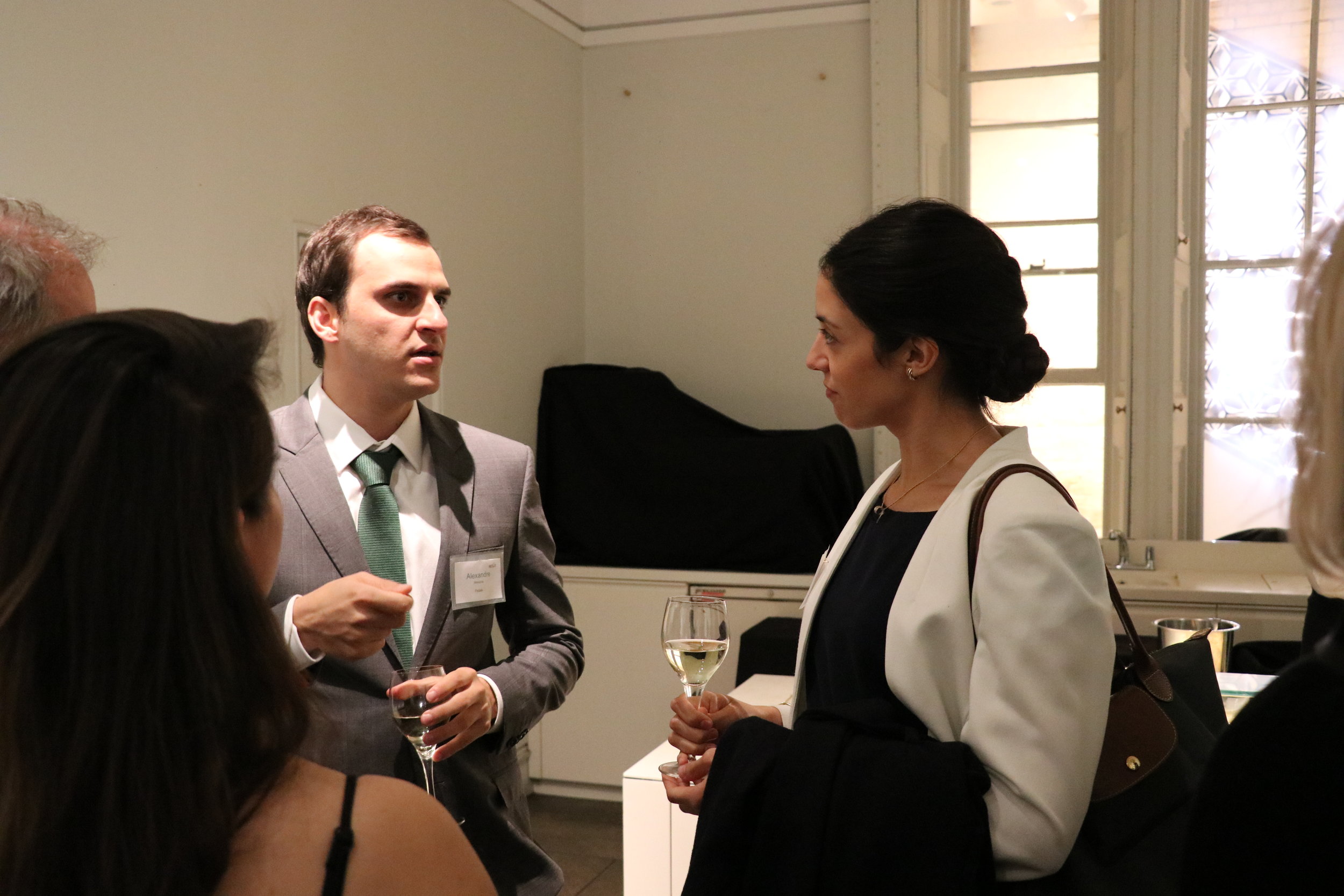
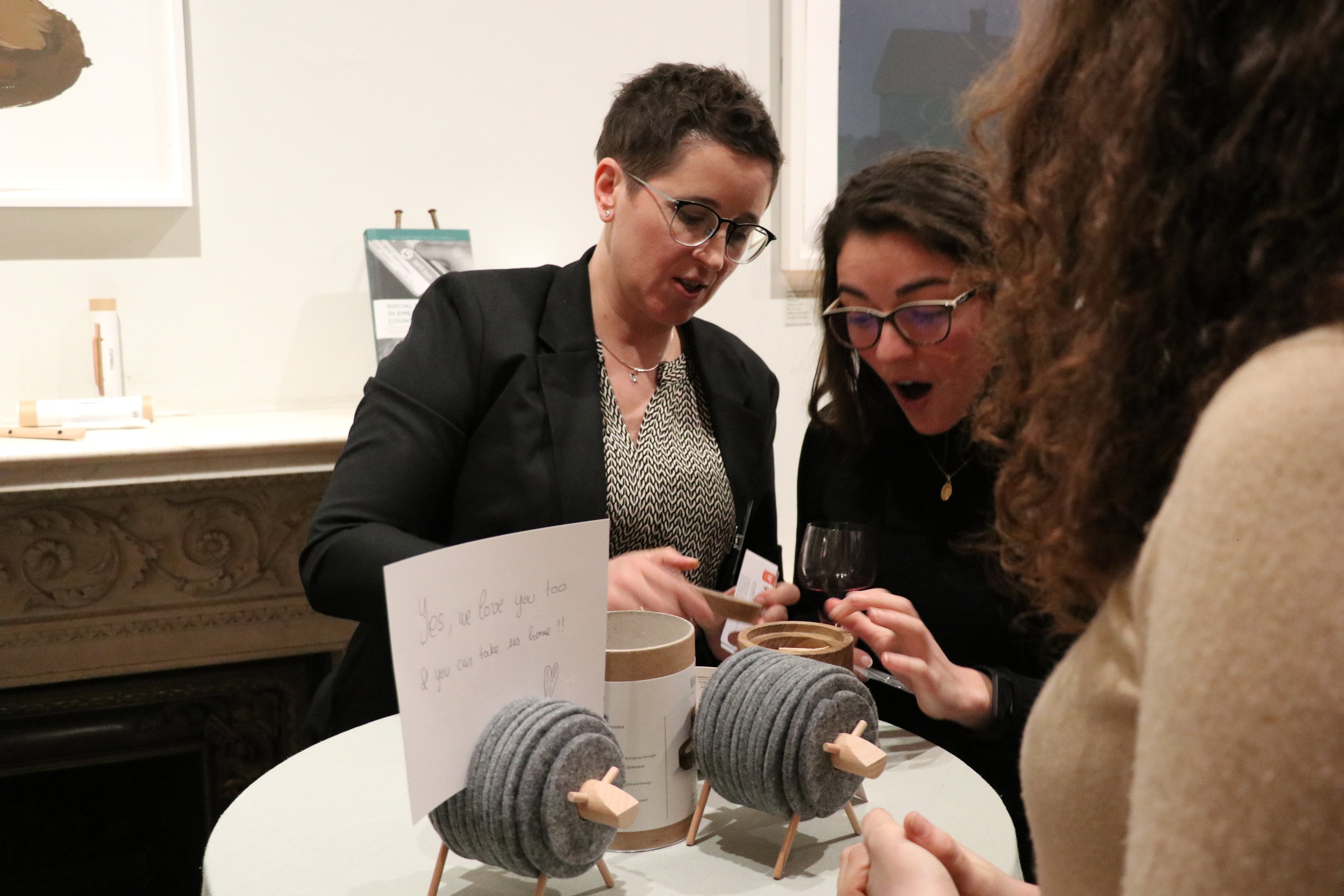
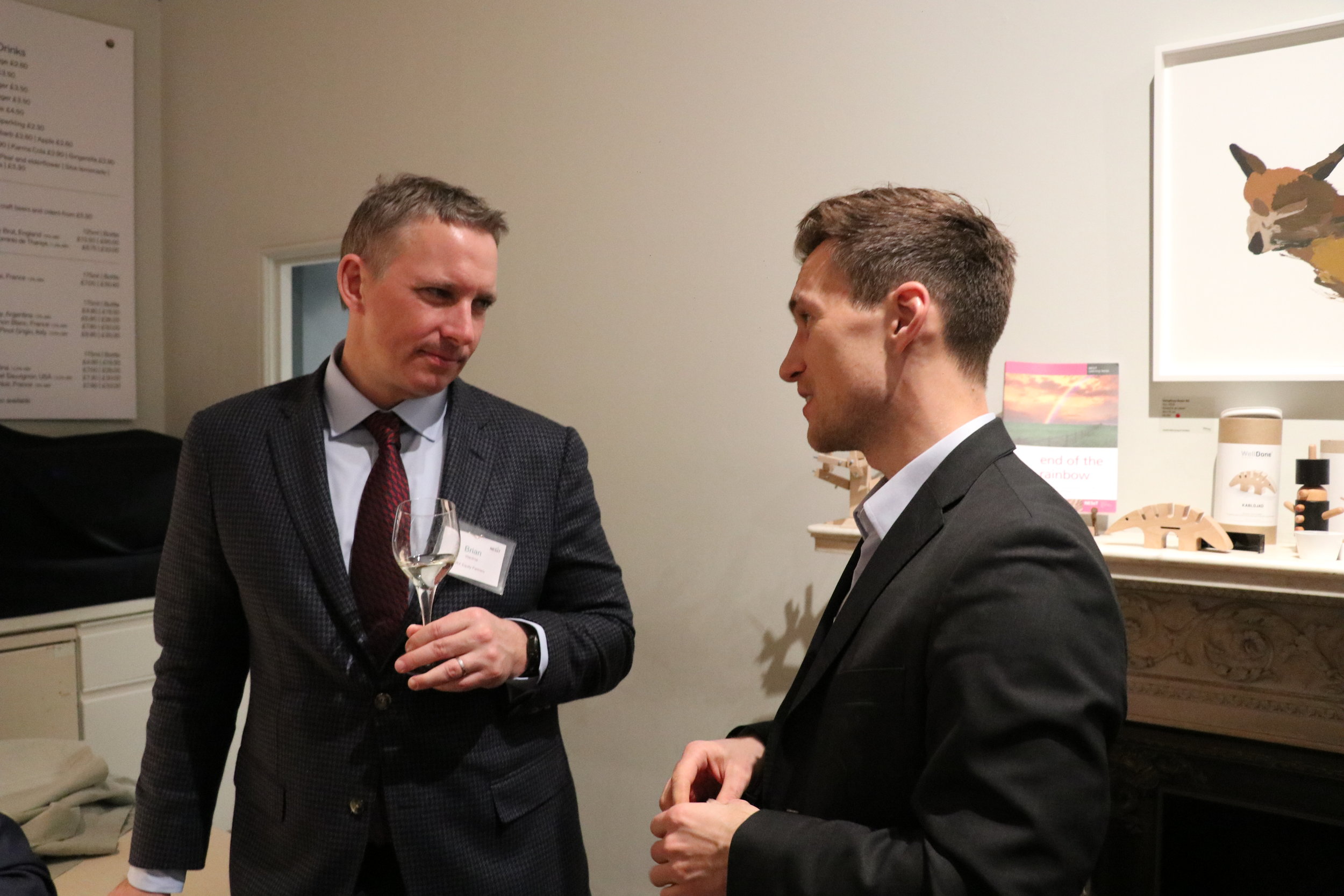
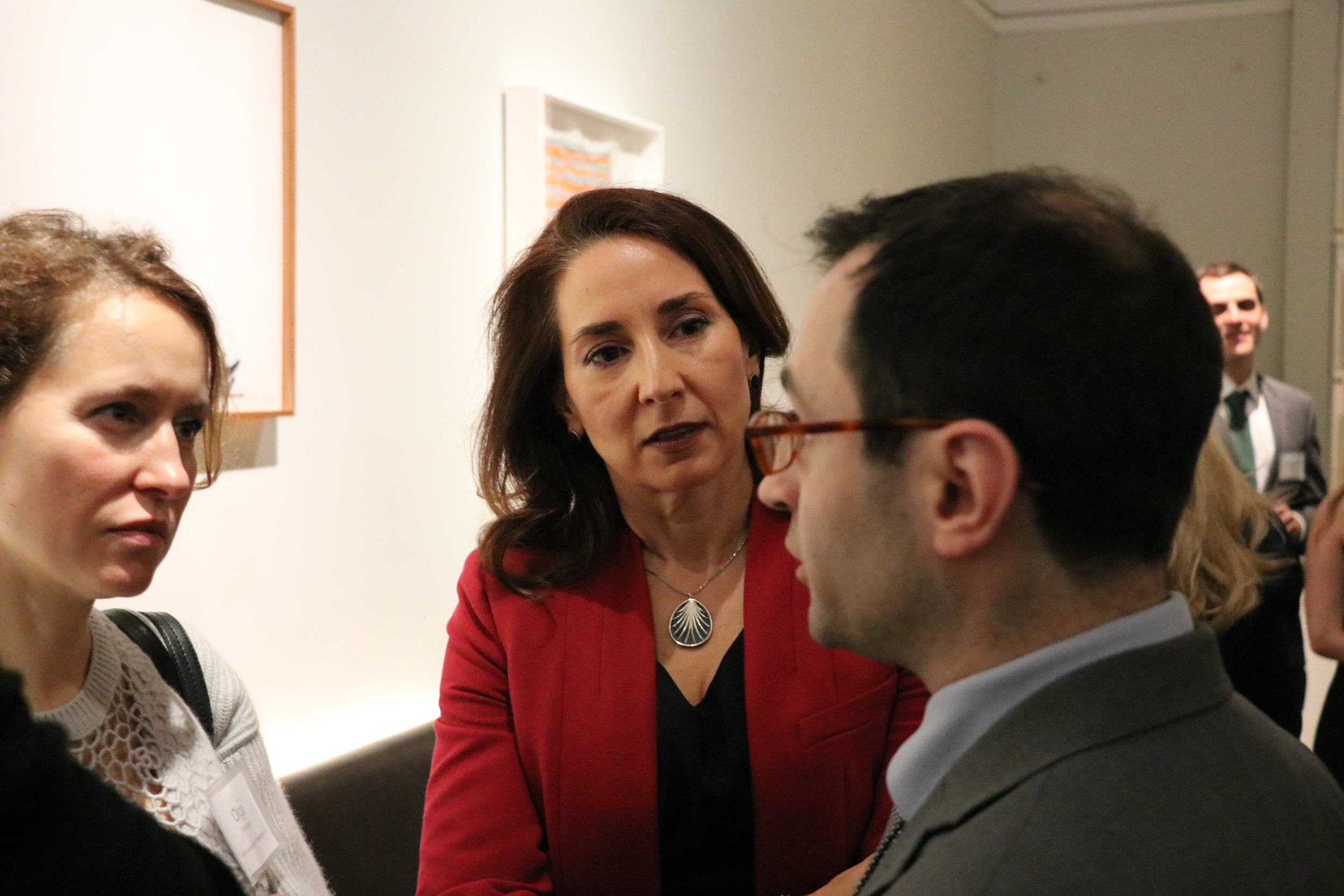
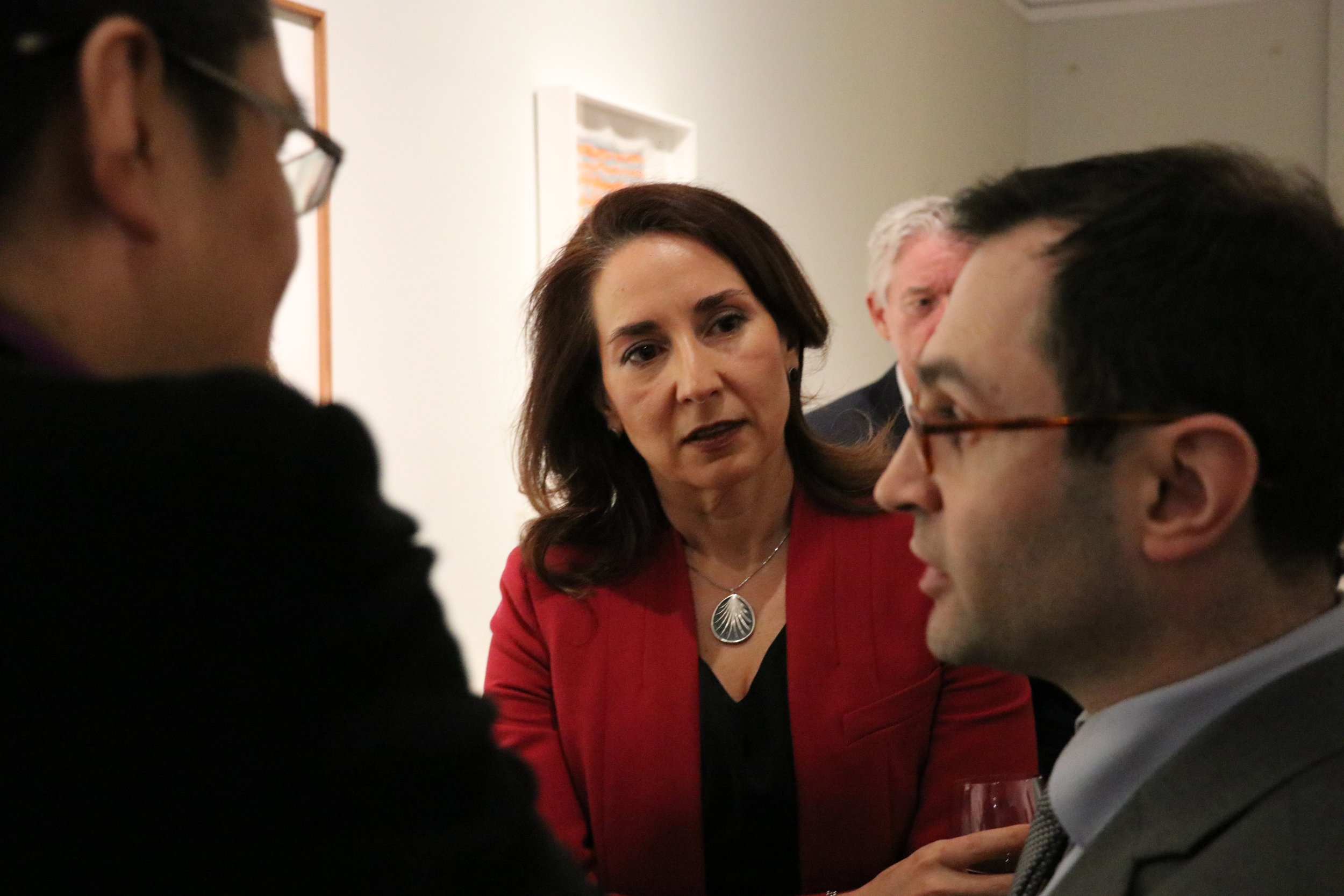
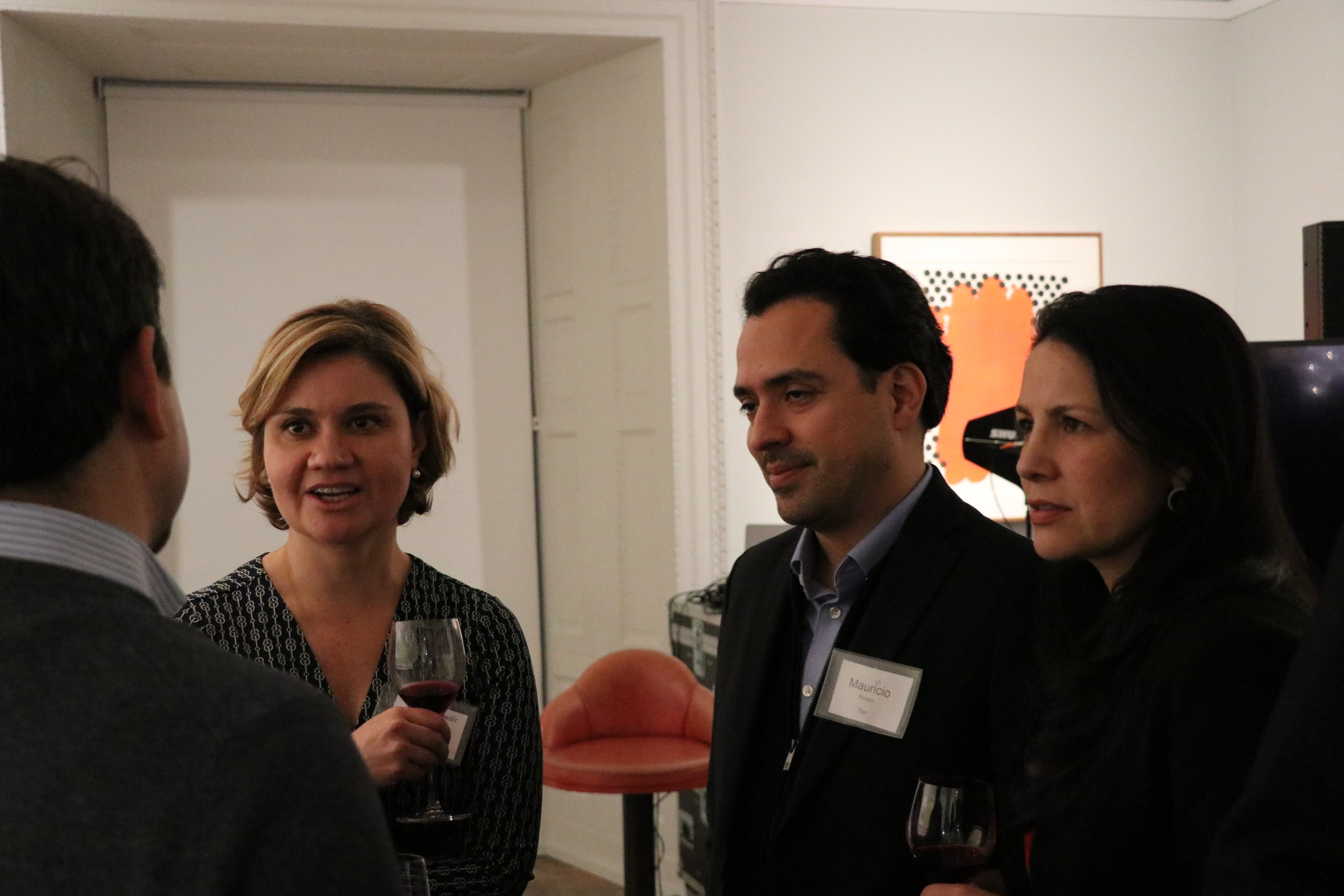
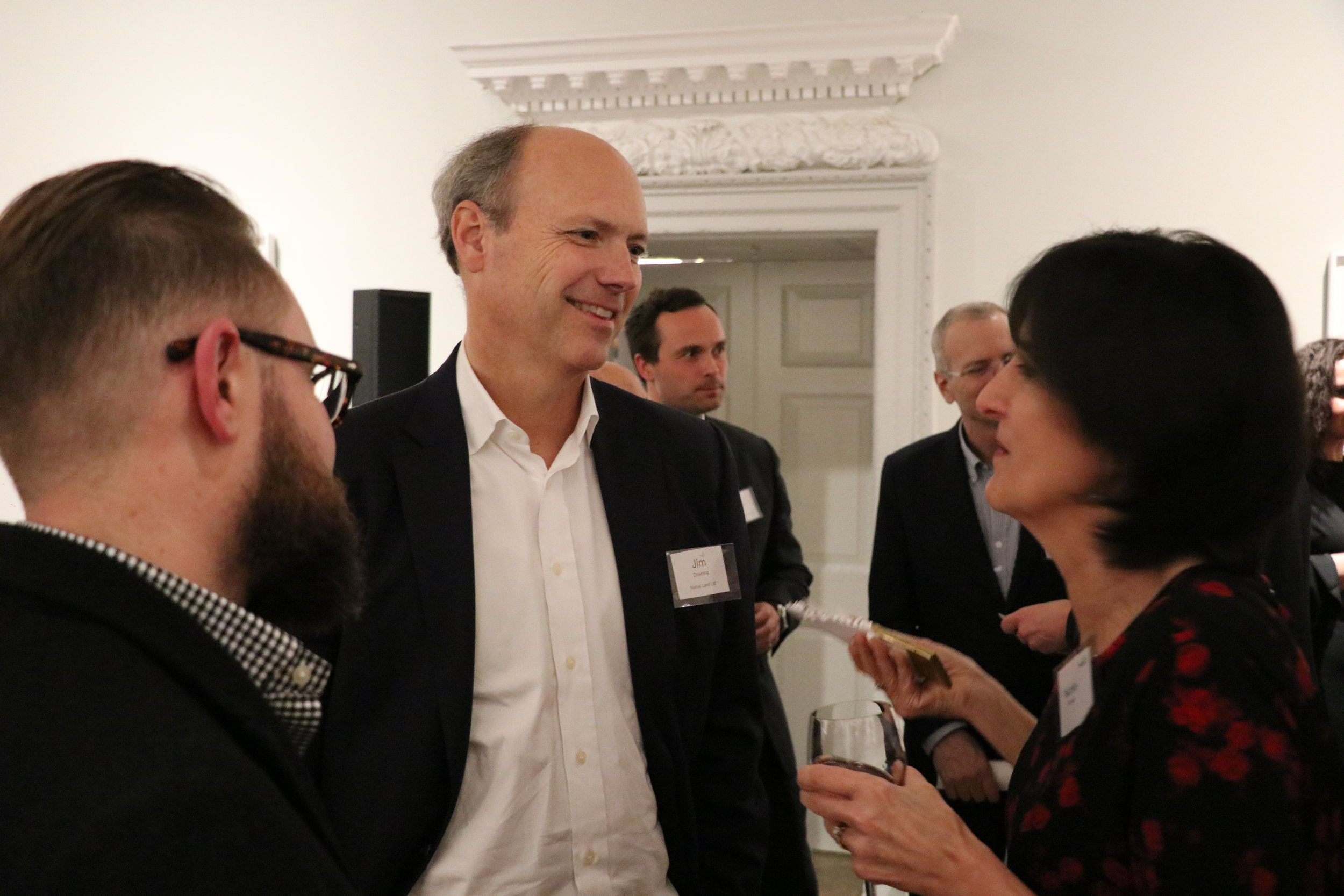
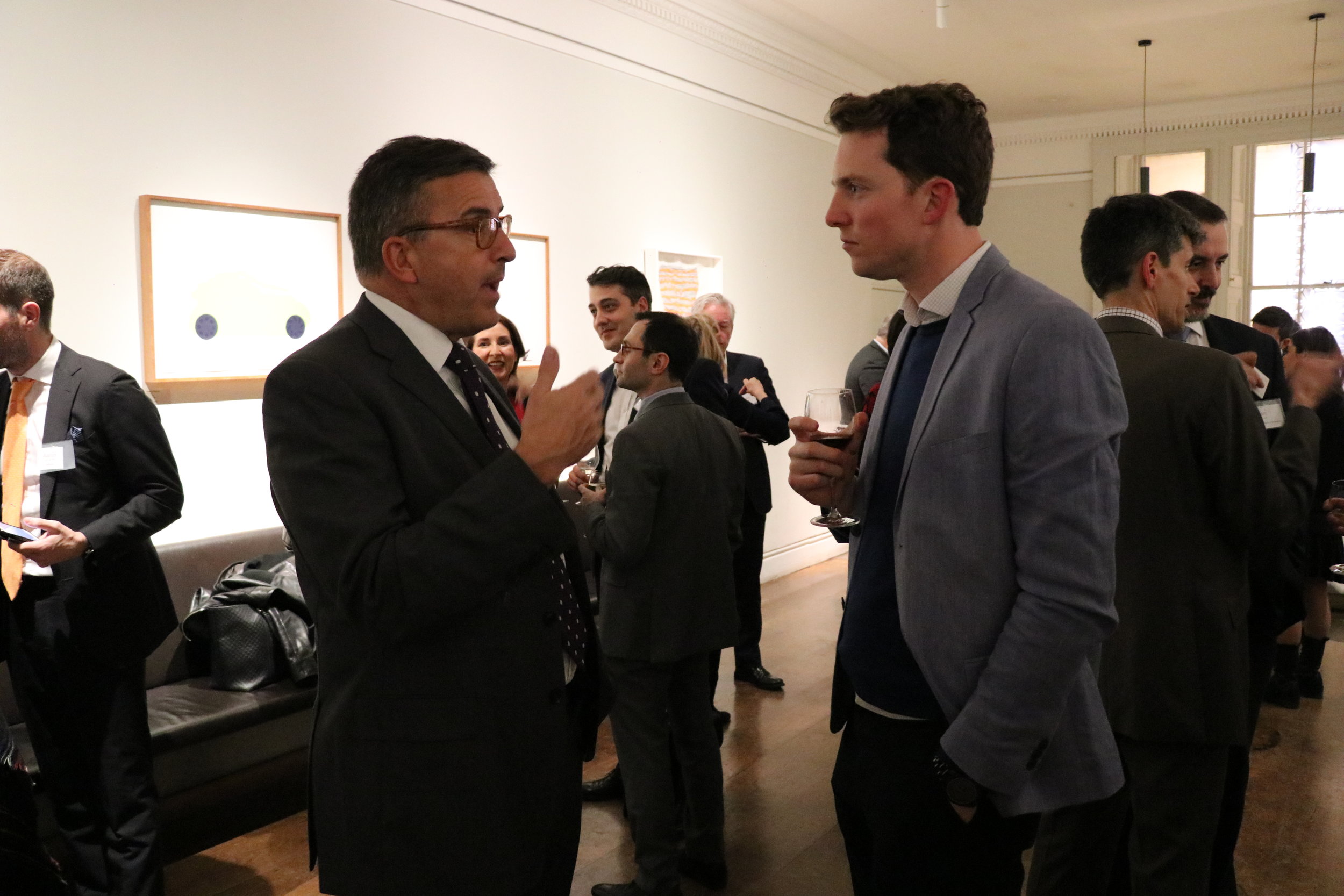
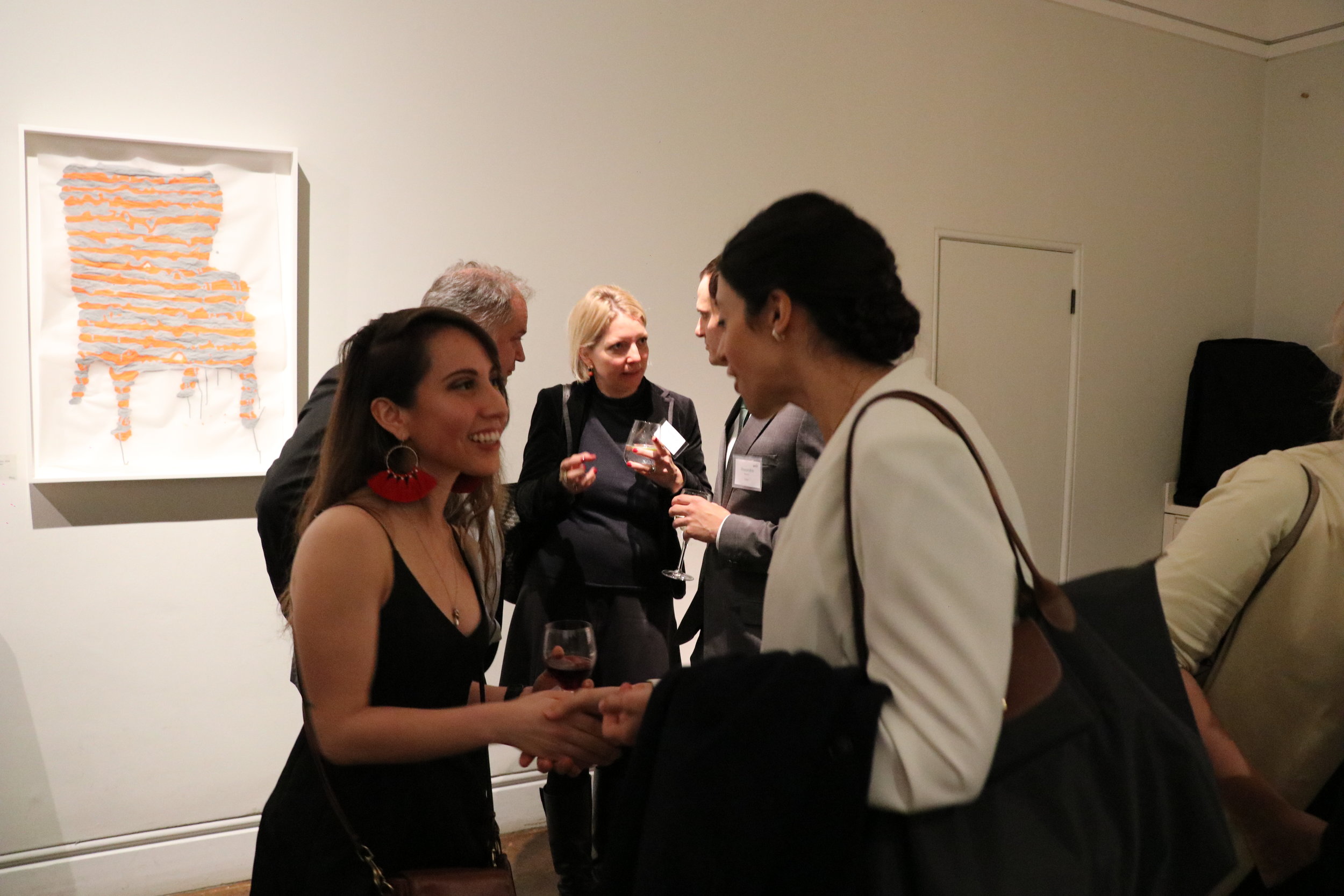
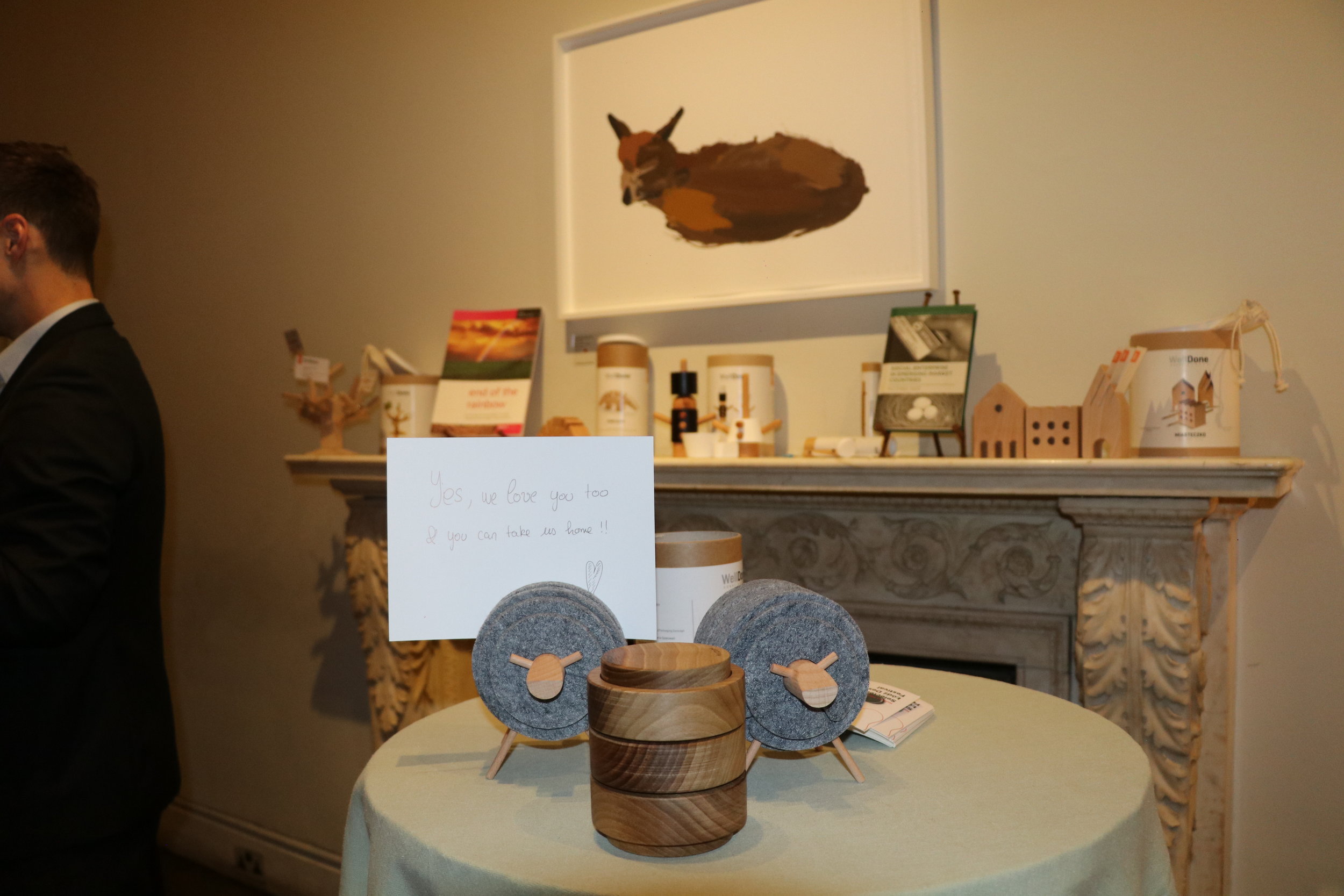
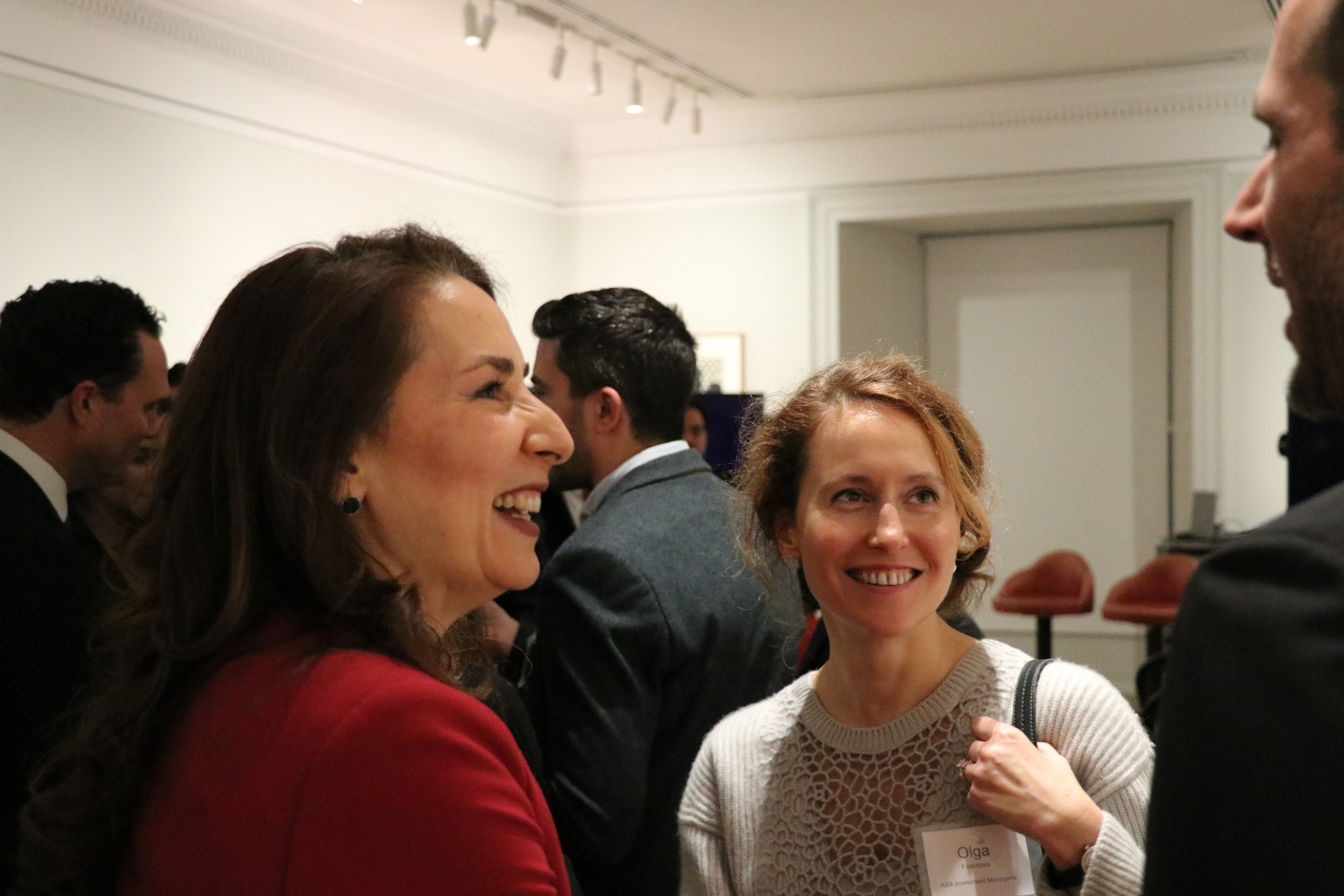
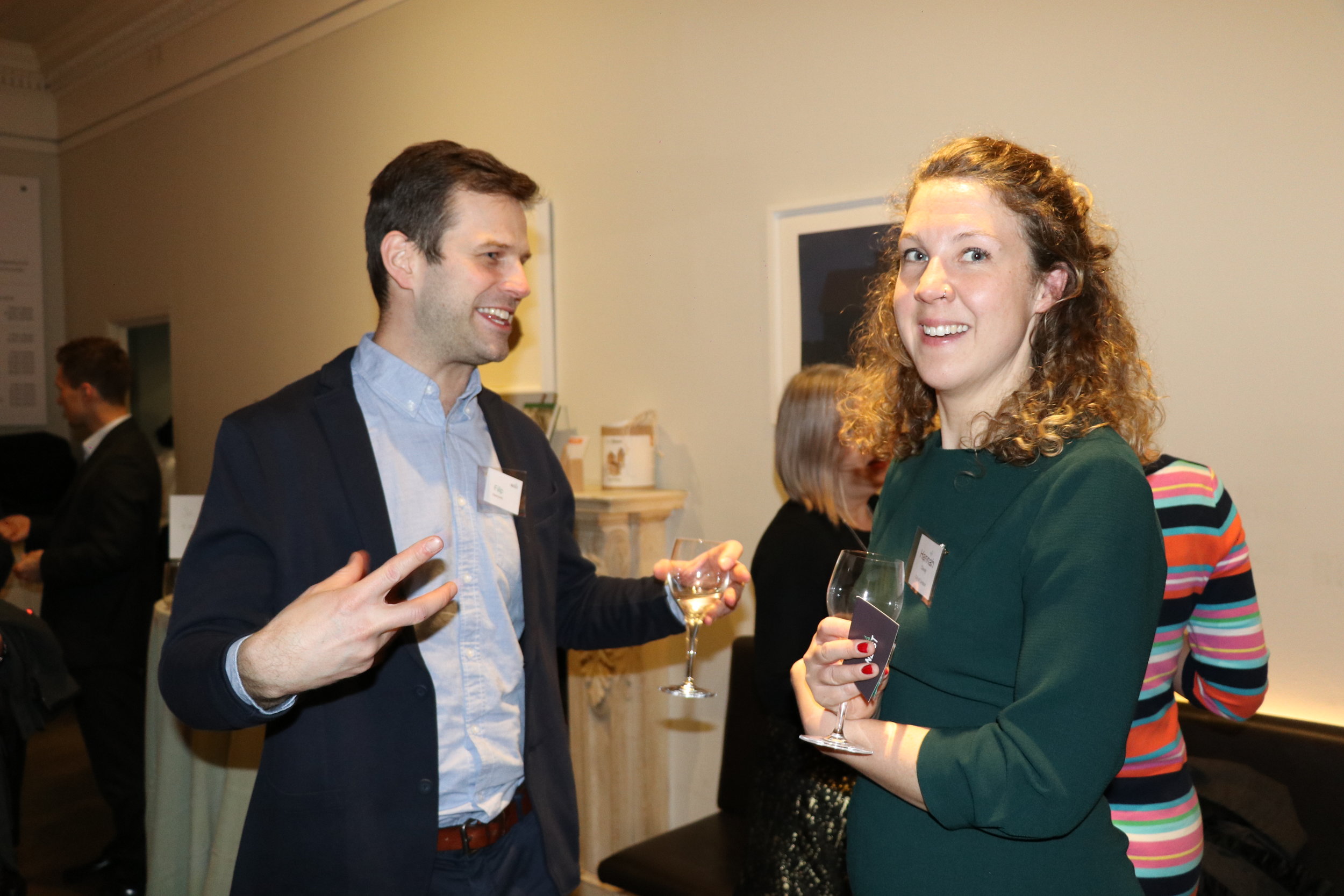
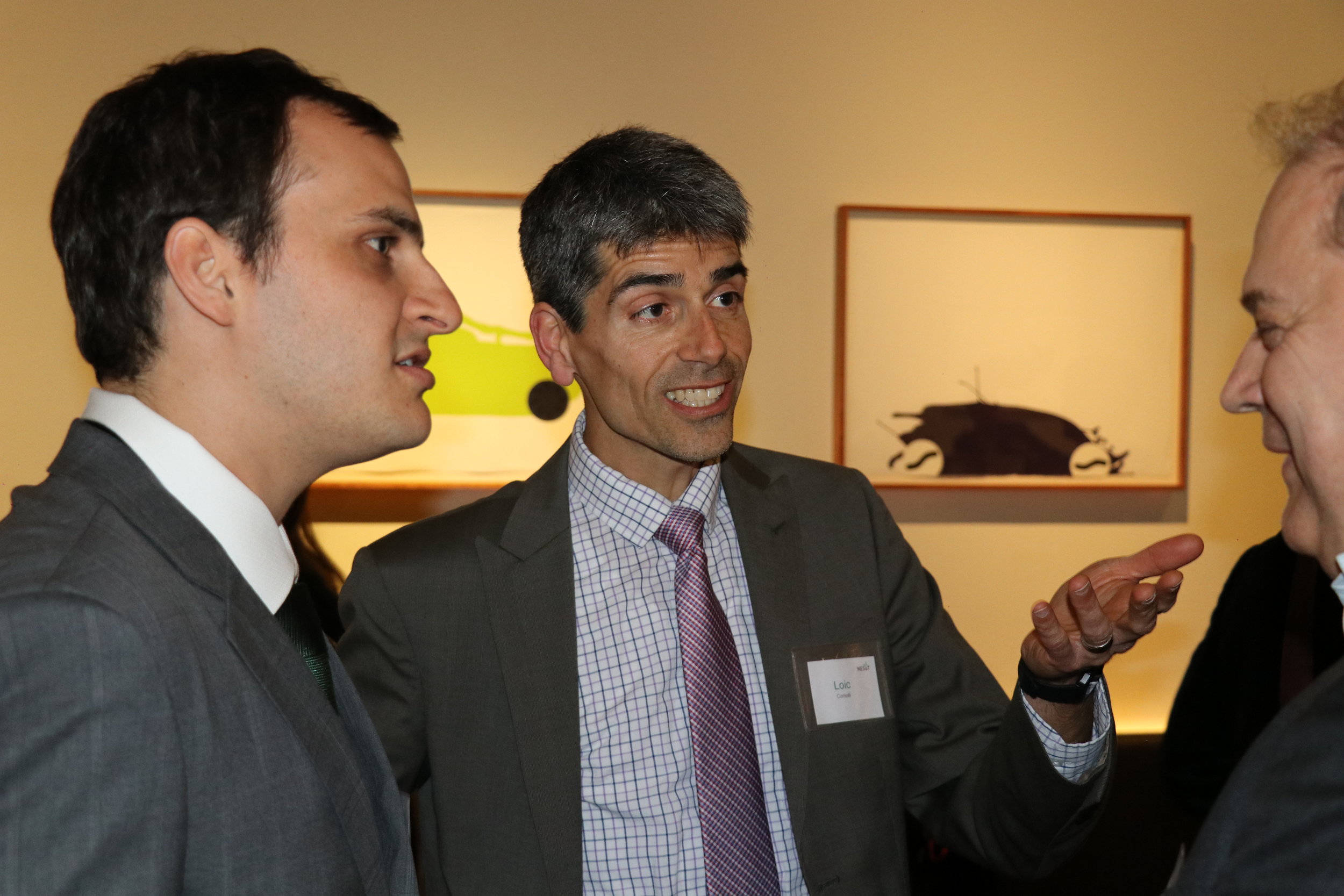
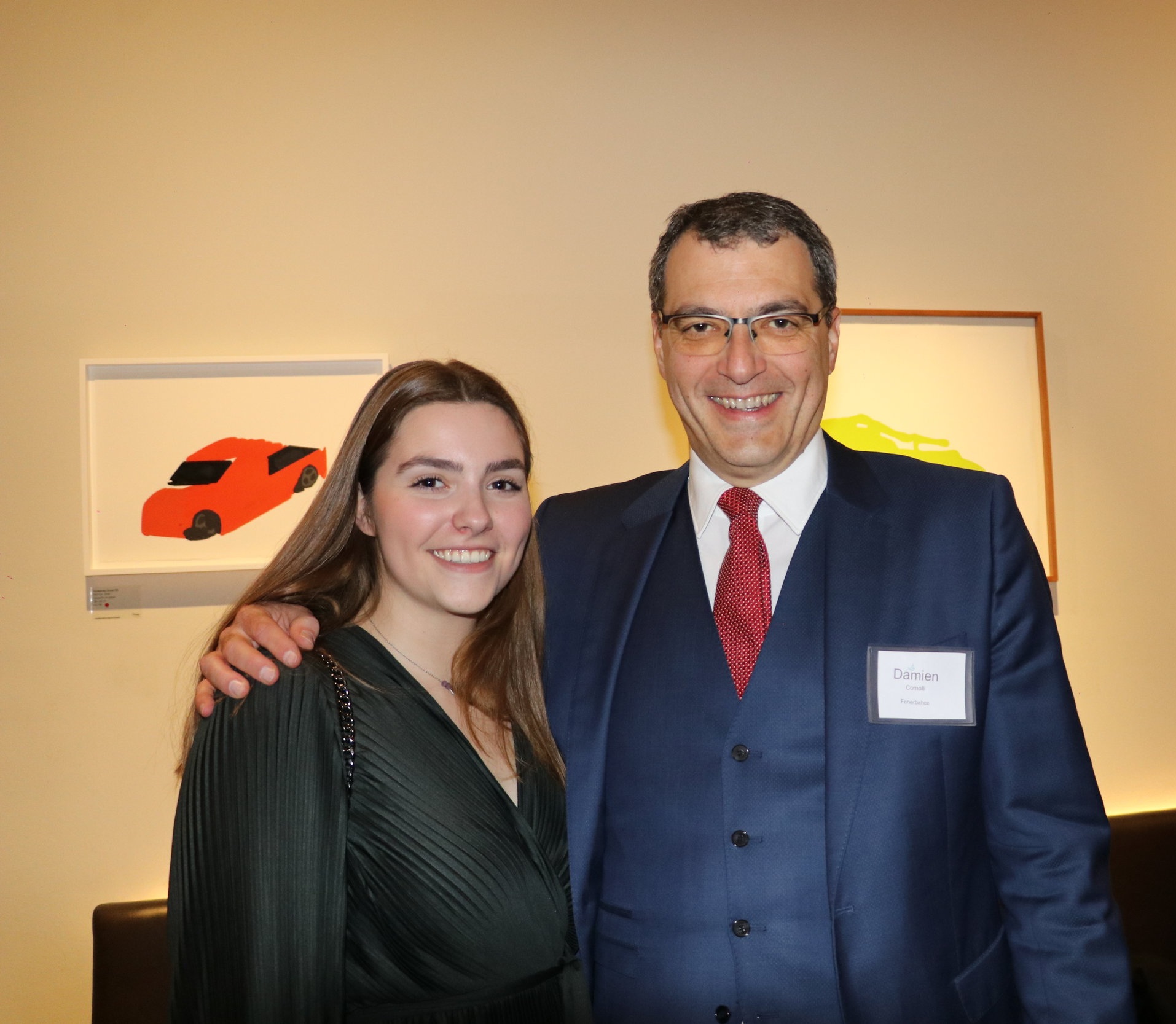
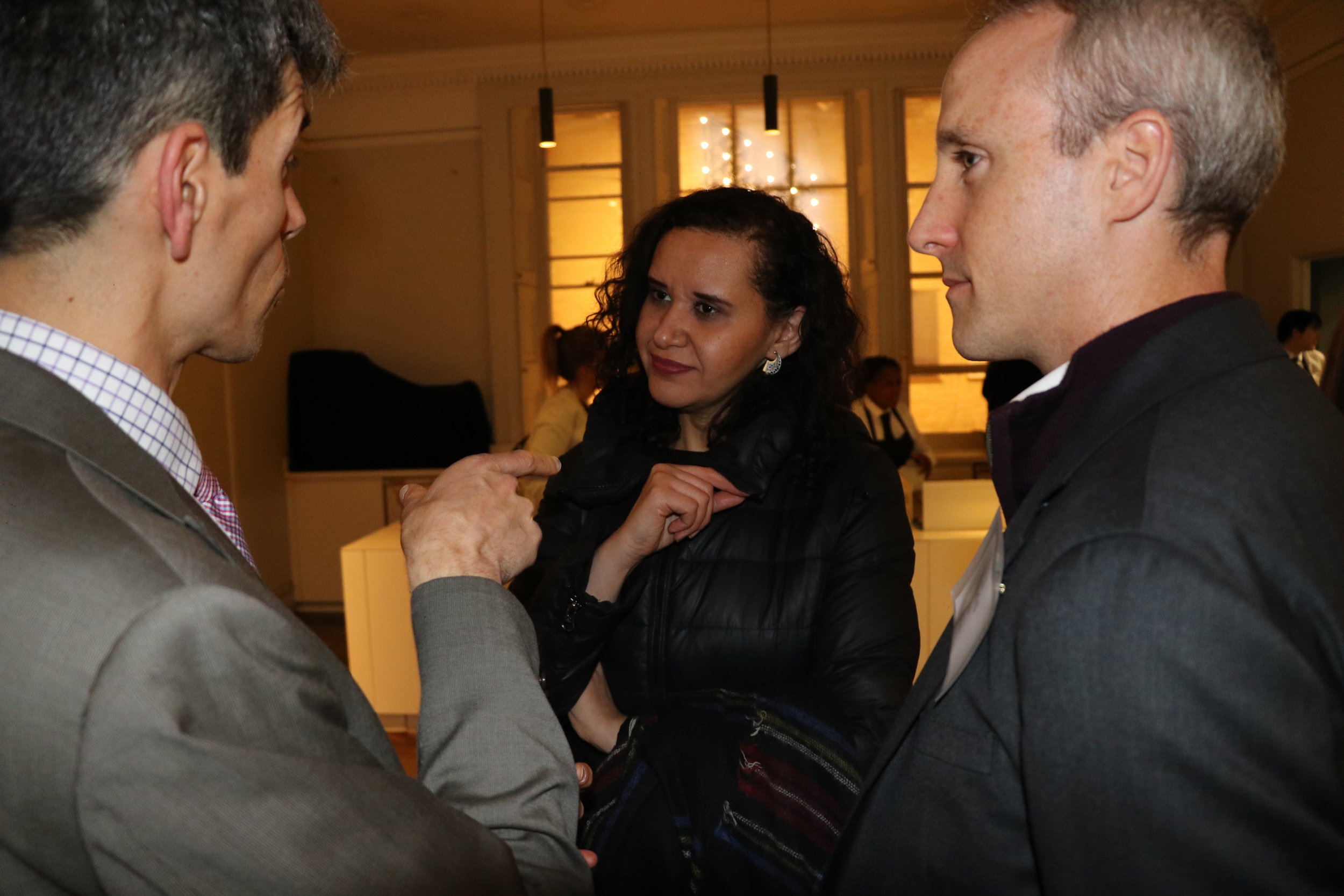
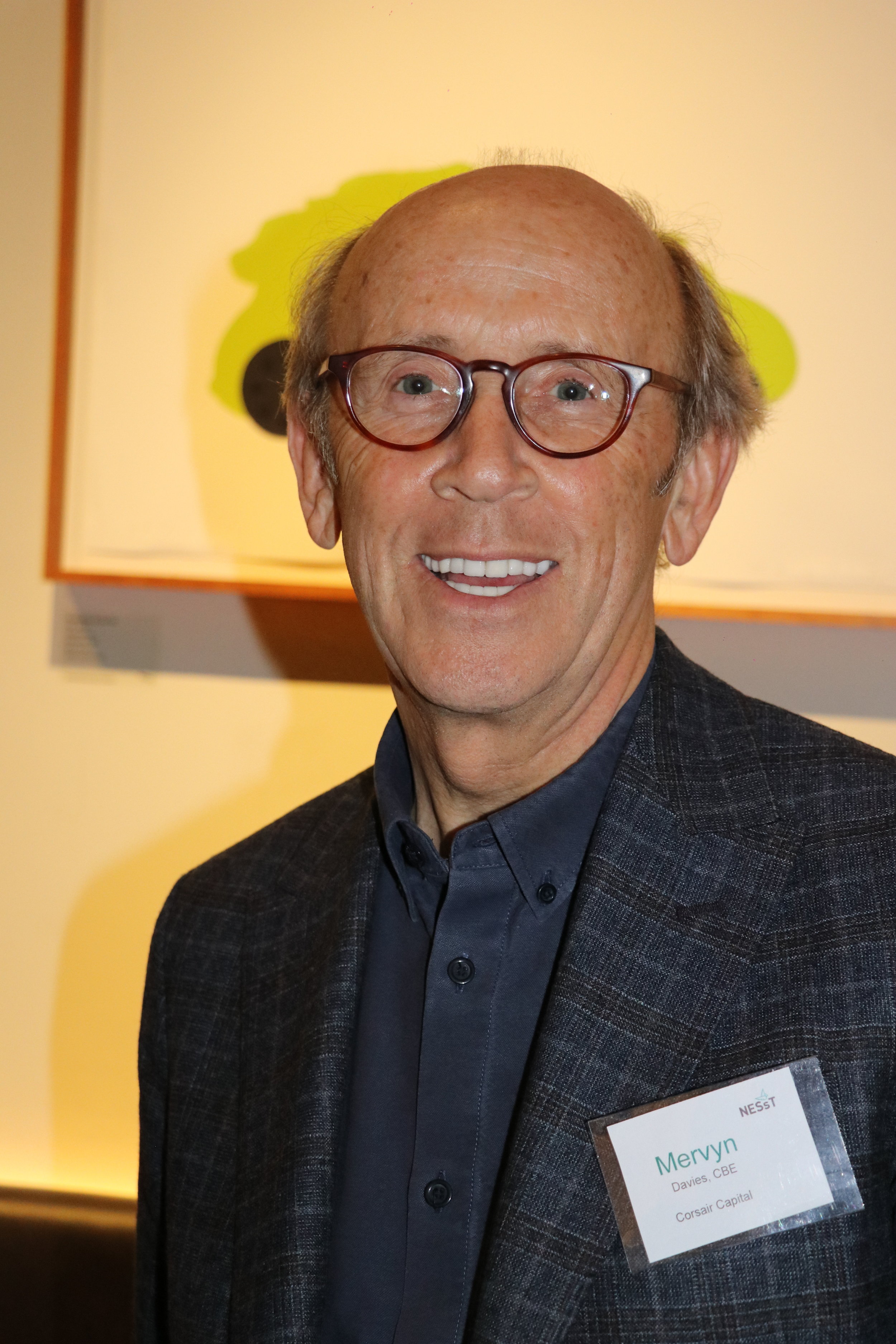
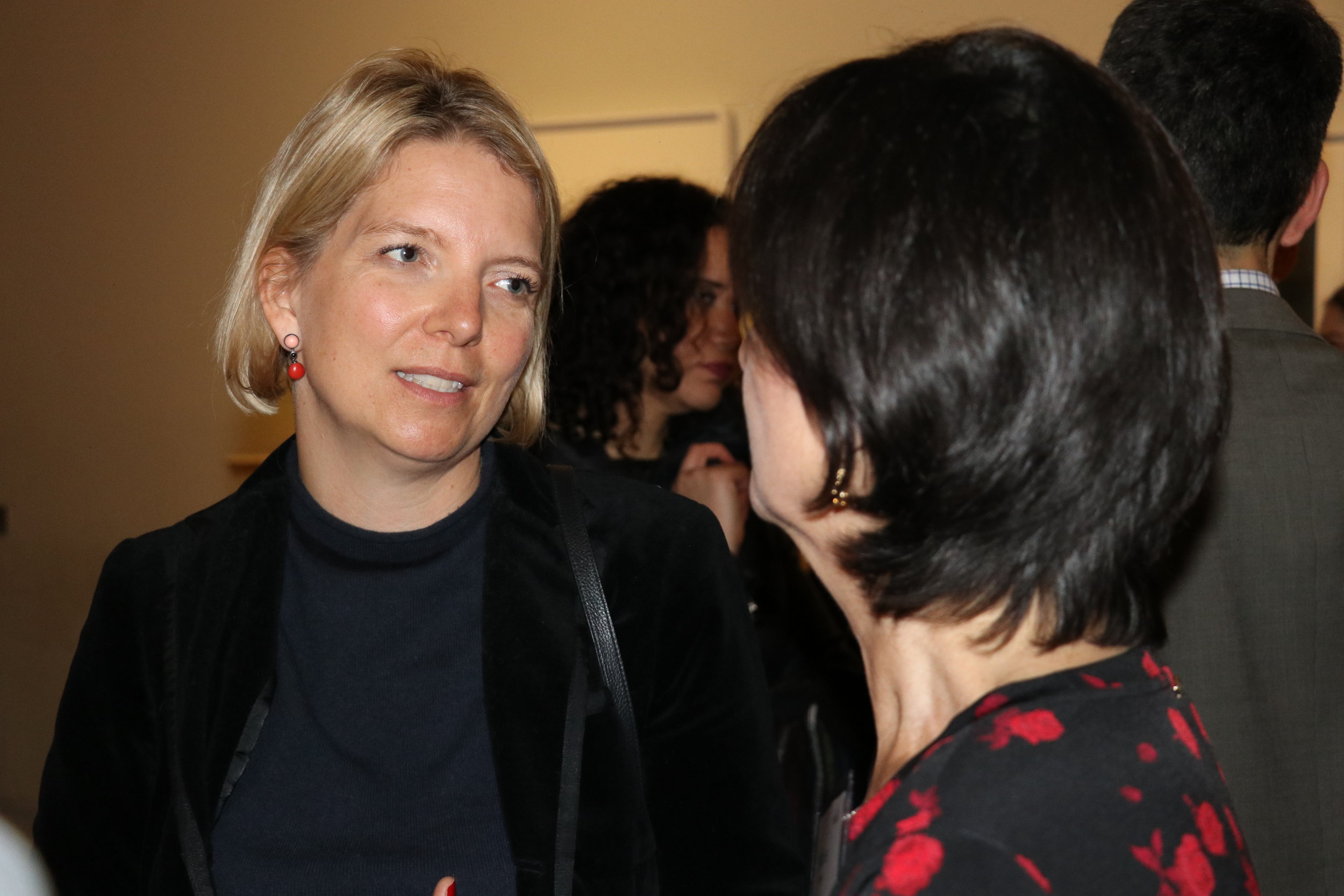
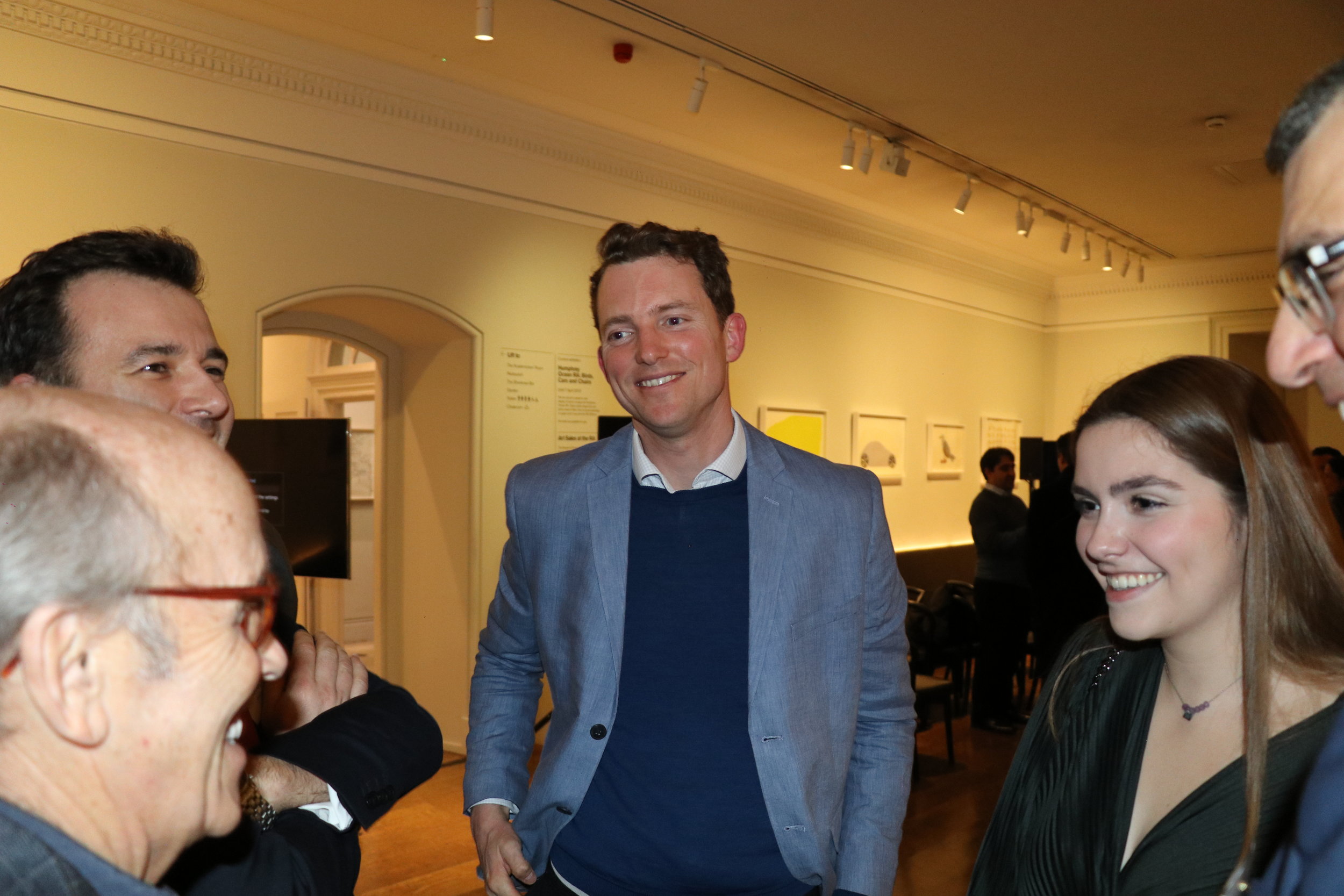
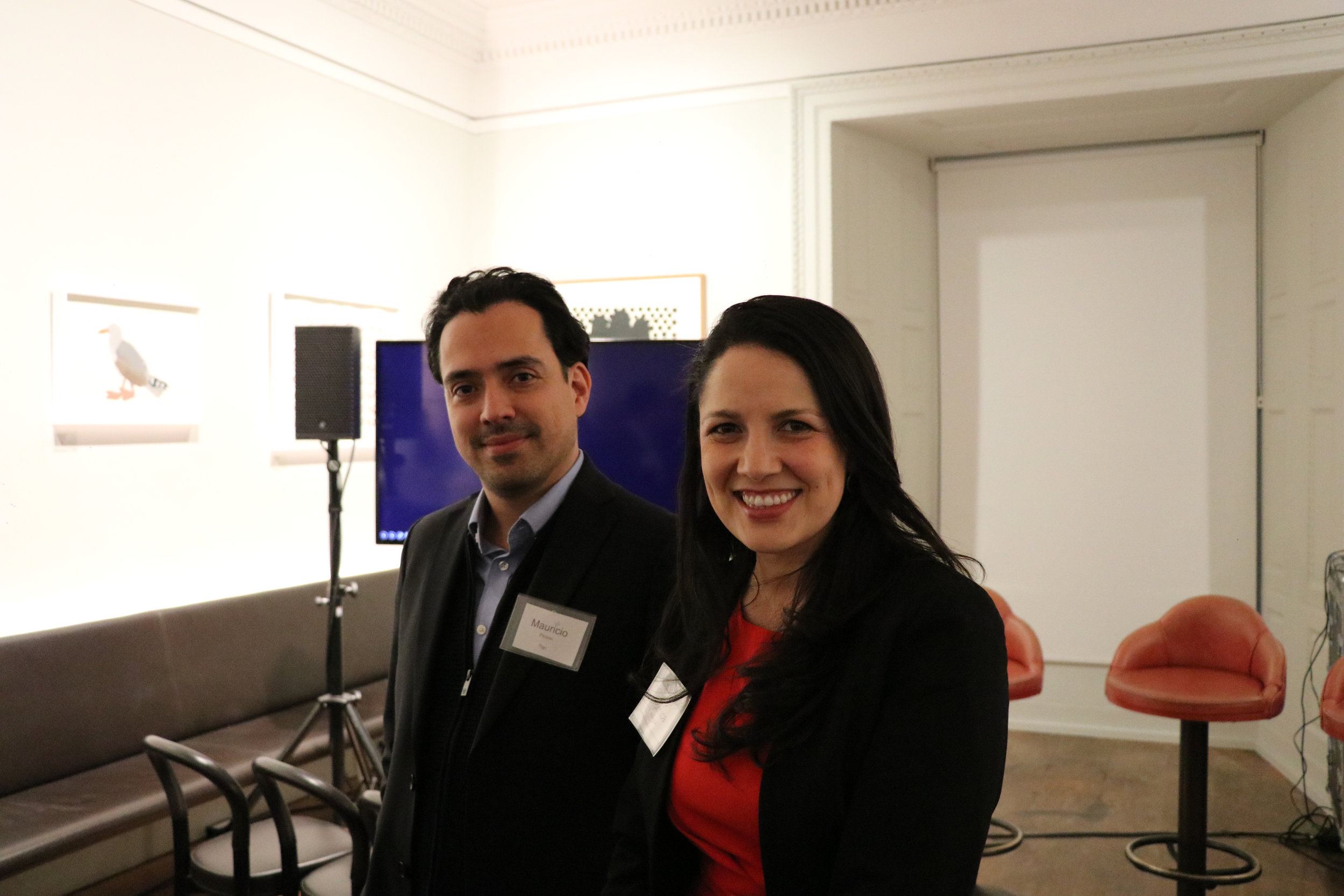
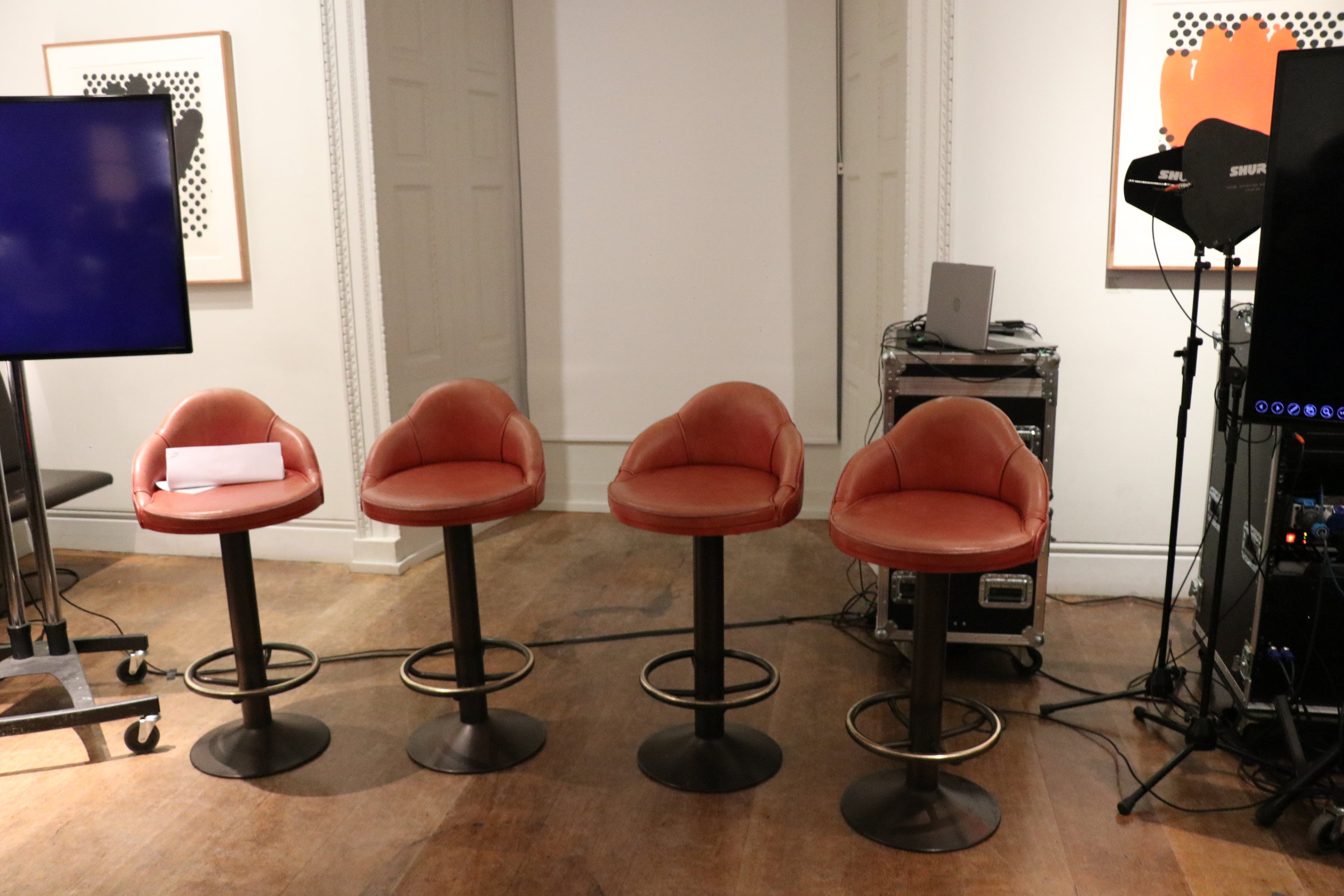
Photos: Joye Leventhal for NESsT


